LATEST NEWS

Teaming AI with Human Experts Improves Bridge Inspection Accuracy
CMU Group Uses Bridges-2 to Create Video Game for AI to Learn From, Teach Human Engineers
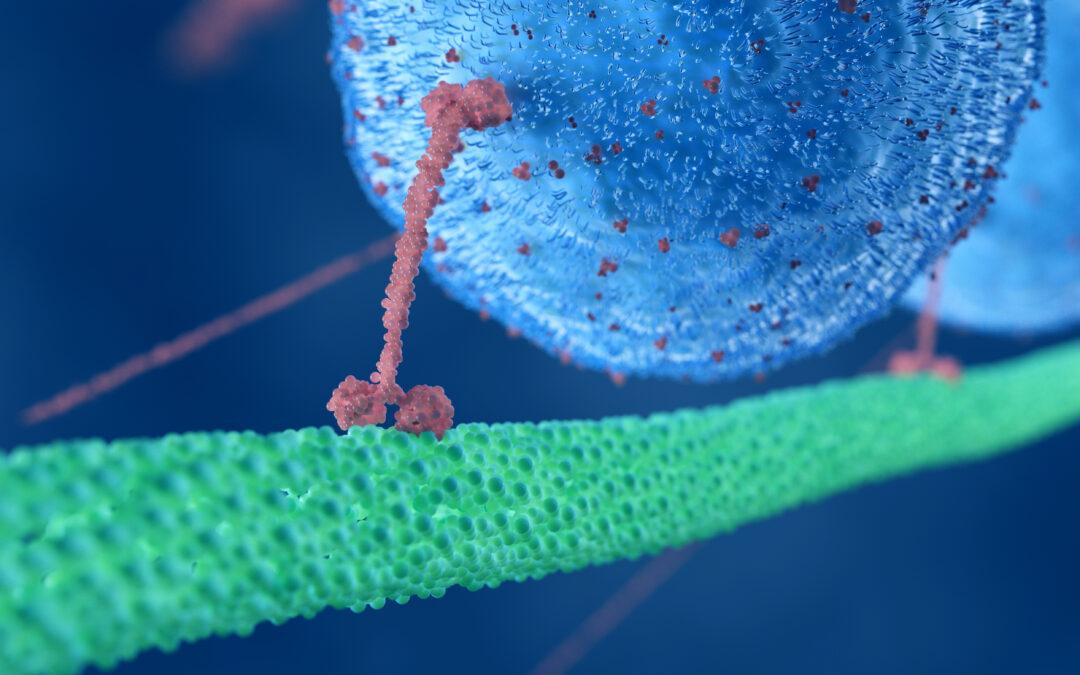
High School Students Study Nanotechnology, AI Heart Disease Detection Using Bridges-2
Unique Program at North Carolina School of Science and Mathematics Introduces Students to High Performance Computing
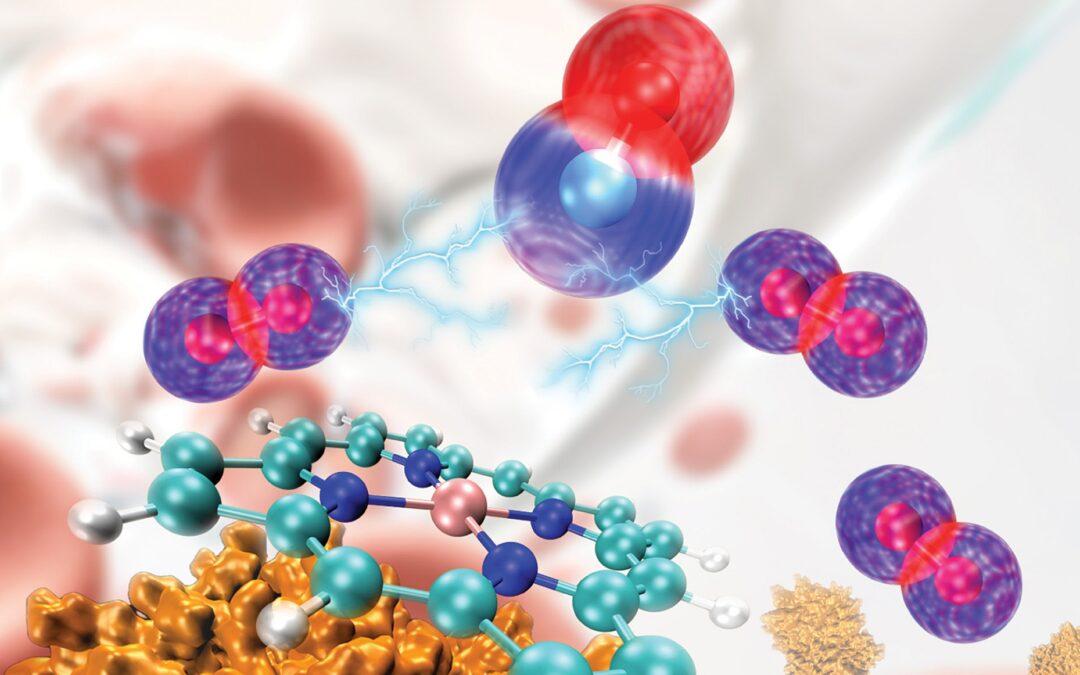
Corrected Numbers Allow Accurate Simulation of Oxygen Kicking Carbon Monoxide out of Hemoglobin
AI-Derived Parameters and Simulations on PSC’s Flagship Bridges-2 Offer Therapeutic Target for Carbon Monoxide Poisoning

North American Bird Populations Declining Even in Prime Habitat
Cornell Study Used PSC’s Bridges-2 to Analyze Data Including Observations from Birdwatcher Volunteers
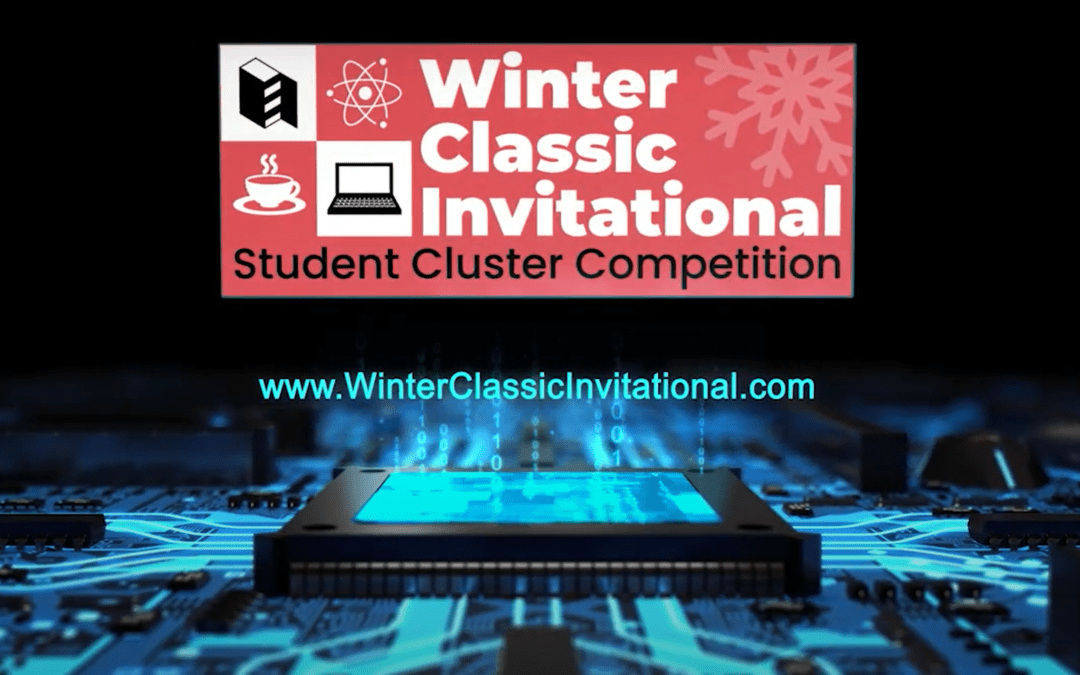
PSC Mentors 2025 Winter Classic Invitational Student Cluster Competition
Students Install and Benchmark Quantum Espresso Code on Bridges-2 for the Final Challenge of Cluster Competition
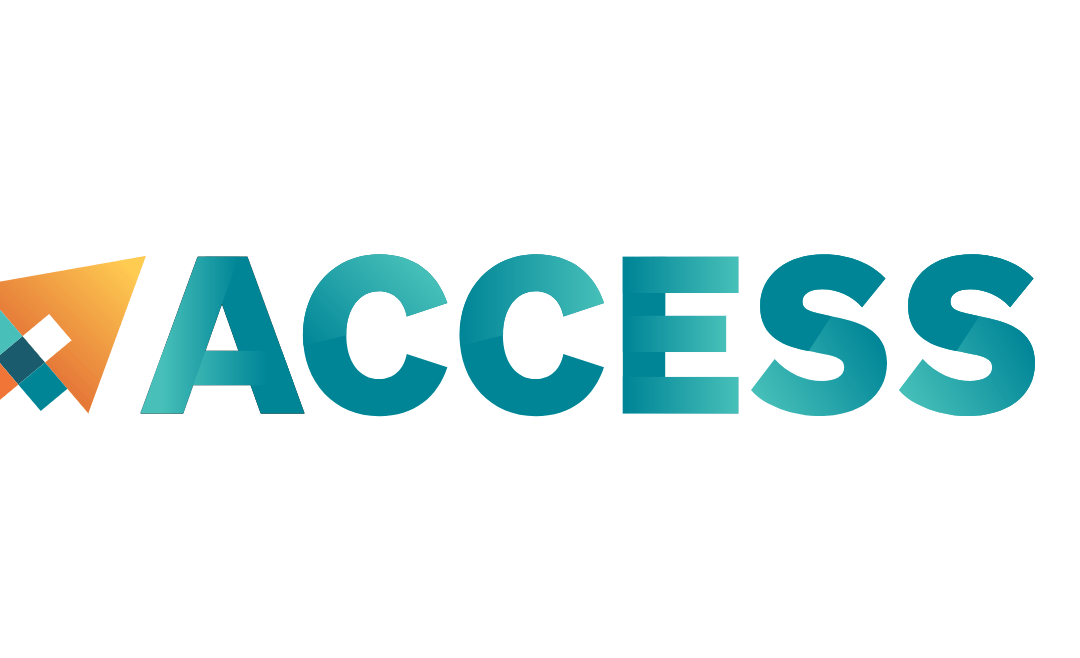
New Tools Available from PSC ACCESS Collaborations
The ACCESS Allocations team has released a new option for campus CI facilitators to connect your researchers and instructors directly to information about the NSF ACCESS program and its resources. An ACCESS On-Ramp is an inline JavaScript component that organizations...
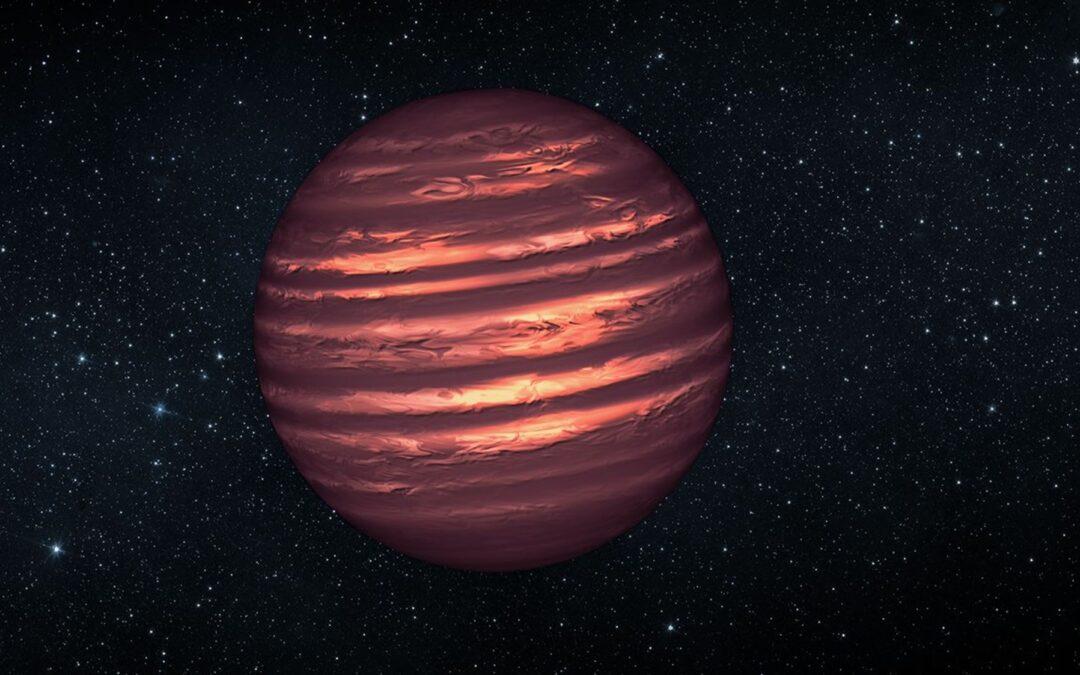
Team Identifies, Finds Age of Three Brown Dwarfs in Outskirts of Our Galaxy
Study of Substellar Objects Using Bridges-2 Sheds Light on Globular Cluster Age and Early Development of Universe
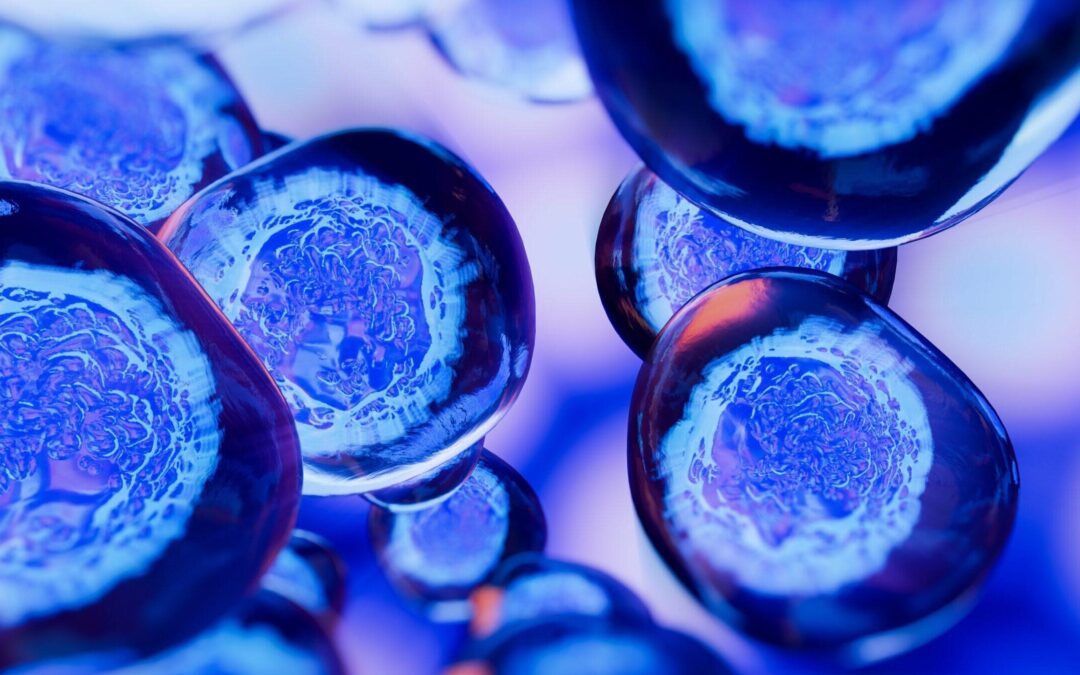
Third-Generation Anton Supercomputer Operational
Anton is a special-purpose supercomputer for biomolecular simulation, designed and constructed by D. E. Shaw Research (DESRES), that can perform molecular dynamics simulations roughly 100 times faster than any other general-purpose supercomputer. With the latest,...
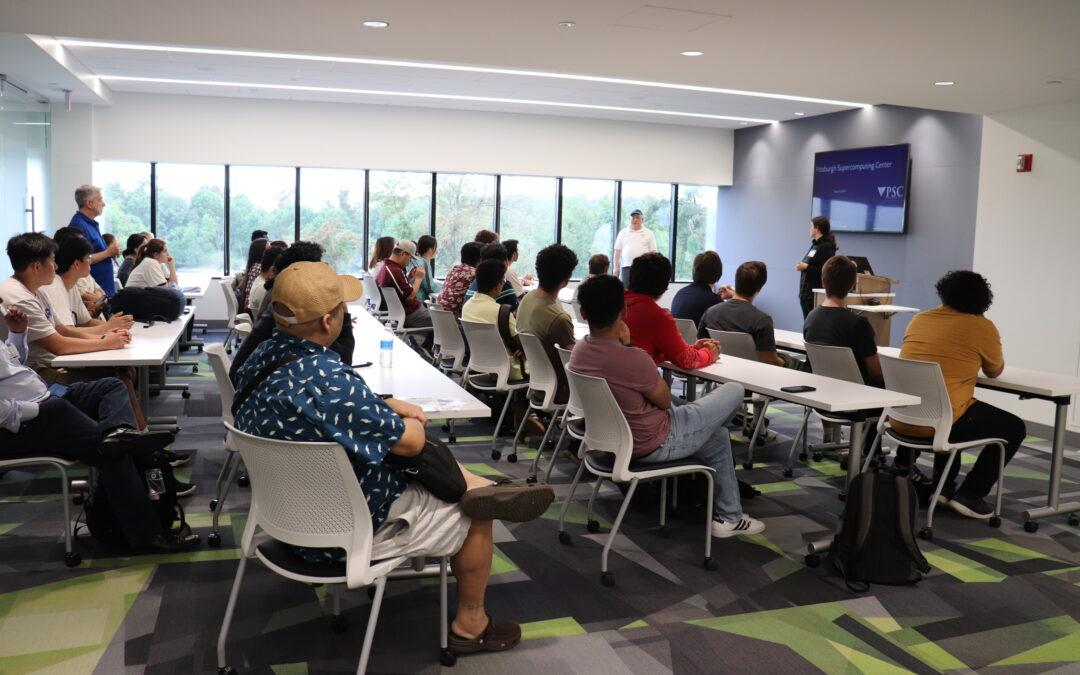
PSC Partners Again in ByteBoost Cybertraining Program
PSC joins with NSF-funded ACCESS partners Stony Brook University and Texas A&M University to host the ByteBoost Cybertraining Program.
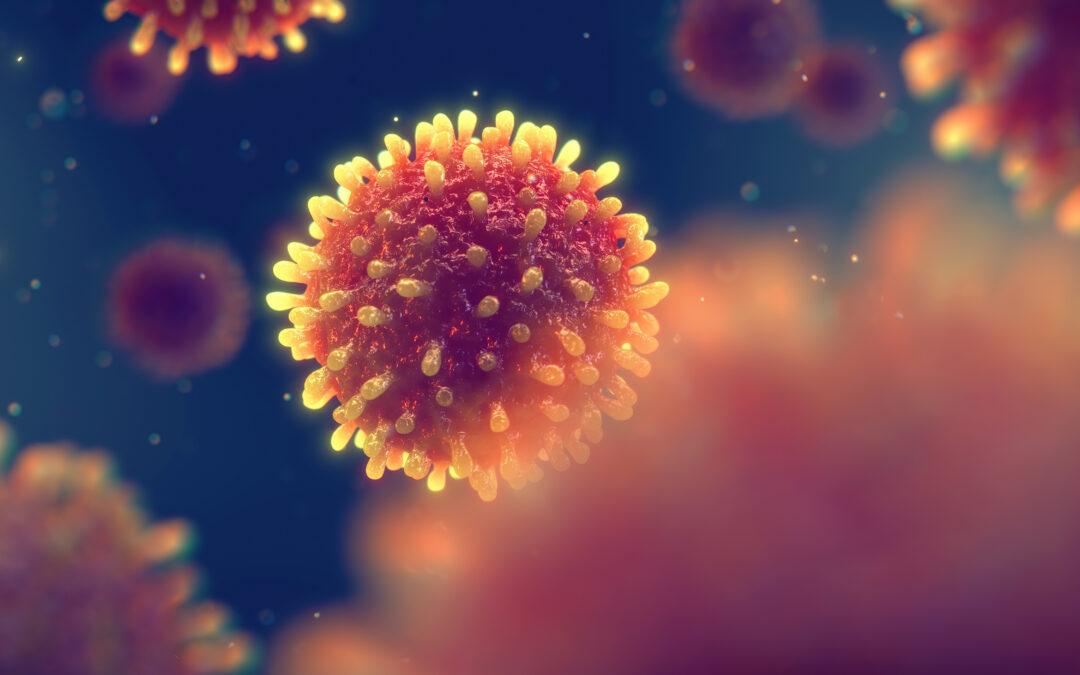
Anton Simulations Flag How Hepatitis Virus Enters Cell Nucleus
“Tucking In” of Viral Capsid Protein Allows Passage of Giant Structure through Nuclear Pore, Allowing Virus to Take Over
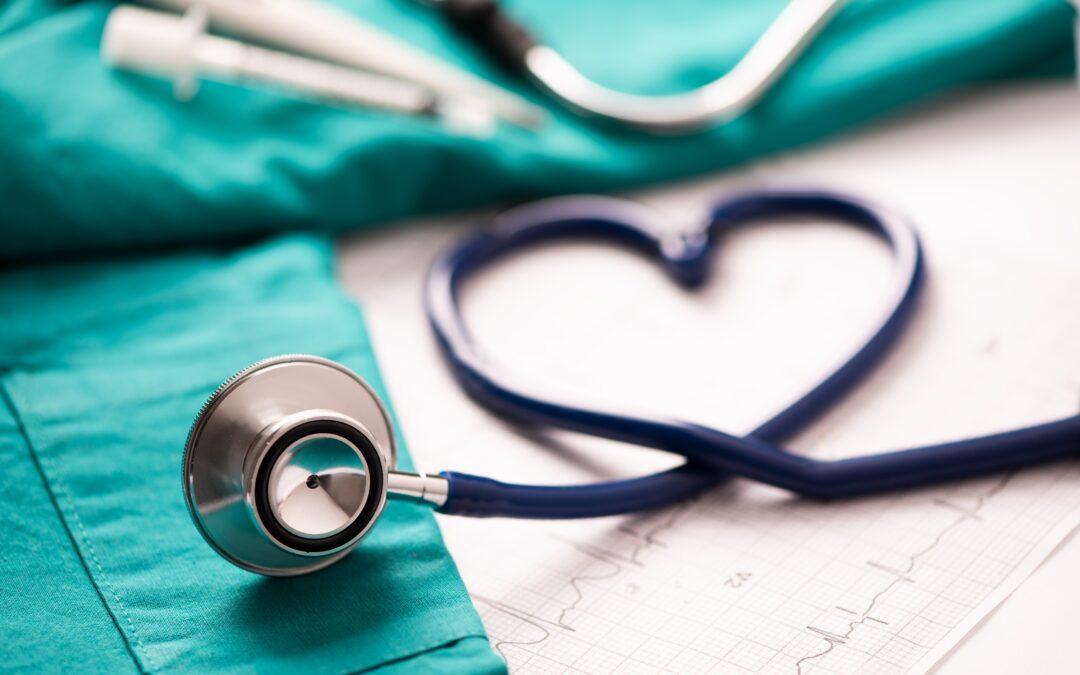
Bridges-2 and AI Analysis Identify DNA Sequences Carrying Risk of Childhood Sudden Death
Number and Type of Mutations Relate to Risk of Death at Earlier Age, Suggesting Focus for Future Detection and Prevention
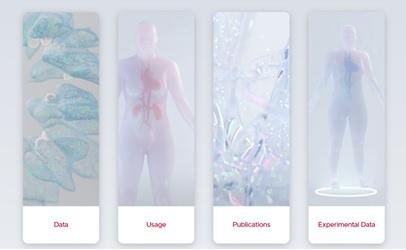
Human BioMolecular Atlas Program: Scientists Announce New Version of 3D Human Reference Atlas (HRA)
Paper in Nature Methods Charts Latest Progress Use of HRA for Studying Human Body Across Scales

Simulations on Bridges-2 Teach AI Program to Prevent Buckling or Breaks in Railways
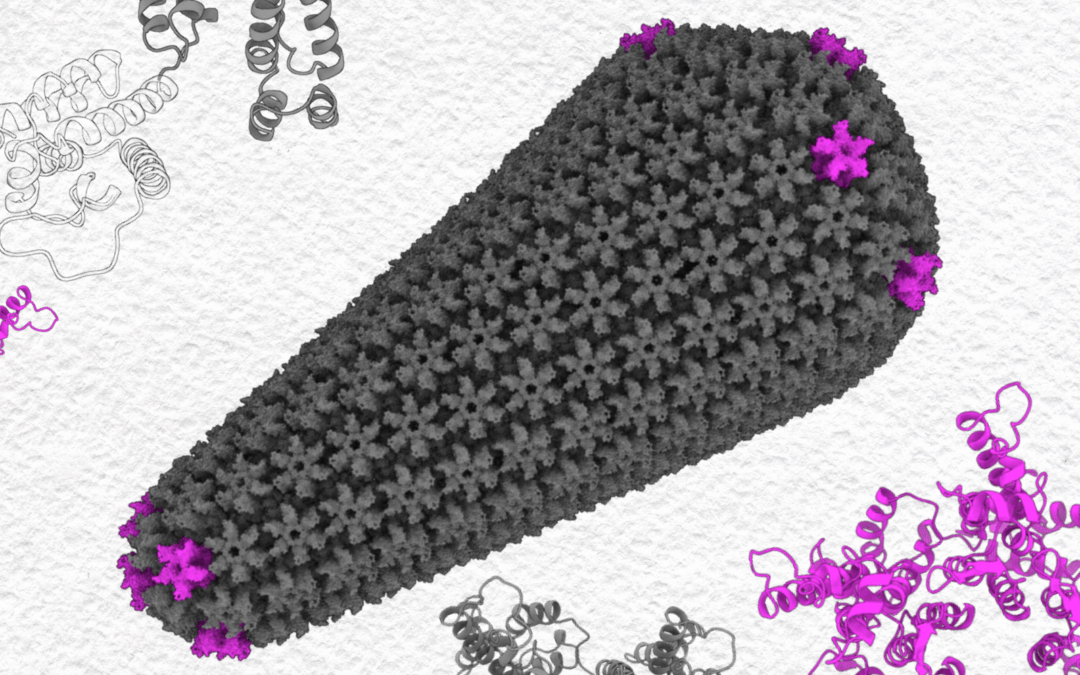
HIV Protein Switch May Help Virus Squeeze into Host Cell Nucleus
Simulations on Bridges-2 Help Pitt Team Visualize Rare, Transient Shape Change in Capsid Protein
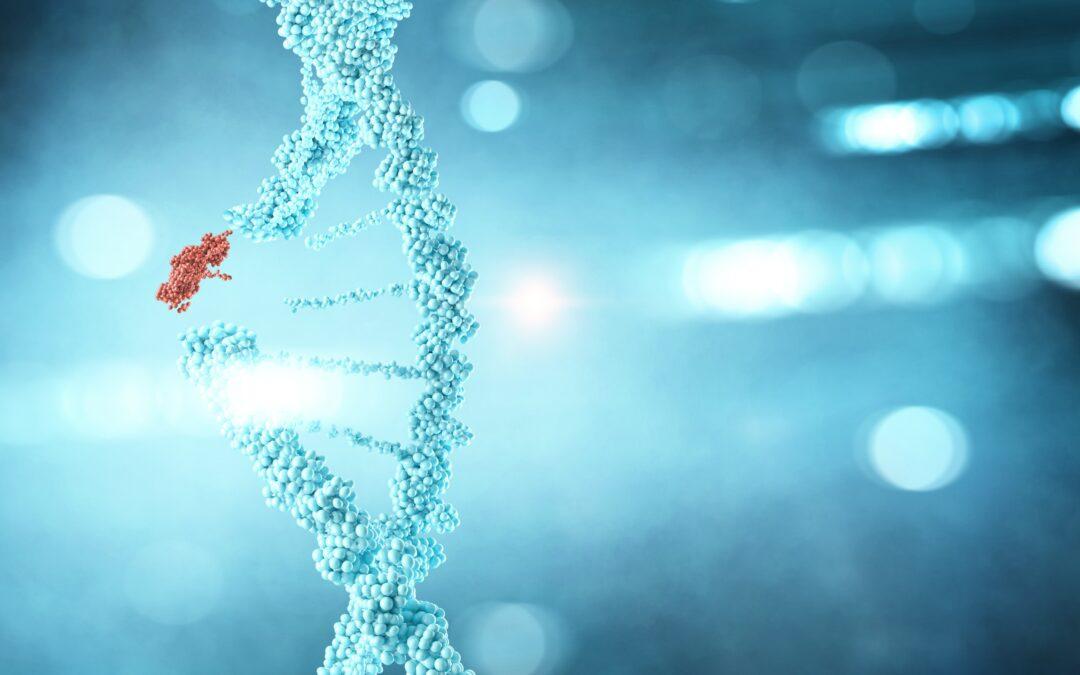
Large-Scale Evolution Simulations on PSC’s Neocortex Tackle Questions about Hypermutator Evolution
Vastly Expanded Populations Allowed by Wafer-Scale Engines Help Pinpoint Factors that Can Allow Hypermutators to Take Over
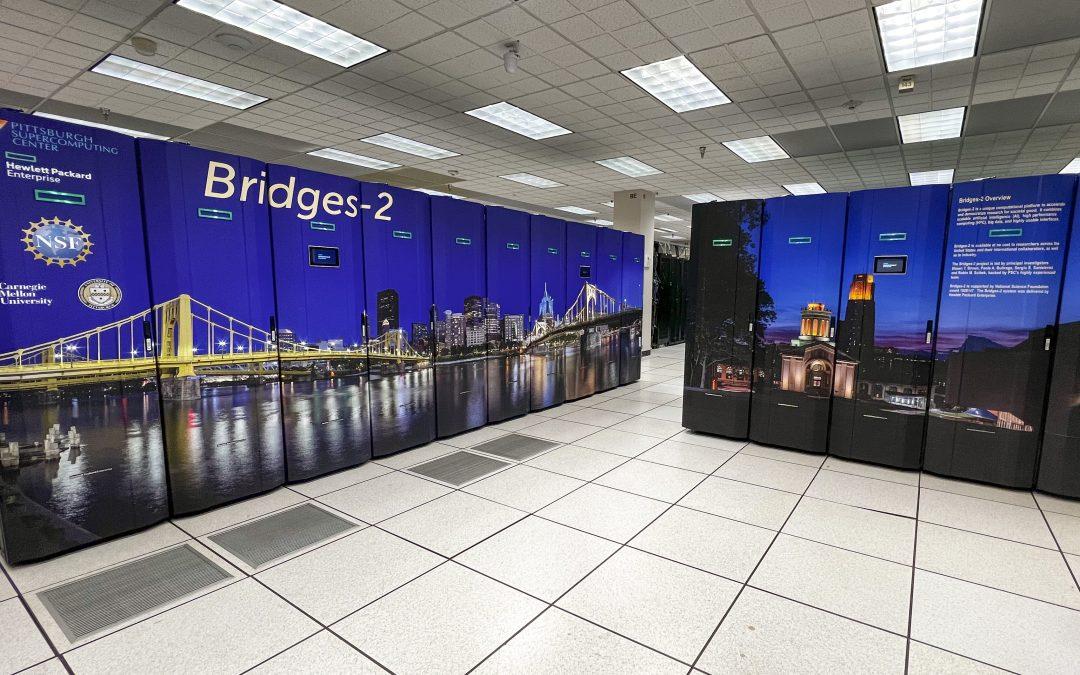
New Nodes Added to Bridges-2
PSC is pleased to announce that the Bridges-2 team just added ten (10) additional nodes to Bridges-2! These HPE Cray 670 nodes, each with eight (8) H100-SXM5-80GB GPUs and 2 TB node memory, are interconnected by a high-performance Infiniband network to the Bridges-2...
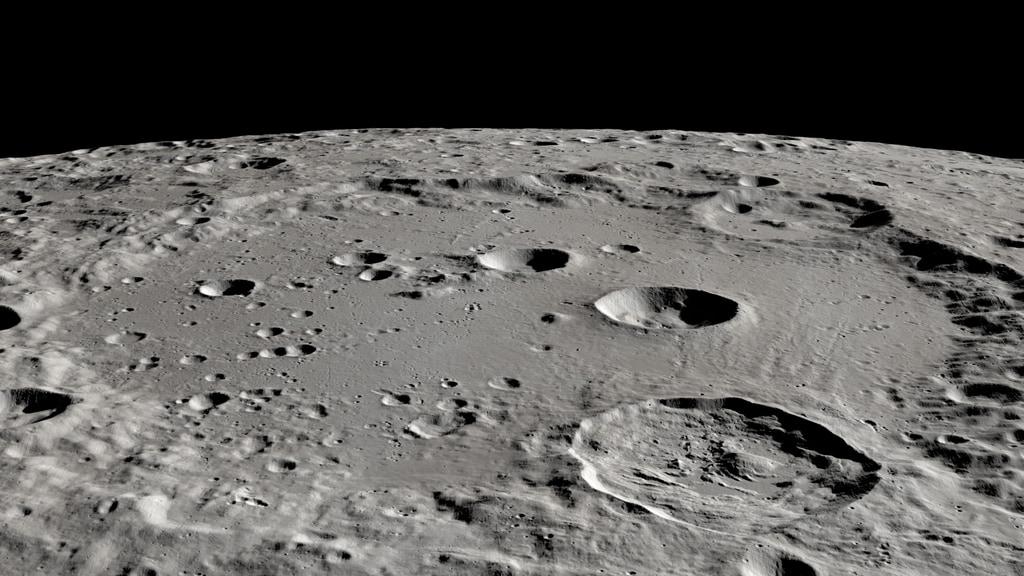
Bridges-2 Simulations Show Impact of Rocket Exhaust Water on Moon’s Ice Reservoirs
Previous Missions Did Not Add Significant Amounts, But Future Landers May Contaminate Lunar Water
Anton Studies Reveal Blood Vessel Response to Mechanical Force
G Protein-Coupled Receptor Triggered by Tension as Well as Chemical Signals, Helping to Regulate Blood Pressure
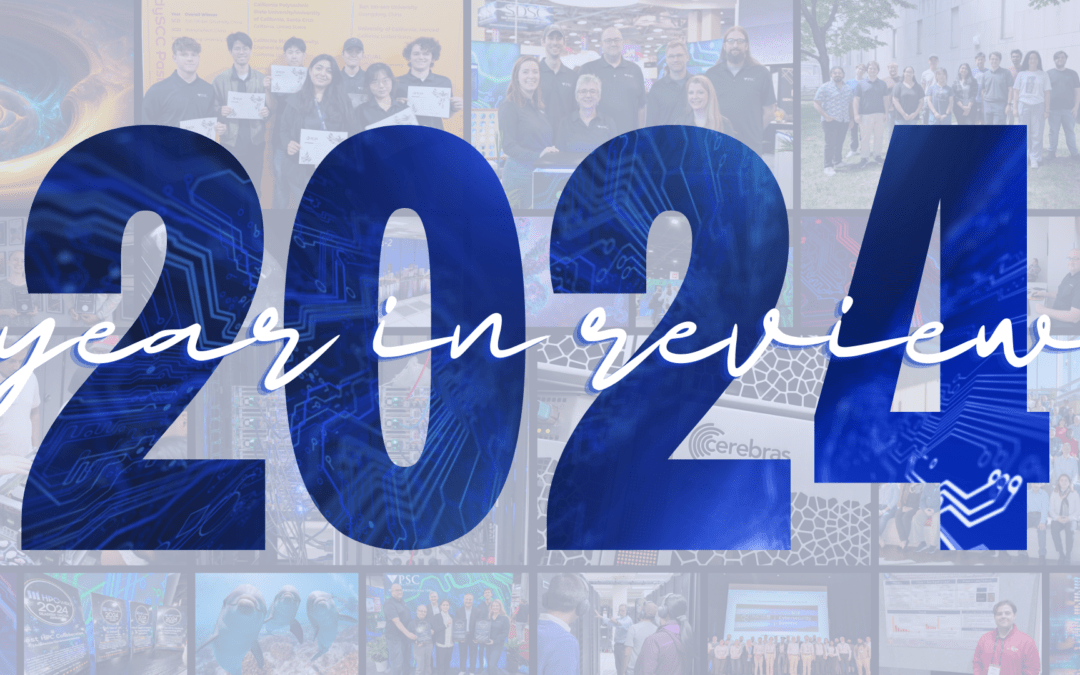
2024 in Review
We can see the new year ahead of us, just beyond the bend. Before it gets here, we thought we'd pause, put our feet up and (sips coffee... ahh...) take one last look back at 2024. We were amazed at the scienceToothed whale echolocation - The ability of dolphins and...
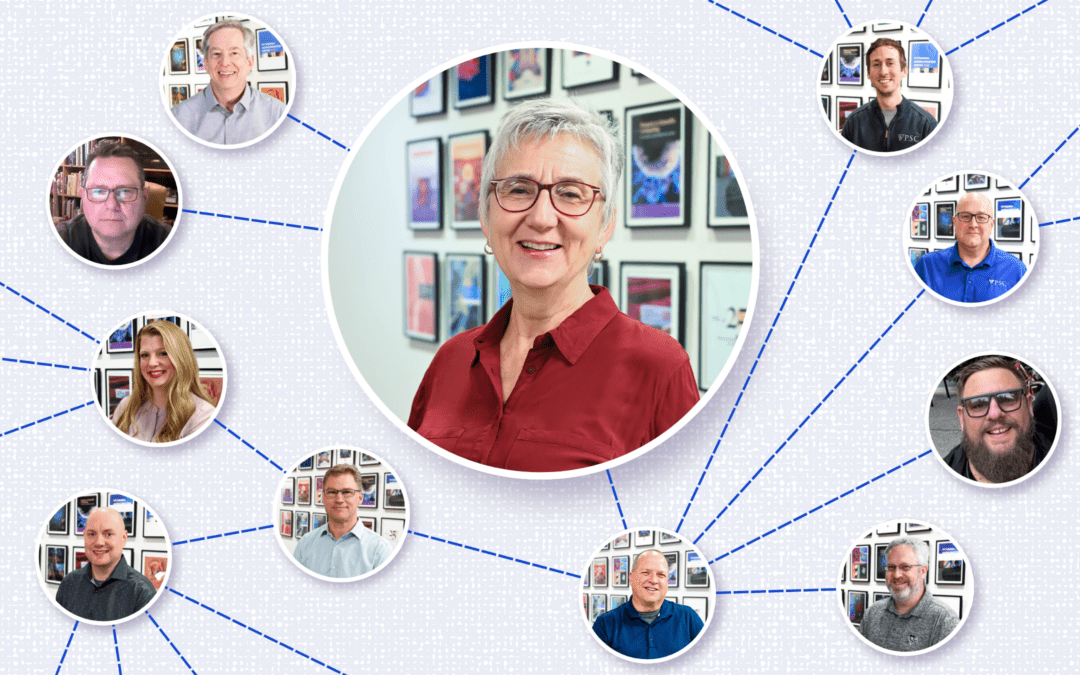
Six Degrees of Deb Nigra
PSC Interns – Where Are They Now?
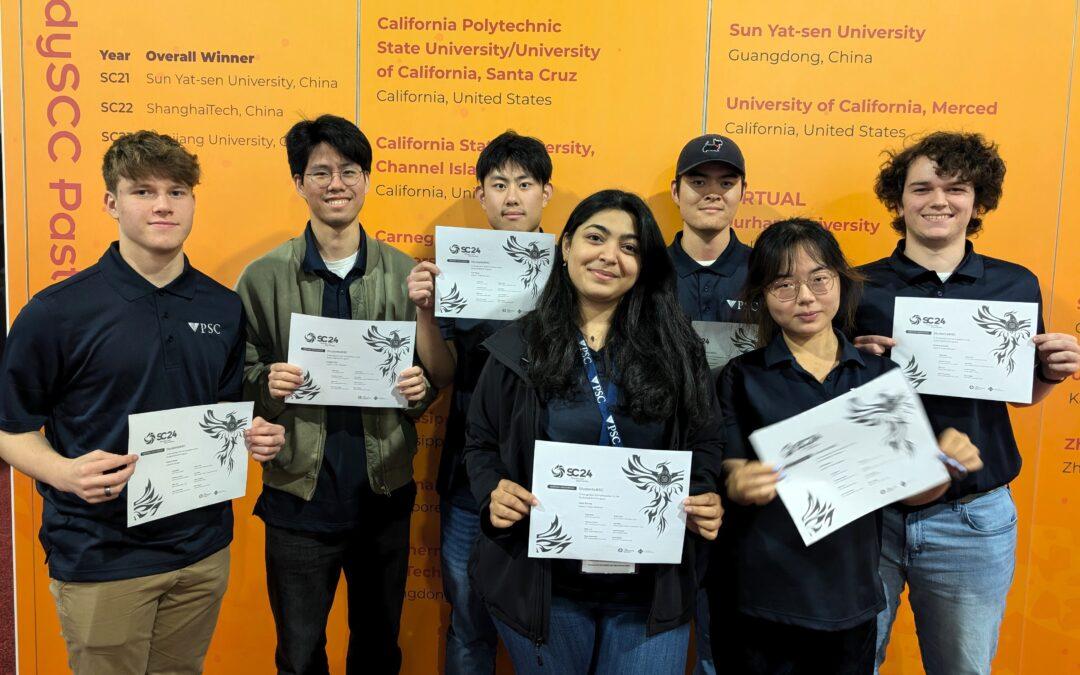
PSC Interns to Represent U.S. at International Student Competition
Benchmark Beasts Team to Compete at ISC25 Conference in Hamburg, Germany
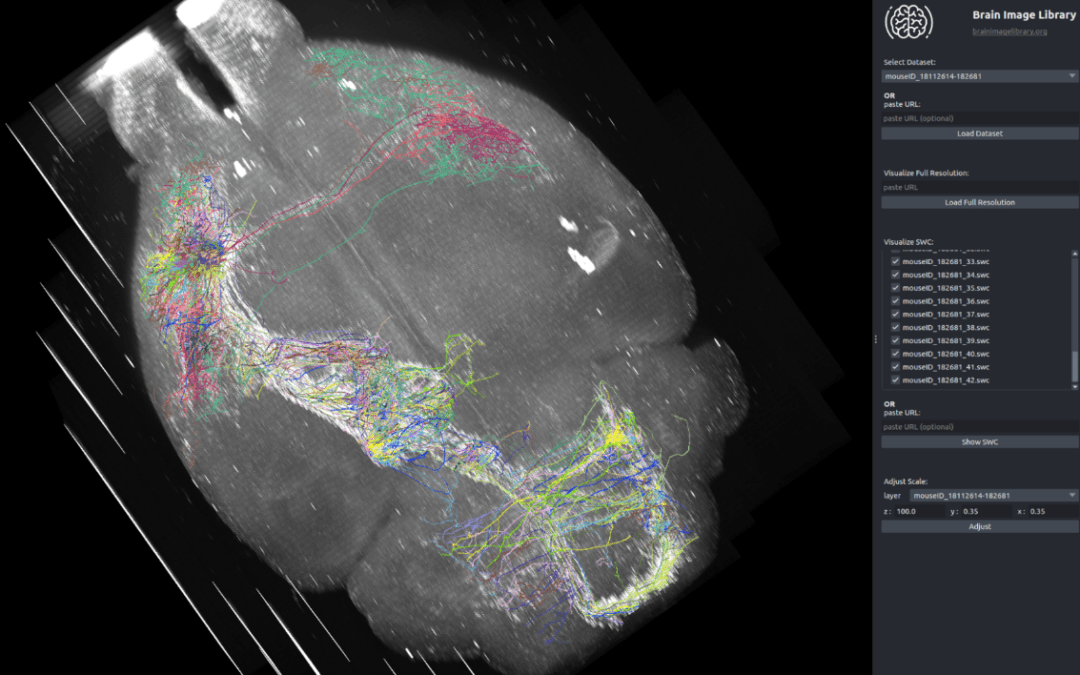
First Formal Paper Describes Progress of Brain Image Library
Reported in Prestigious Nature Journal, PSC/Pitt Collaboration Will Support 3D Studies of the Brain by Scientists Across the Country and World
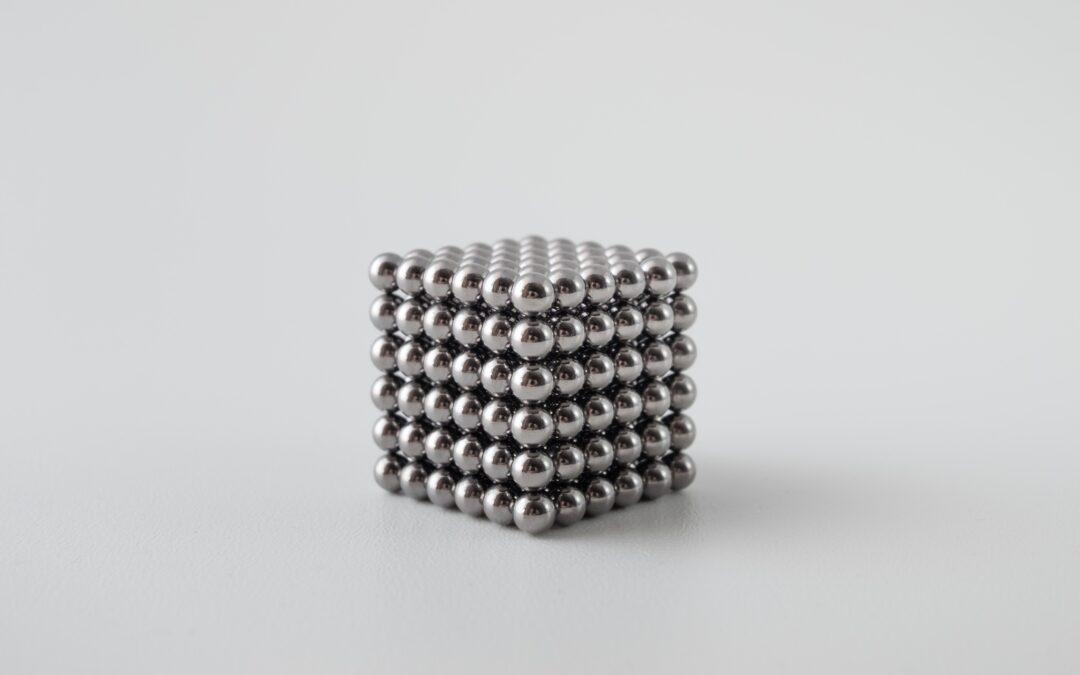
Penn State Team Uses AI to Predict Dozens of Undiscovered Metal Nanoparticles
New Structures, Simulated and Studied with Bridges-2, Offer Novel Medical and Industrial Applications
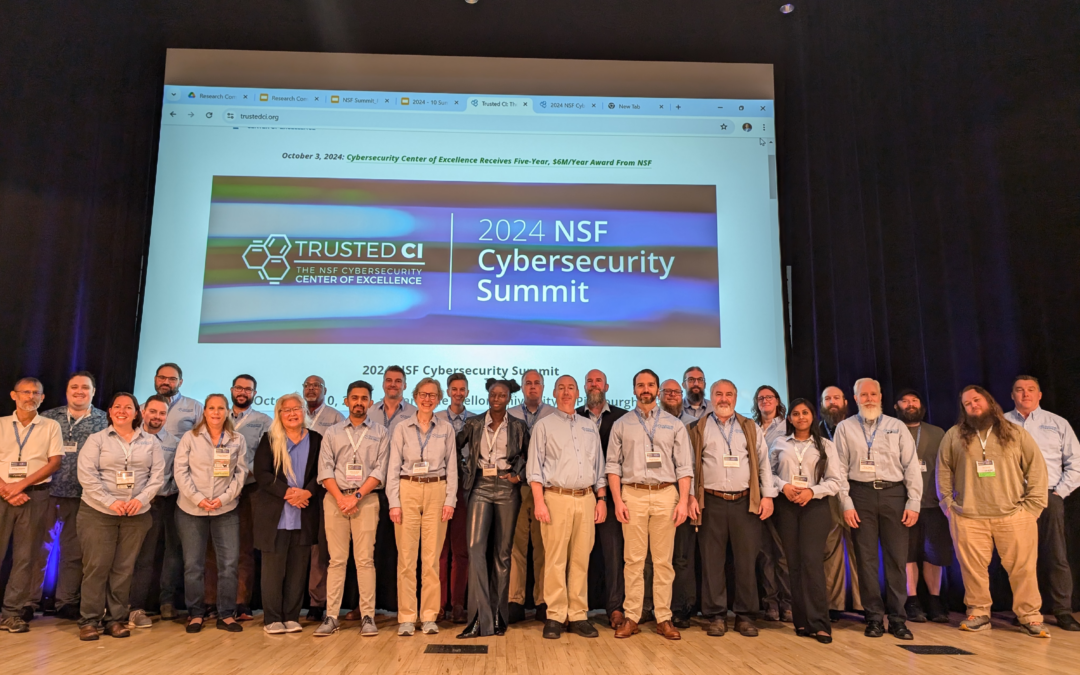
2024 Cybersecurity Summit: Trusted CI and the Evolving Threats
The 2024 NSF Cybersecurity Summit underscored the importance of community building, innovation, and education in securing the future of research infrastructure.
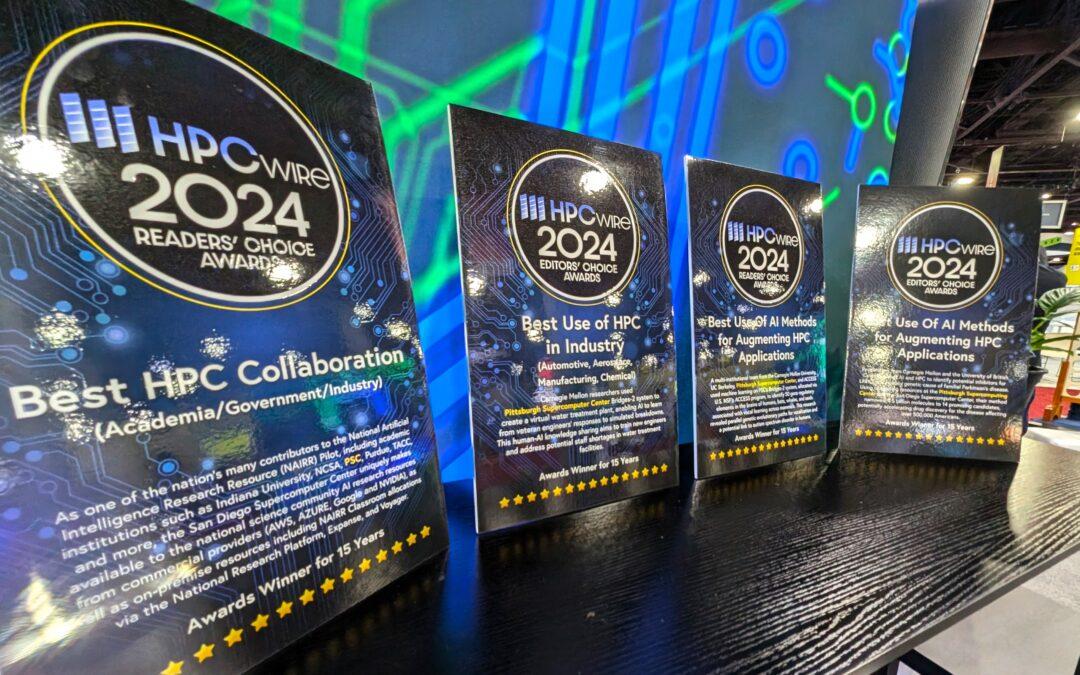
Parkinson’s Research, Evolution of Vocalization, AI Training Tool, and National AI Collaboration Underlie Four HPCwire Awards to PSC
High Performance Computing Achievements Recognized by Peers, Editors of Leading Trade Press Magazine at SC24 Conference in Atlanta
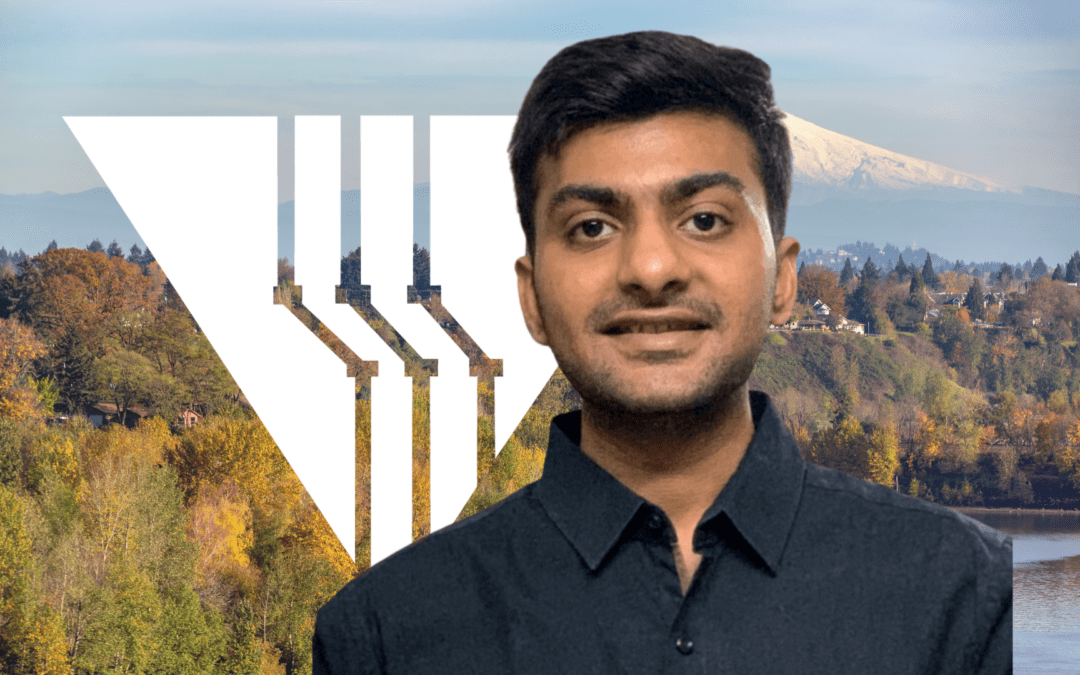
PSC Interns – Where are they now? Krish Rana – Data Scientist
Krish Rana, formerly an Intern with PSC’s Biomedical Applications group and CMU Teaching Assistant chats about his experiences here and catches us up on what he’s been doing lately.

PSC and Johns Hopkins Power New Forecasting Tool for Farmers
Maryland Researchers Advance Agriculture Dashboard Using ACCESS Resources
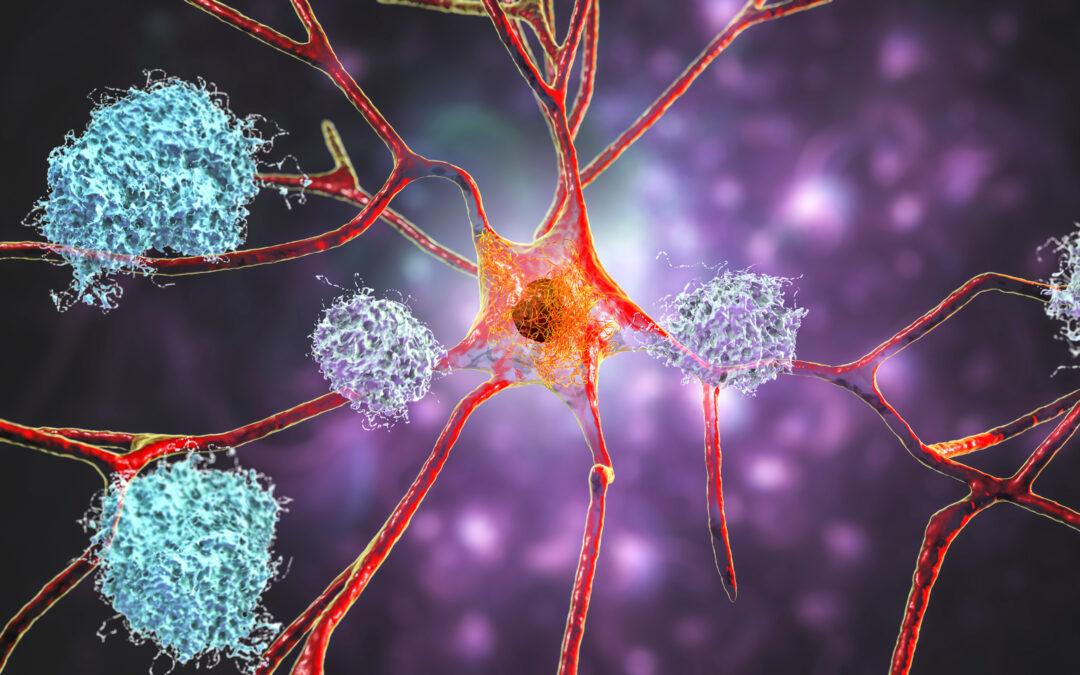
Anton Simulations Reveal How Alzheimer’s Fibril Growth May Accelerate
Unexpected Way for Amyloid Peptides to Join Fibrils Explains Time Lag, then Accelerated Growth, in Fibril Formation and Disease Progression
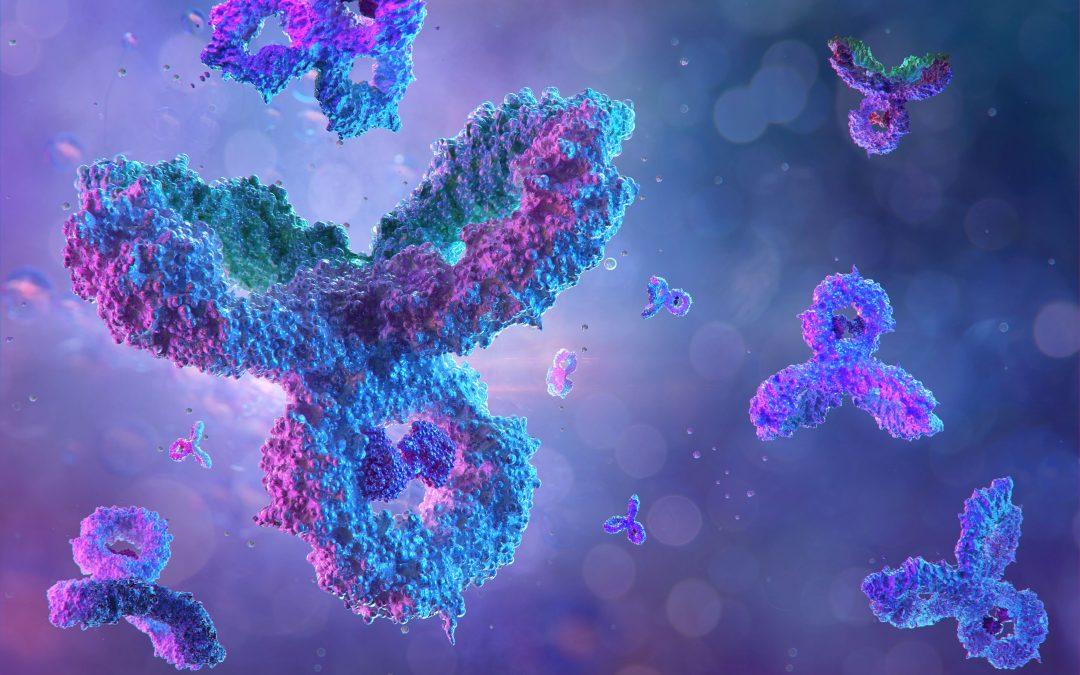
Bridges-2 Simulations Uncover Better Ways to Inject Monoclonal Antibody Drugs
Detailed Model of Movement of Antibodies through Tissues Reveals Ways to Improve Autoinjectors
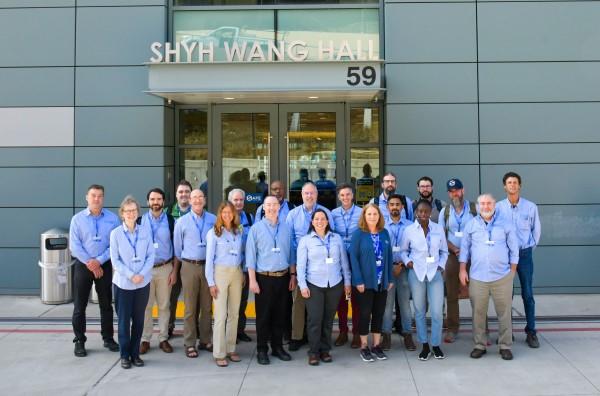
Cybersecurity Center of Excellence Receives Five-Year, $6M/Year Award From NSF
PSC to Play a Leading Role
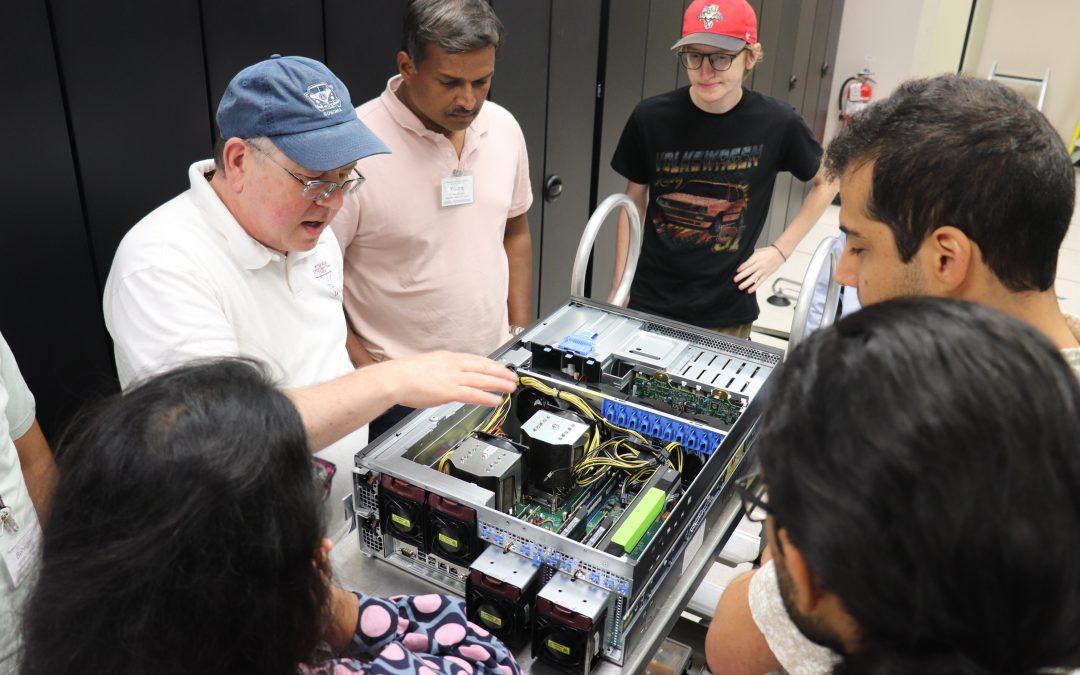
ByteBoost Workshop: Accelerating HPC Skills and Advancing Computational Research
Student Projects Tackle Challenges in Drug Discovery, Congressional Policy, Coordinating Heavy Air Traffic, and More

Enhancing Hurricane Forecasts: A Game-Changer in Lessening Catastrophic Impacts
Simulations on Bridges-2 Reveal that Reducing Estimates of Atmospheric Friction Improves Storm Predictions

Ken Hackworth: The Mayor of PEARC
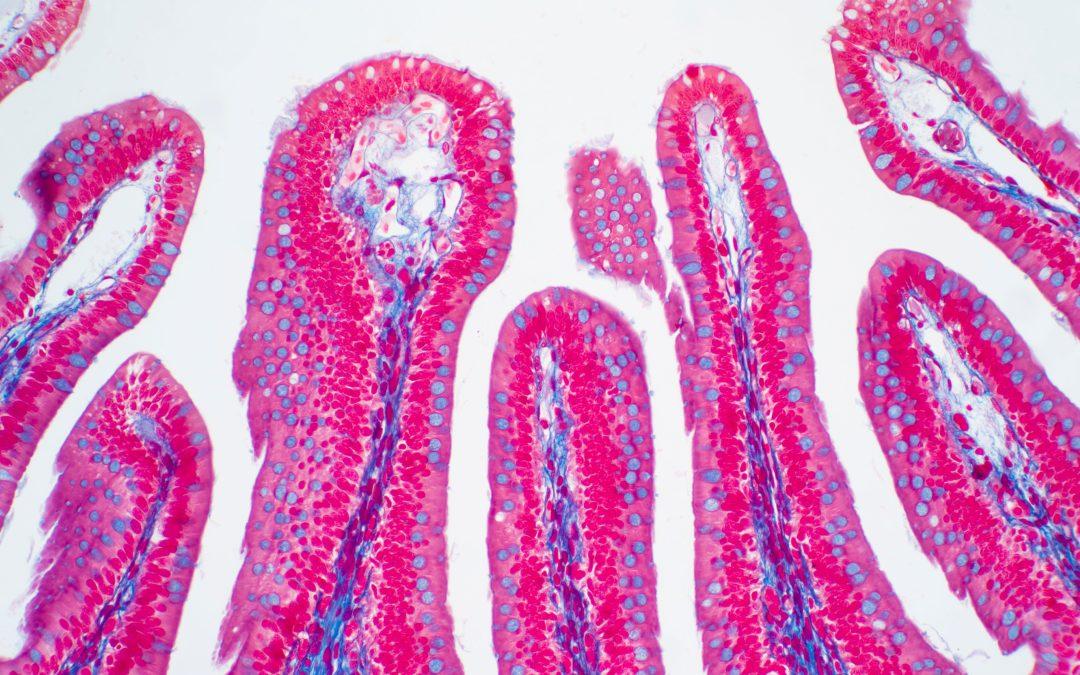
Dune Software Helps Scientists Identify Roles of Individual Cells
By Optimizing Cell Classification, the New Tool Running on Bridges-2 Promises Better Understanding of How Individual Cells Help Organs and Tissues Function

Spatial Relationships Help AI Learn Without Human Help
Environmental Spatial Similarity Approach with Bridges-2 Improves Speed and Accuracy for More Flexible Visual, General AI Learning

$4.9-Million NSF Award Funds Major Enhancement to Bridges-2 System
Additional GPU Capabilities Will Expand AI Research in Range of Scientific Fields

$3.15 Million from NIH to Fund Operation of Third-Generation Anton Supercomputer at Pittsburgh Supercomputing Center
Designed and Built by D. E. Shaw Research, System Will Simulate Biomolecules Roughly 100 Times Faster than General-Purpose Supercomputers
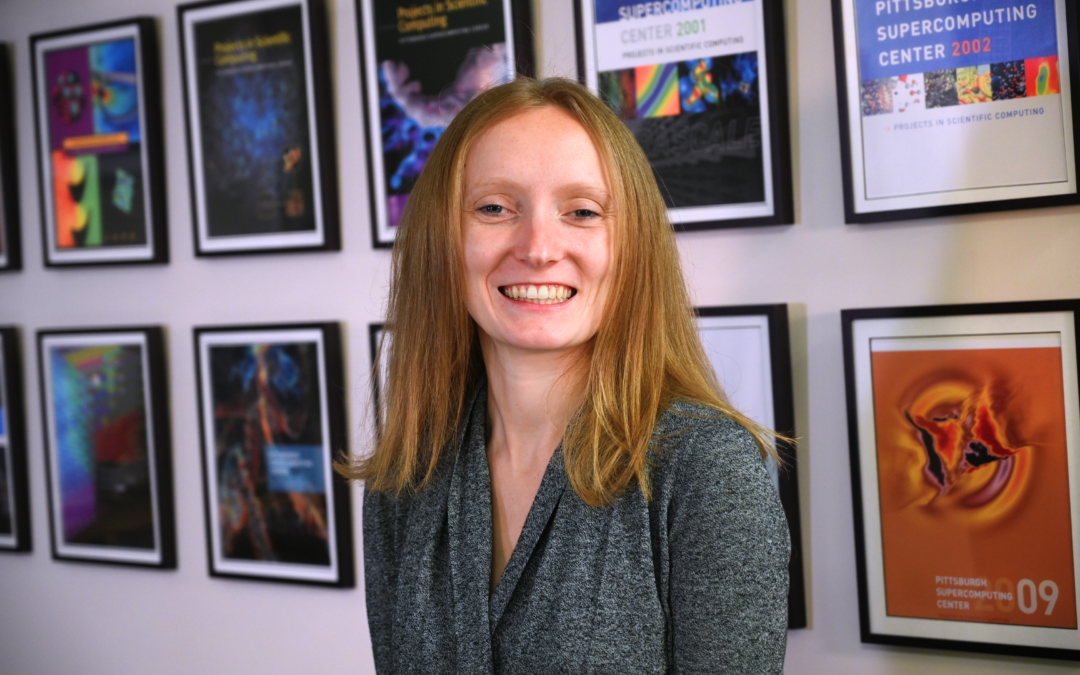
Dana O’Connor – MCS Senior Rookie Awardee
Dana O’Connor, Machine Learning Research Scientist, talks about her recent Senior Rookie award and her work at PSC.
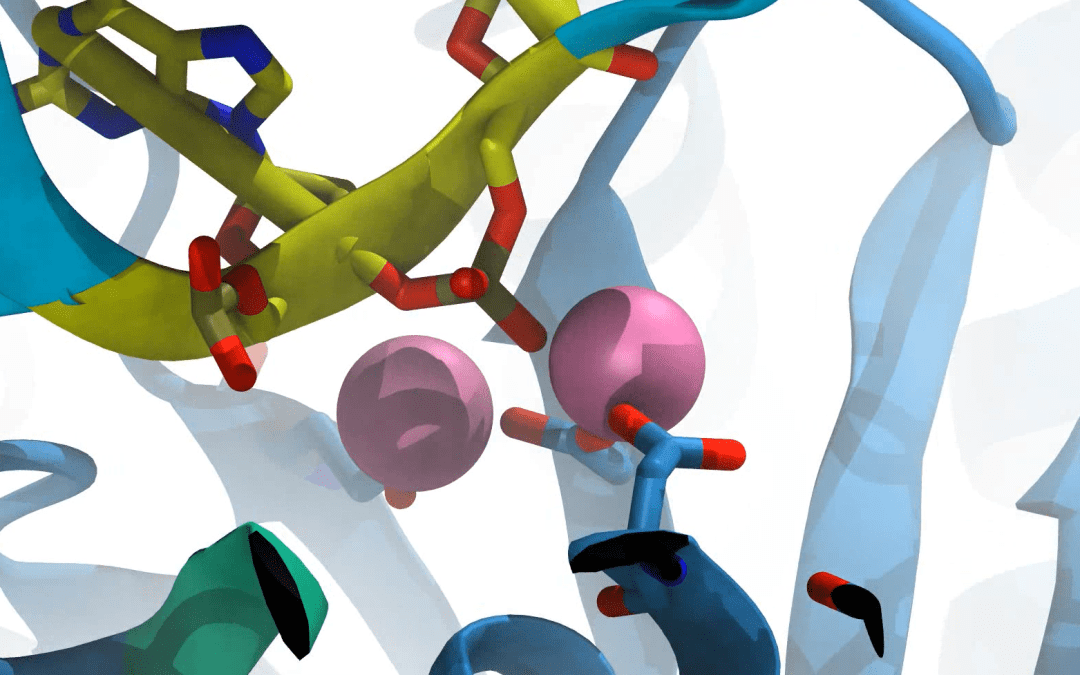
Anton Simulations Explain Delay in CRISPR-Cas12a’s DNA-Cutting Function
Understanding Unexpected Motion of Protein Will Be Crucial for Engineering it for DNA Detection, Editing
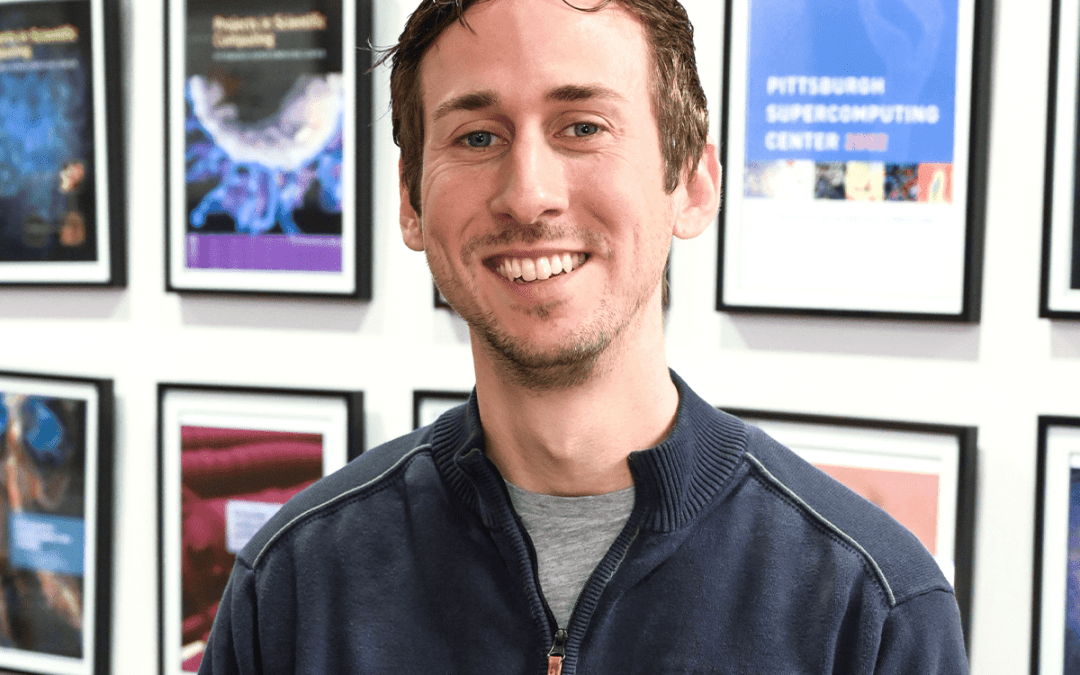
Stephen Deems: Boldly Going Where No Marketing Major Has Gone Before!
Stephen Deems, the PI for the NSF-funded ACCESS Allocations program, chats about his recent Mellon College of Science Outstanding Achievement Award and his time at PSC.
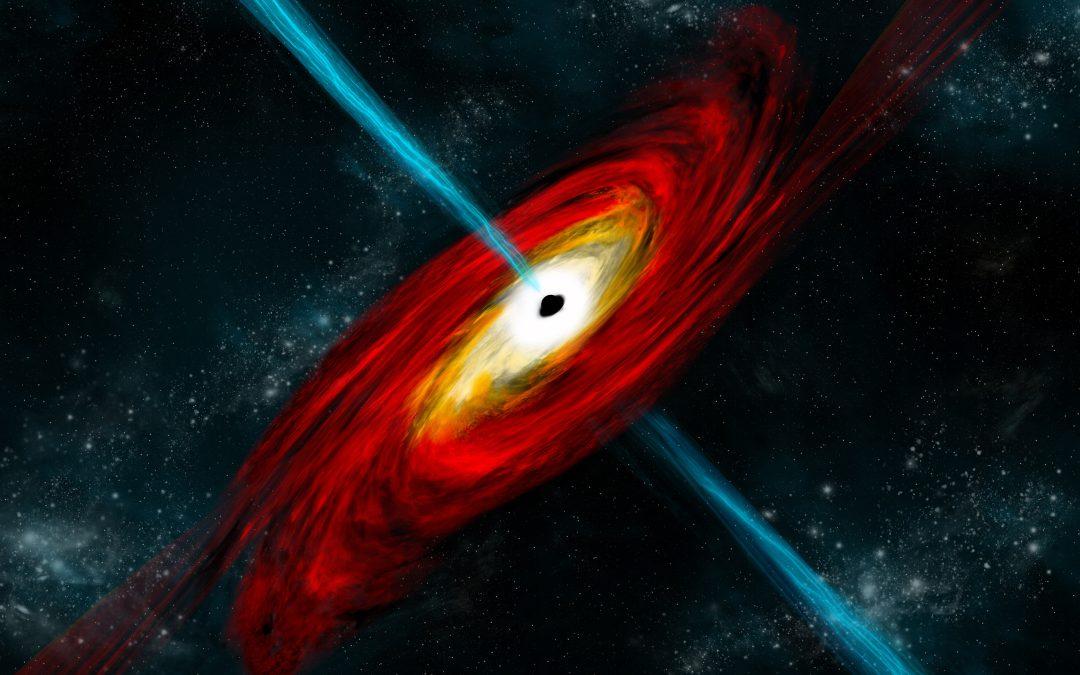
Bridges-2 Simulations Limit Explanations for Active Galactic Nuclei
Sims Will Allow Future Telescopes to Identify What Kinds of Jets Emerge as Super Massive Black Holes Eat Matter from Their Surrounding Galaxies
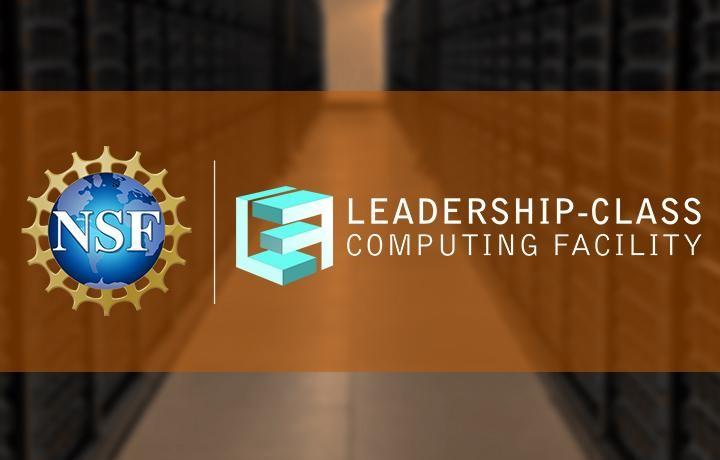
Construction Begun on Leadership-Class Computing Facility
$5 million in NSF Funding Will Allow PSC to Provide Data-Intensive Computing and Data Mirroring to TACC-Led, Distributed System

Bridges-2 Sims Shed Light on the Echoes of Toothed Whales
Virtual Dolphin Head Shows How Sound Moves through the Skull, Suggesting How Sounds May Offer Directional Cues for Navigation and Detection
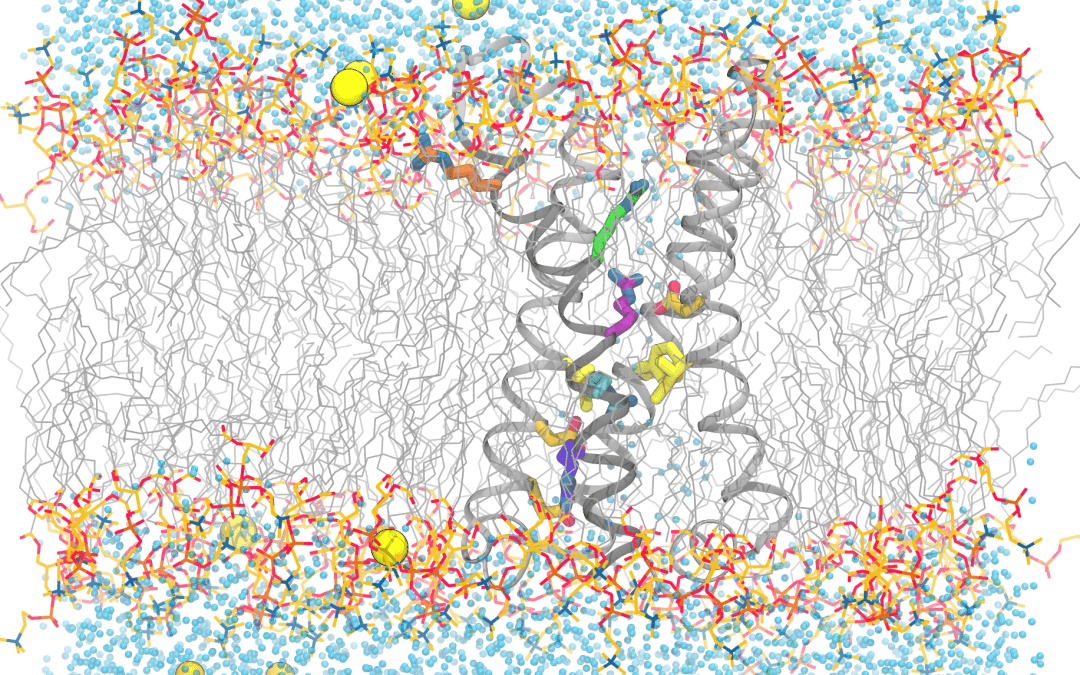
Voltage-sensing Protein Moves in Unexpected Ways in Anton Simulations
University of Chicago Simulations Offer Clues to Behavior of Nerve Cell Channels Underlying Human Diseases

Representation Matters in AI-Generated Images
Bridges-2 Helps Retrain AIs to Avoid Creating Offensive Pictures for Specific Cultures
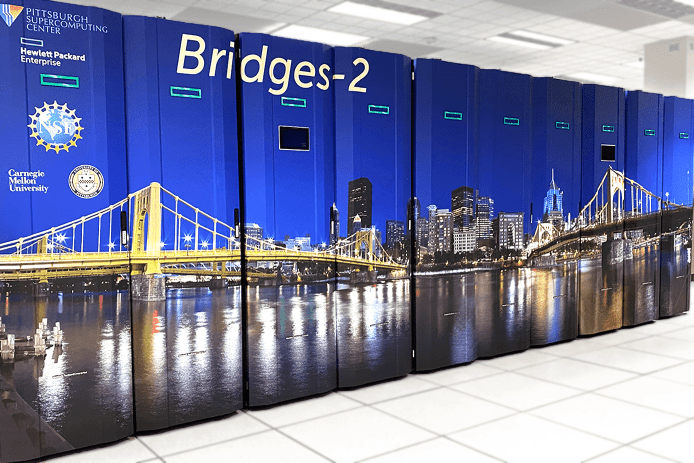
PSC’s Bridges-2 Joins Neocortex Among Elite Artificial Intelligence Computers Allocated through National NAIRR Pilot Project
The Pittsburgh Supercomputing Center’s Bridges-2 supercomputer is now available to scientists through the National AI Research Resource (NAIRR) Pilot Project.
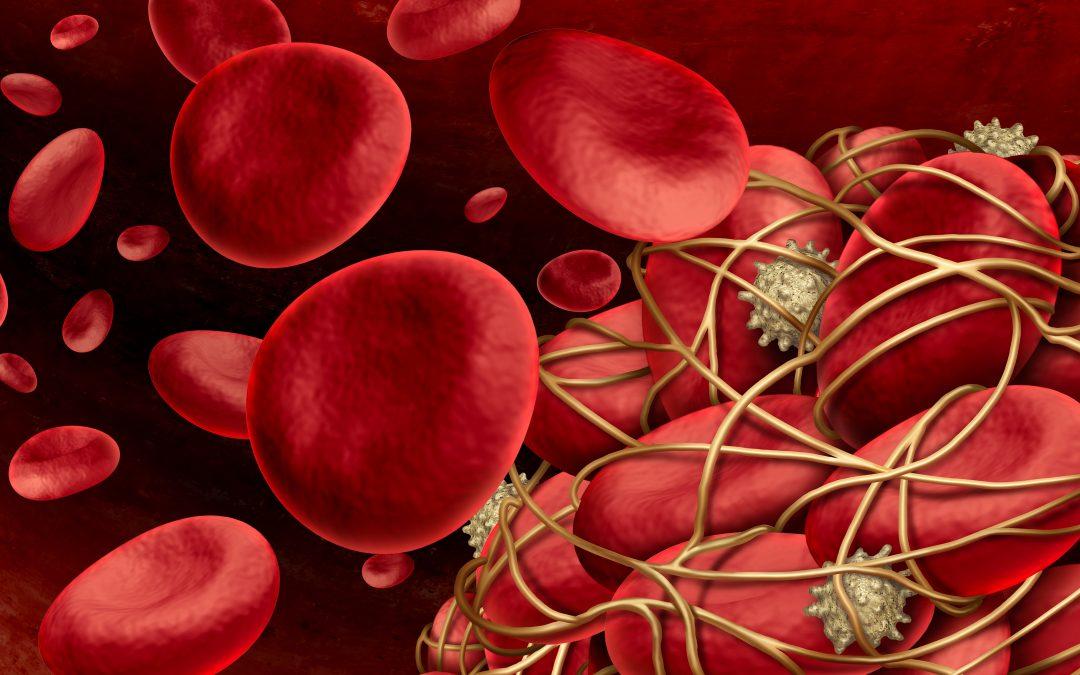
Bridges-2 Simulations Target Role of Red Blood Cells in Clot Formation
Addition Is Latest Step in Building First-Principle Model of How Clots Form and Function in Health and Disease
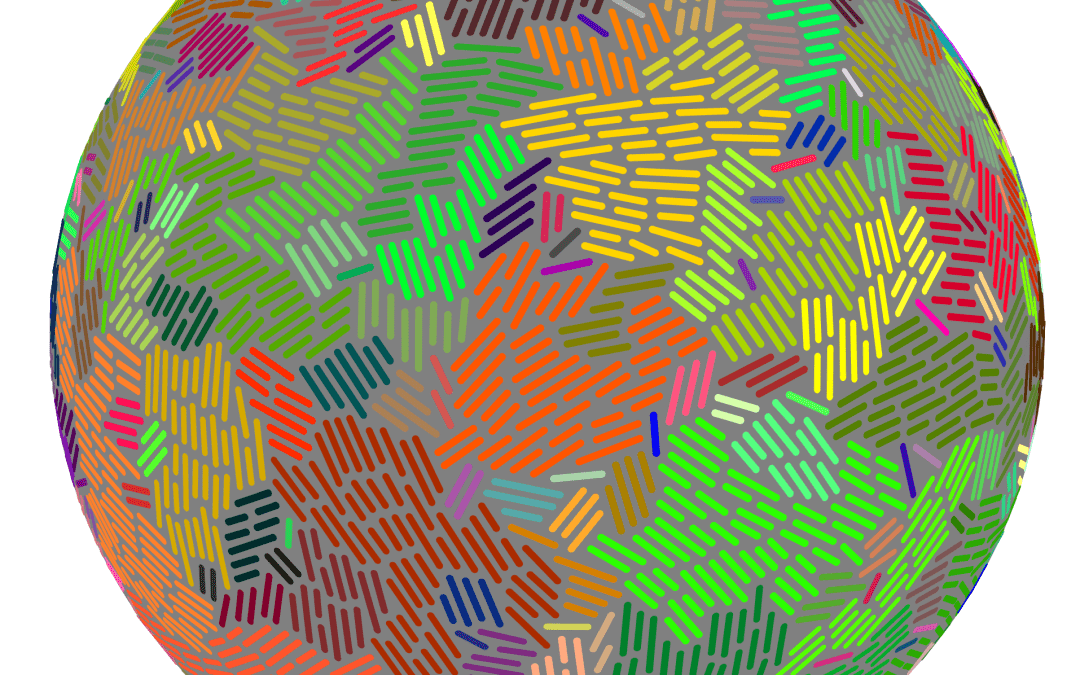
Surface Curvature Directs Growth of Bacterial Biofilms
Bridges-2 Simulations Hint at Ways to Help Growth of Good Bacteria, Hinder Bad Bacteria

Bridges-2 Powers Snake-Virus Genome Analysis
New DNA Sequence Provides Clues to Virus’s Spread, Possible Targets for Future Therapies
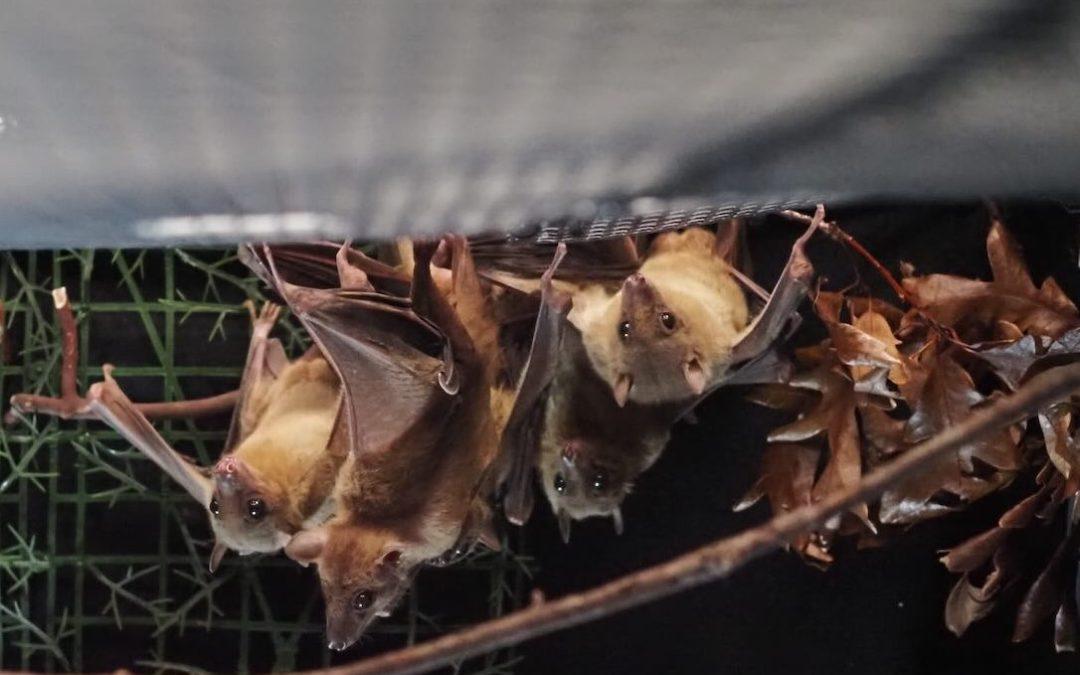
Similar Genetic Elements Underlie Vocal Learning in Bats, Whales, and Seals
Non-Gene Regulatory DNA Identified via Artificial Intelligence also Associated with Autism in Humans

Human-AI Knowledge Sharing for Water Treatment Plants Operation
CMU Group Uses Bridges-2 to Create Virtual Plant to Learn from Veteran Engineers, and Next Train and Work with Rookies

OpenSoundscape Uses AI, Other Tools to Identify Wildlife Species from Audio Recordings in the Wild
Pitt Team Uses Bridges-2 to Build Automated, Open-Source Toolbox, Enabling Conservation Scientists to Survey Much Larger Regions with Limited Staffing

Neutron-Star Smash Up Sims Offer Window on Atomic Structure
Bridges-2 Simulations Show Specific Heat Effect that, with New Telescopes, Will Give Clues on Condensed Matter, Atomic Nuclei
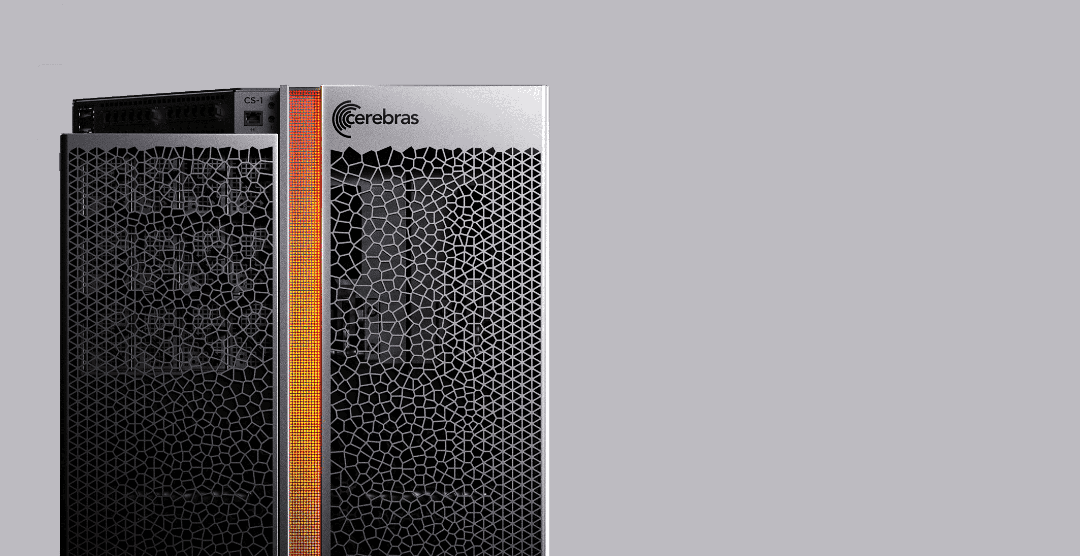
PSC’s Neocortex Among Elite Artificial Intelligence Computers Selected for National AI Research Resource Pilot Project
Initial Goal of NAIRR Pilot Project, Also Supported by Allocations Software Developed by PSC and ACCESS Partners, Will Be to Explore Trustworthy AI
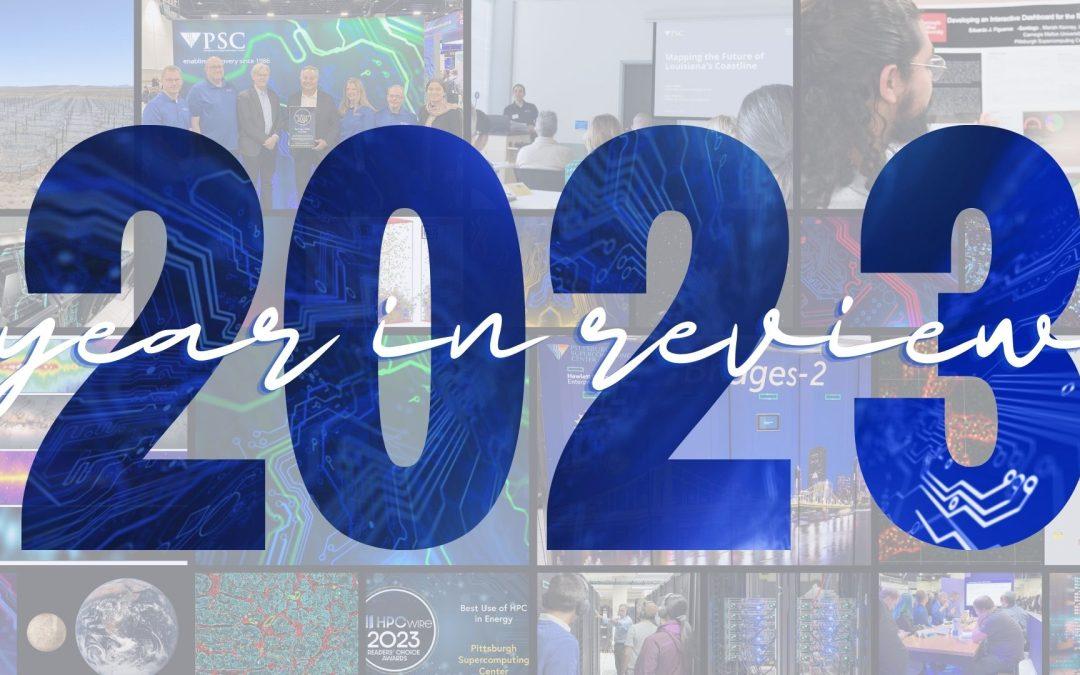
2023: Year in Review
2023 was another banner year for PSC, bringing awards, progress in important research areas, and a new director to PSC! We’d like to highlight just some of the newsworthy accomplishments that the year brought.
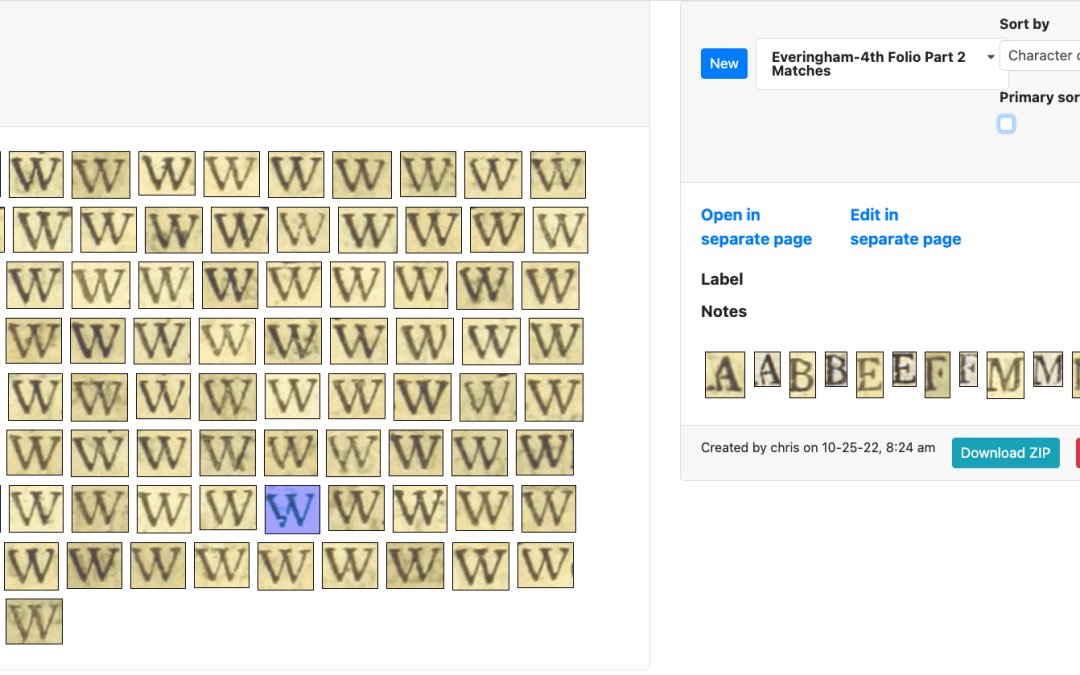
CMU Group Outs Printer of Embarrassing Typographic Error
Infamous Typo in Shakespeare Folio Sheds Light on His Growing Status, Reduction in Status of Printing Profession in 17th-Century England
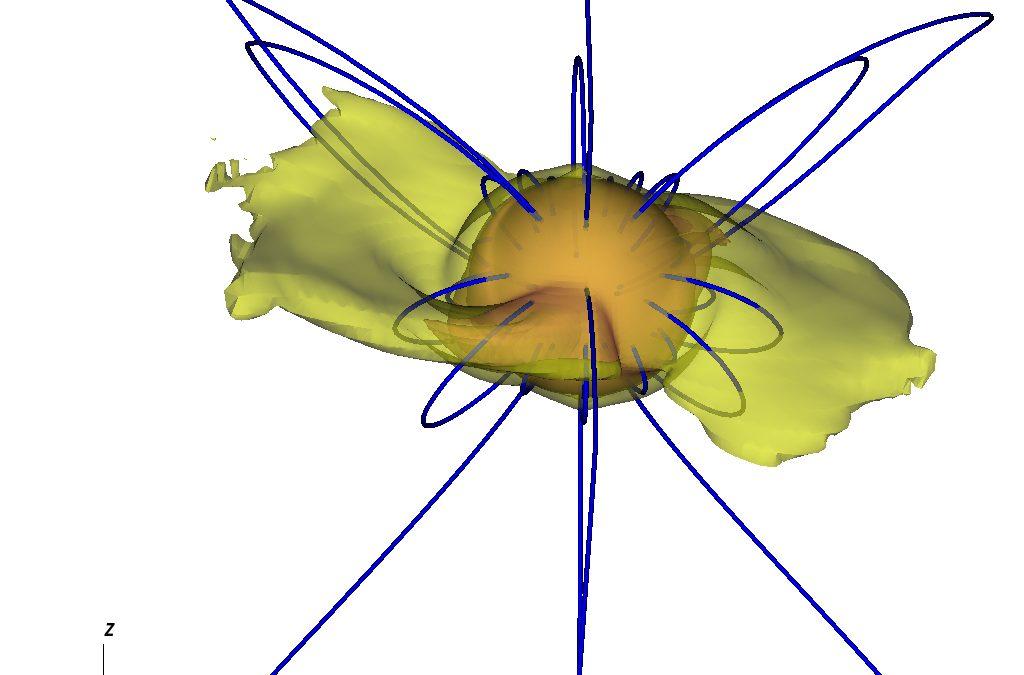
Bridges-2 Simulations Offer Sources of Unstable, Active Magnetic Fields in Stars
Mismatch of Magnetosphere and Axis of Rotation Offers Insight into Solar Winds and Disruptive Flares
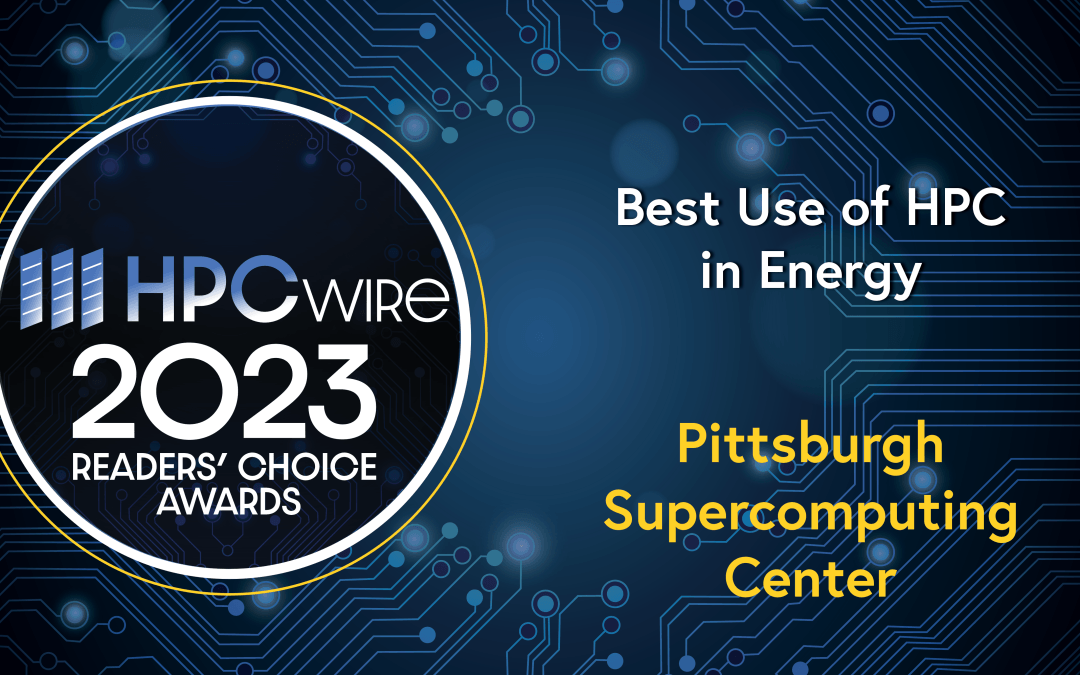
PSC Recognized for Advances in Clean Energy Technology, Application of New Technology to Industrial Problem
14th Year Center Has Received HPCwire Awards, Presented Annually to Leaders in the Global High Performance Computing Community
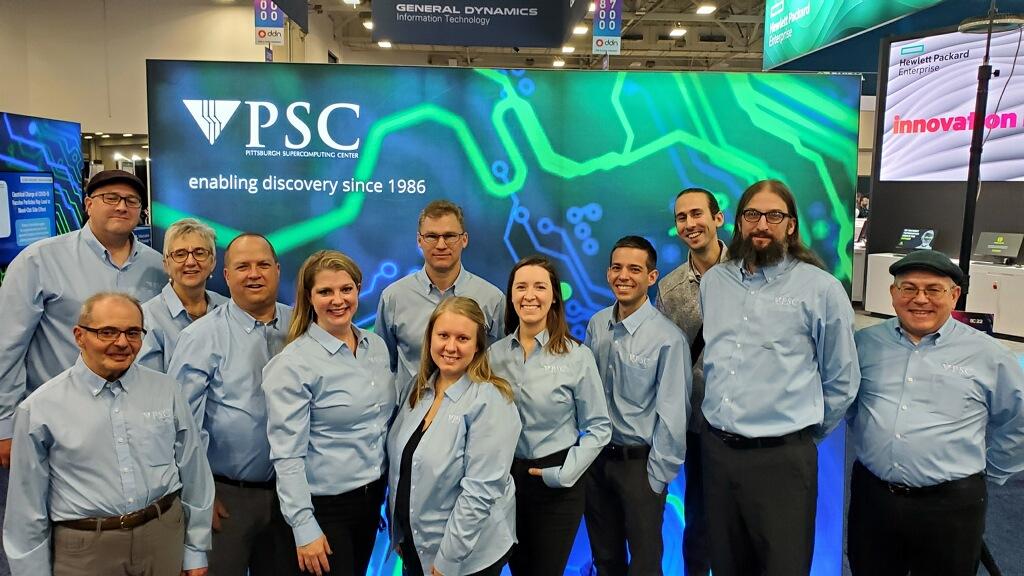
See you at SC23
PSC is heading to the International Conference for High Performance Computing, Networking, Storage, and Analysis — otherwise known simply as Supercomputing, or SC — in Denver the week of November 12th.
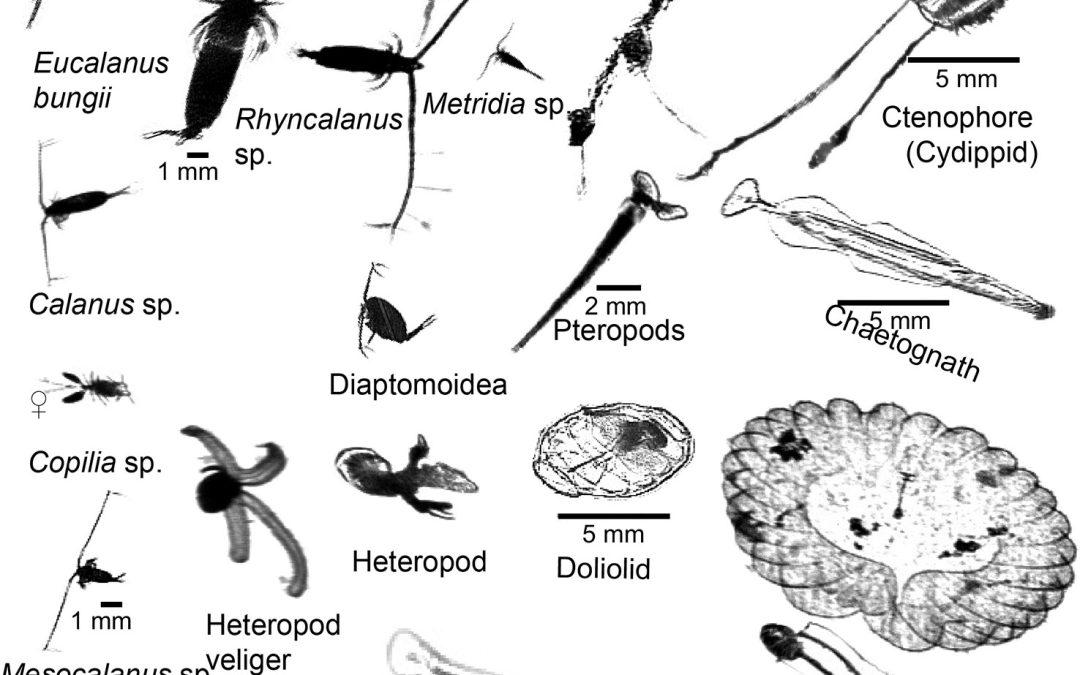
Oregon State Scientists Use Bridges-2 to Survey Plankton Populations
Vital Base of Ocean Food Web Can Now Be Studied in Bulk Using AI
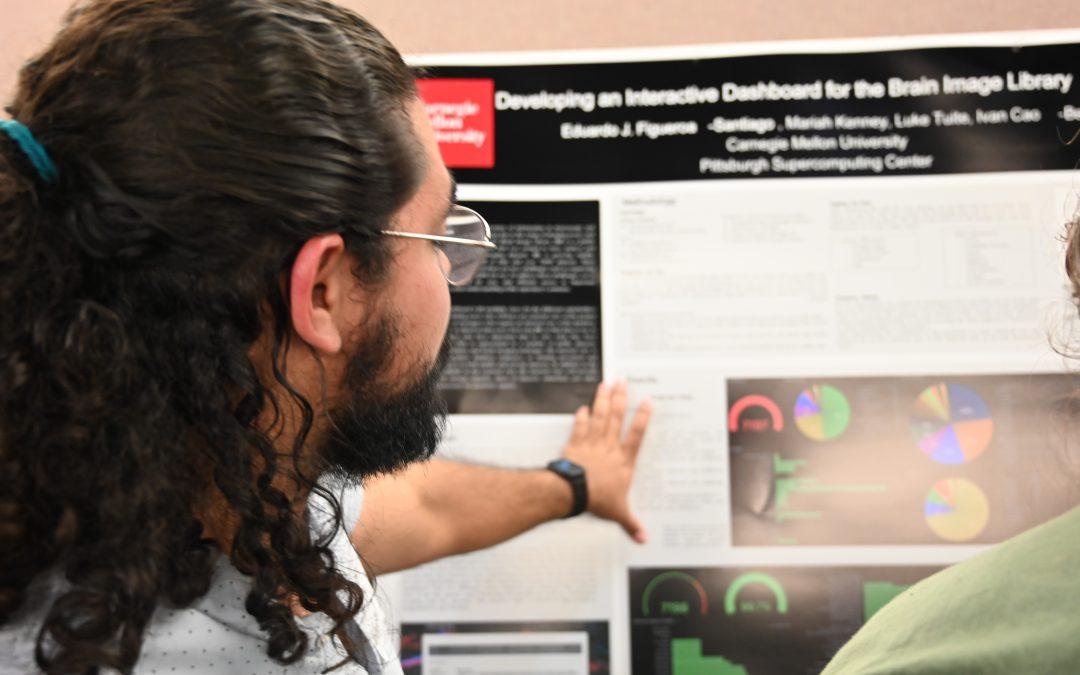
PSC 2023 Summer Interns
PSC has a longstanding tradition of providing internship opportunities to undergraduate researchers in fields related to advanced computing. This year we had seven students on board learning valuable research and technical skills for their upcoming classes and future careers.
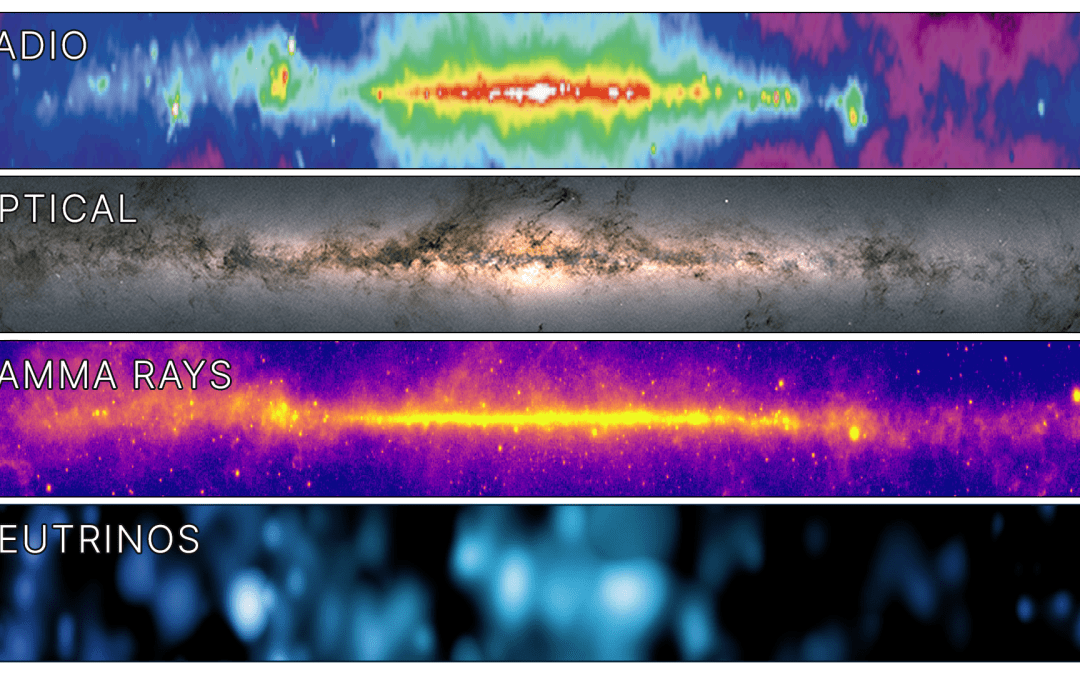
IceCube Observatory Creates First Map of Milky Way Without Using Electromagnetic Waves
Simulations on PSC’s Bridges-2 System Help Identify Signals in Huge Antarctic Ice Sheet Neutrino Detector
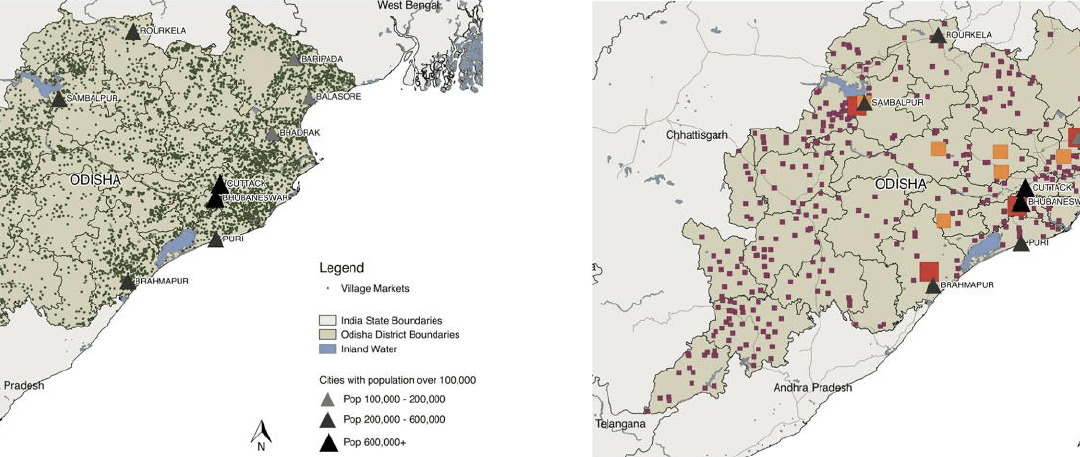
Increasing Vegetable Crops Won’t Ease Hunger if Supply Chains Don’t Keep Pace
Pilot Use of HERMES Supply-Chain Software Reveals Need to Analyze Food Delivery Networks
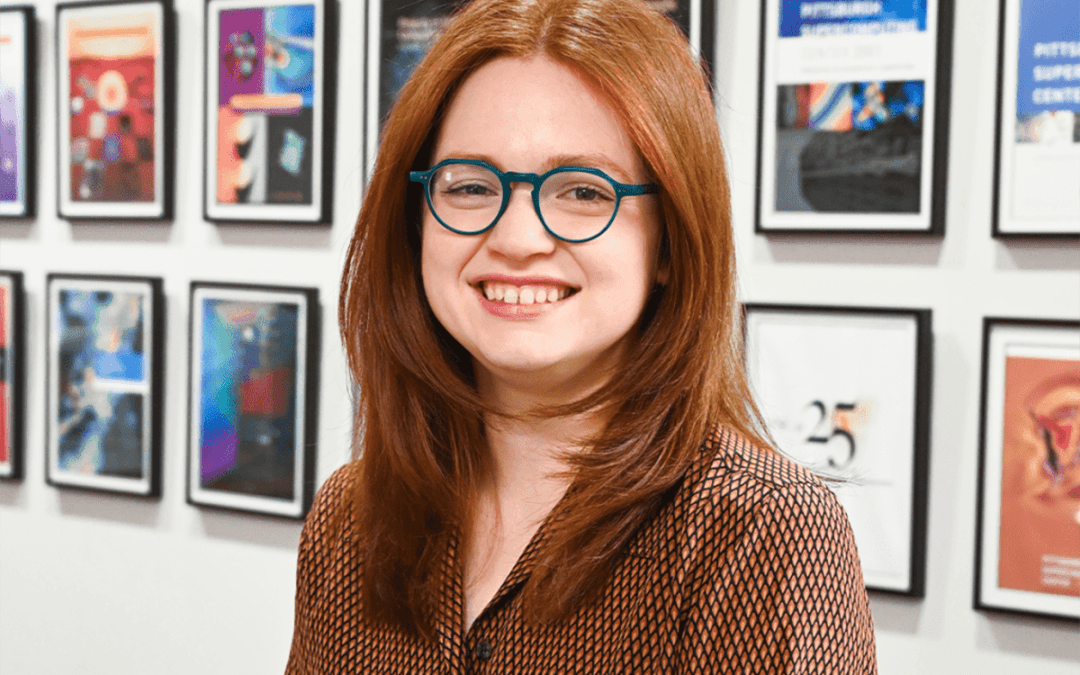
Mariah Kenney: Data Curator and Metadata Librarian
We get to know our resident data curation expert, Mariah Kenney
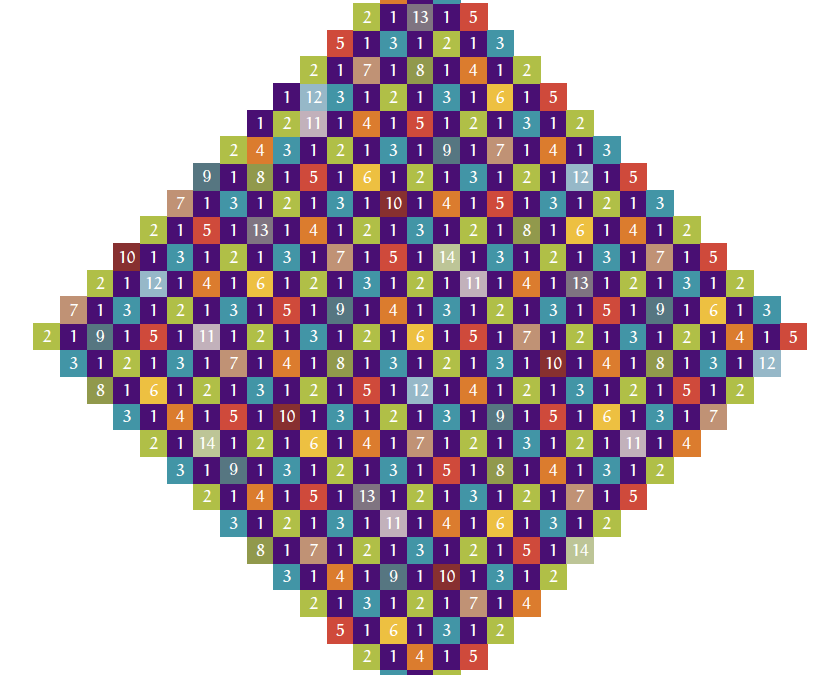
And the Number of the Counting Shall Be 15
CMU Team Uses Bridges-2 to Solve a 21-Year-Old Coloring Problem in Mapping
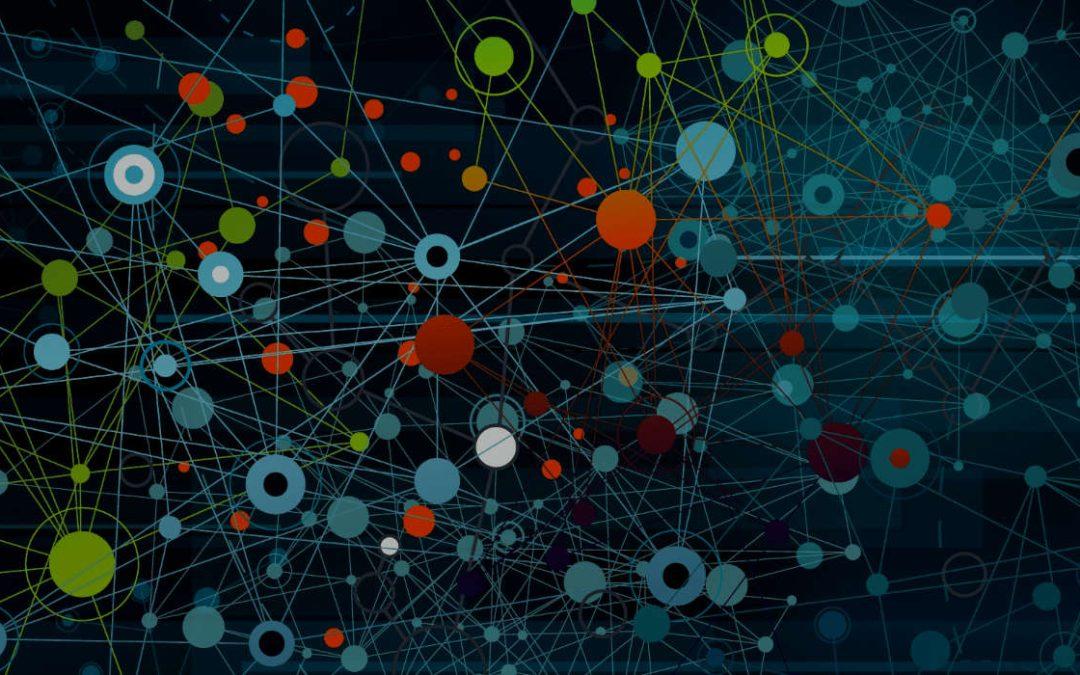
Let’s Talk Metadata with our Metadata Librarians Brendan Honick and Jackie Uranic
In this interview, we learn about the work of two of our metadata librarians.
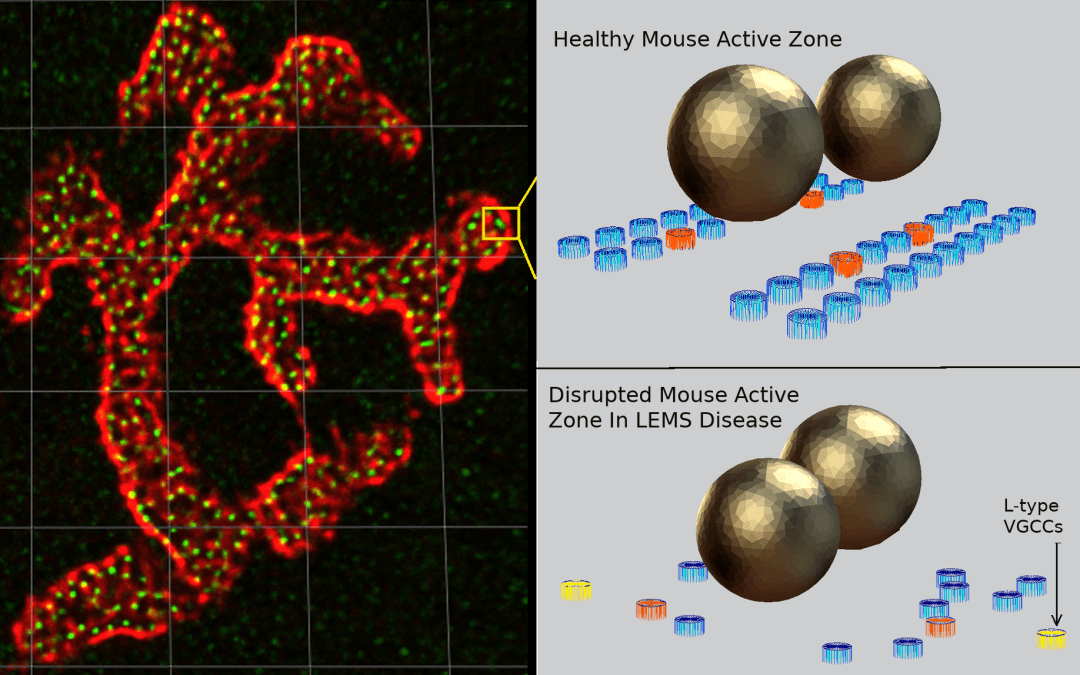
Simulations Suggest that Muscle Disease Cause Is Complex, May Need Multiple Treatments
Bridges-2 Sims of Lambert-Eaton Myasthenic Syndrome Identify Multiple Factors that May Need to Be Addressed
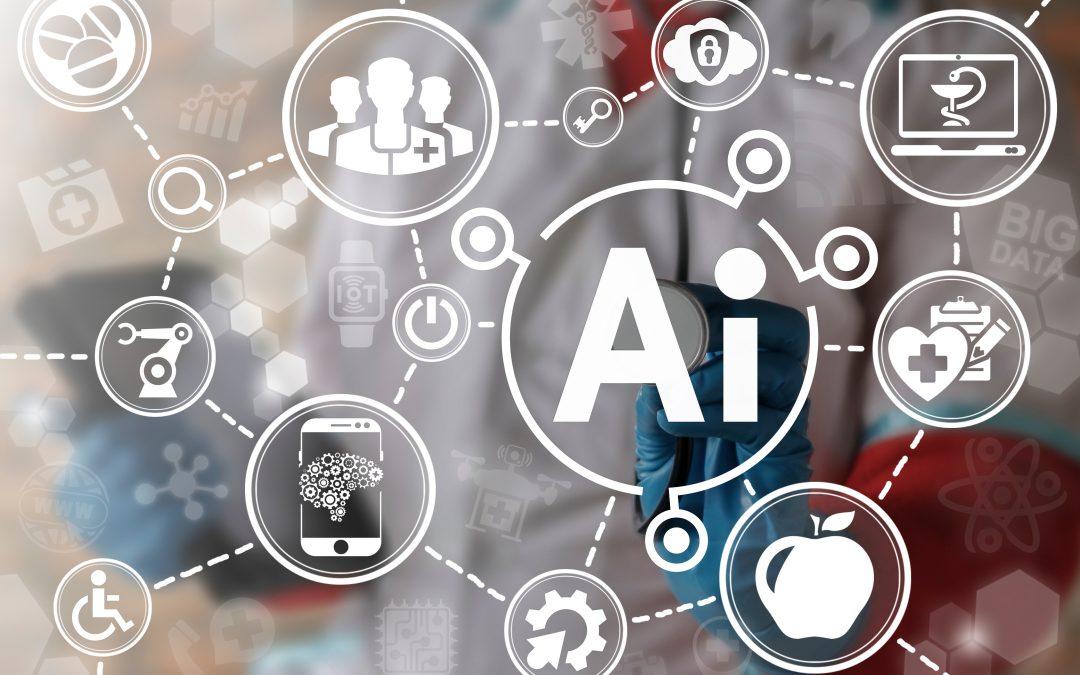
Harvard Team Uses Bridges-2 to Build AI Cancer Diagnosis Tool
Initial work with PSC system pilots AI that went on to predict colorectal cancer genetic status that would otherwise require lengthy lab testing
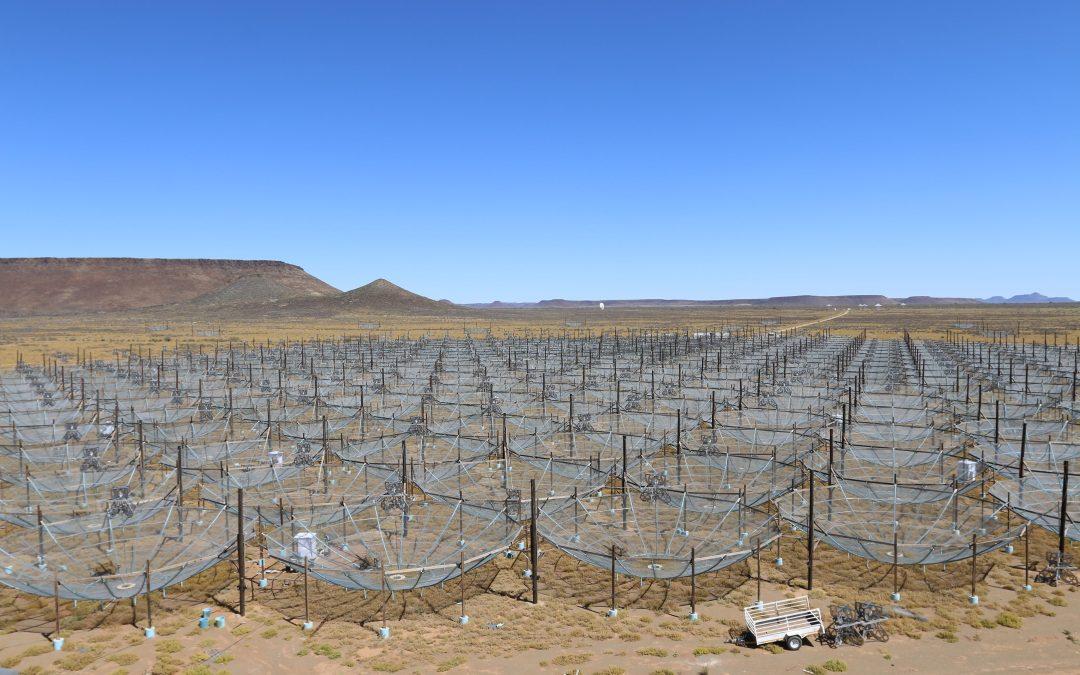
HERA Telescope Team Uses Bridges-2 for Critical Measurement of Early Universe
PSC supercomputer helps set upper limit to “brightness temperature” of hydrogen signal, narrowing possible explanations for Universe’s evolution
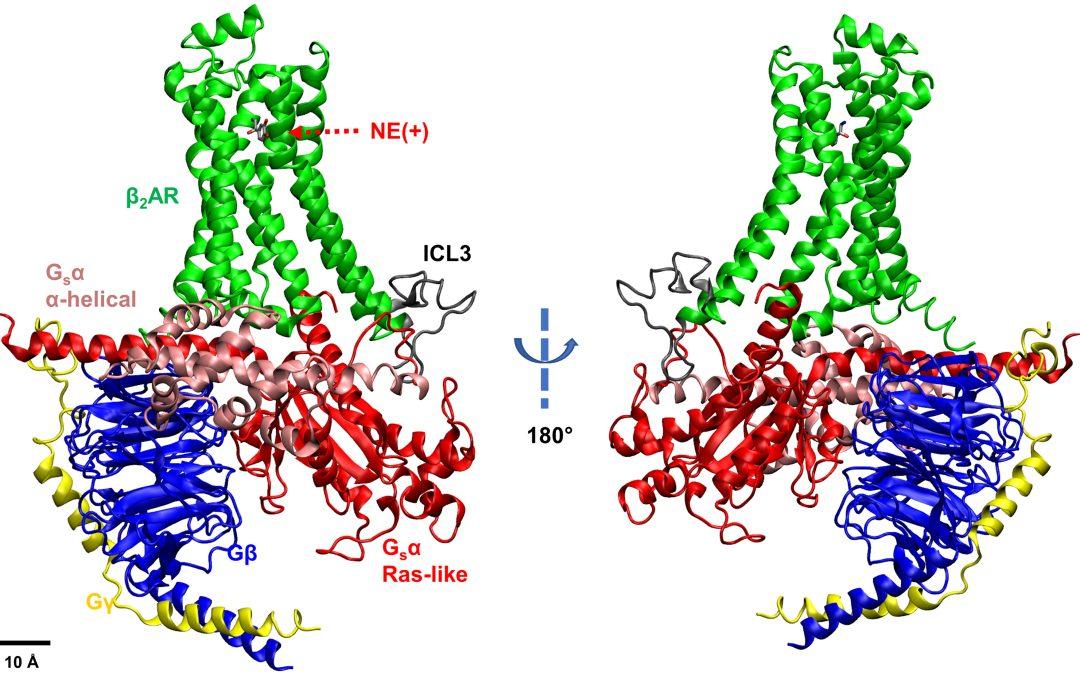
“Invisible” Protein Movements Revealed by Anton 2 Simulations
Interactions not before seen between medically important beta-adrenergic receptor and its associated G protein offer clues to better heart, lung, and other medications.
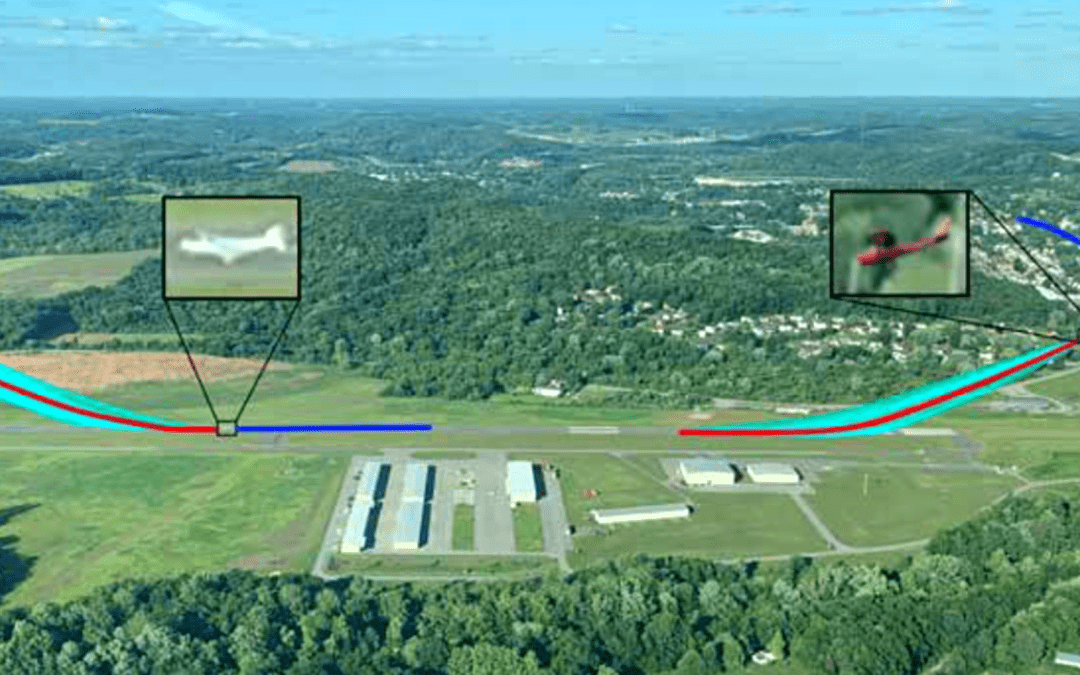
CMU Robotics Institute AIs Learn New Tasks with Unprecedented Flexibility
A Bridges-2-developed AirDet approach removes requirement for extensive retraining in applying AIs to new jobs
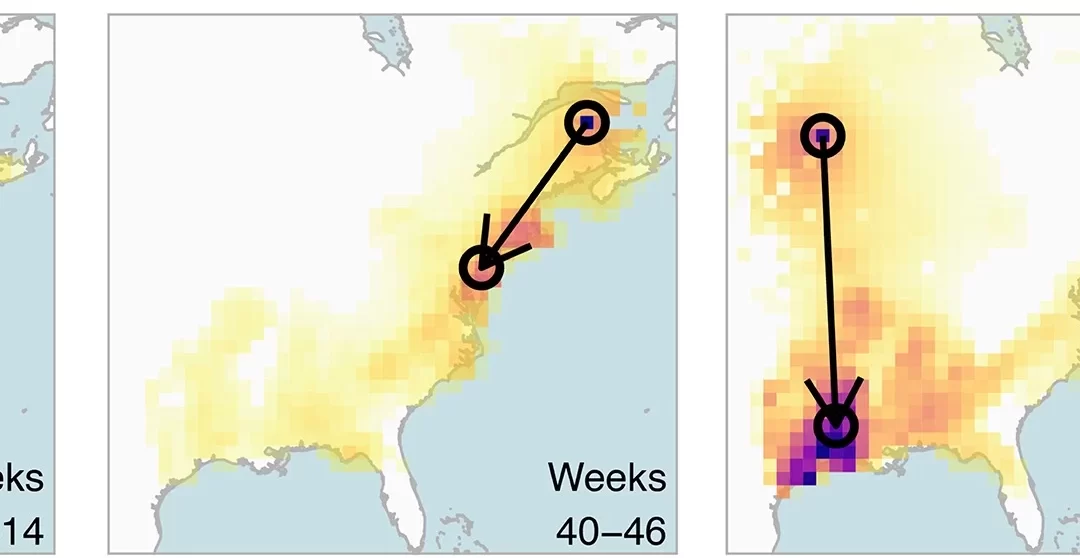
BirdFlow AI “Connects the Dots” in Massive, Volunteer Database to Track Migratory Birds
Bridges-2 central in removing biases from global eBird database so AI could predict how birds travel
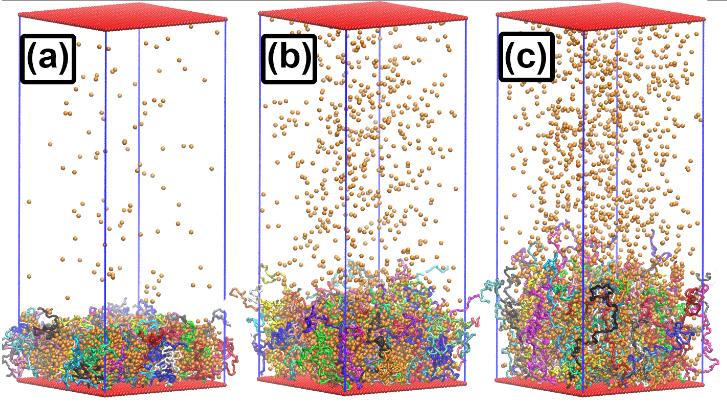
Bridges-2 Simulations Reveal Promising Properties of Polymer Brushes
Proof-of-concept work suggests applications in industrial processes, environmental monitoring, and medicine

Cultural “Landscapes” Uses Metaphor of Valleys, Mountains, and Plains to Understand the Evolution of World Religions
Work on Bridges-2 shows the approach can help explain persistence of some cultural practices as well as how culture changes over time

PSC-Intern’s Work Reveals How Clam Evolution Avoids Poisoning by Toxic Gas in UPR Study
Scientists leverage past MARC program to maintain competitive bioinformatics program at minority-serving institution
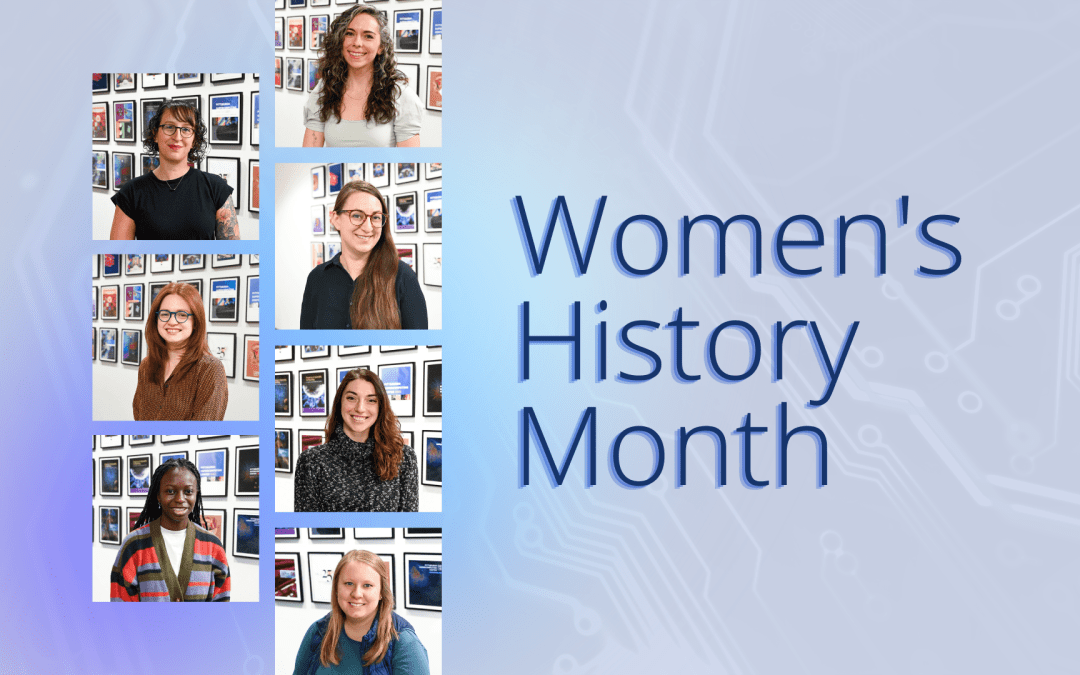
Women’s History Month
The Pittsburgh Supercomputing Center is proud to highlight the work and life of our newest women team members for Women’s History Month
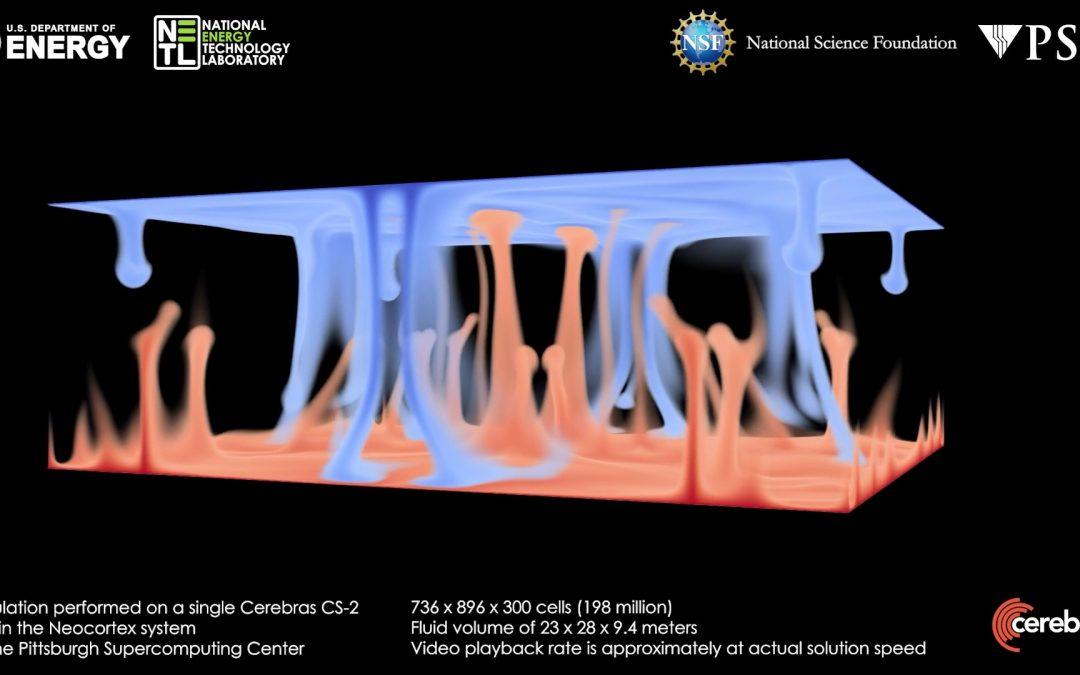
Neocortex Speeds Fluid Simulation by Several Hundred Times
Real-time simulations offer better, faster predictions in dozens of real-world problems

Anton 2 Simulations Reveal Unexpected Role for Brain Neurotransmitter
Ability of D-serine to switch from boosting excitatory signals to blocking them suggests route for preventing long-term injury or stroke damage

James Barr von Oehsen Named Director of the Pittsburgh Supercomputing Center
James Barr von Oehsen has been selected as the director of the Pittsburgh Supercomputing Center (PSC), a joint research center of Carnegie Mellon University and the University of Pittsburgh. Von Oehsen is a leader in the fields of cyberinfrastructure, research computing, advanced networking, data science and information technology.

Bridges-2 Simulations Help Explain Lack of Ultraviolet “Flash” in Neutron-Star Merger
Scientists had not predicted absence of electromagnetic signal in 2019 detection
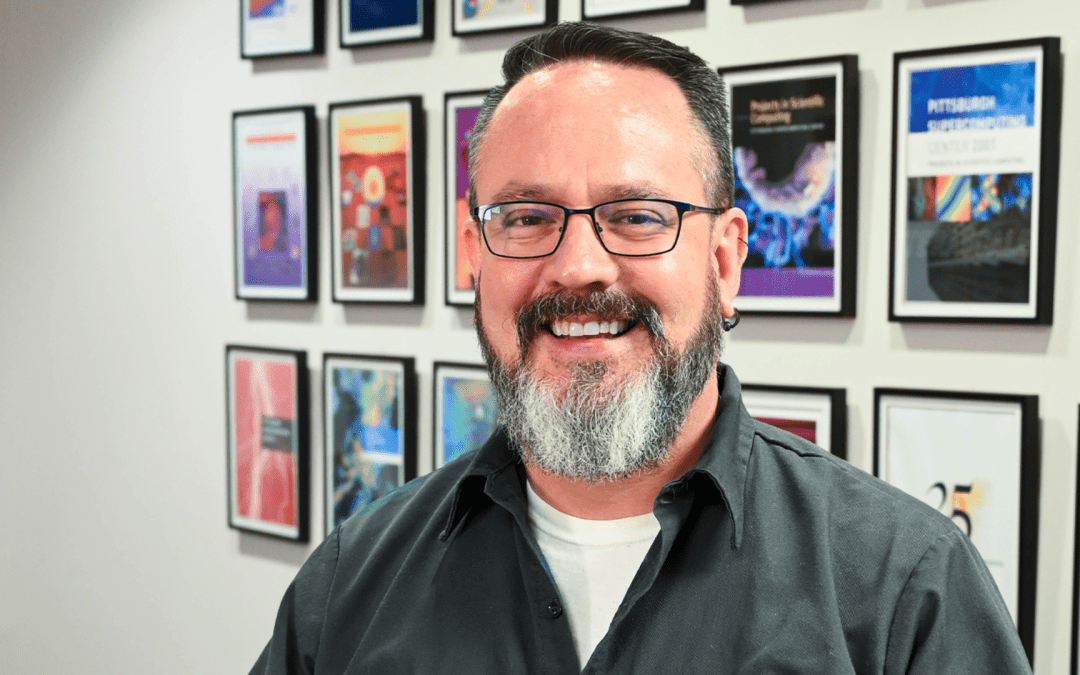
Chris Rapier: Keeping High Performance Data Transfers Safe at Any Speed
From the beginning, Chris and the team have worked to make HPN-SSH ubiquitous, easy to use, and setup-free for data transfers. These efforts are part of the team’s goal to continuously enhance the scientific research workflow.
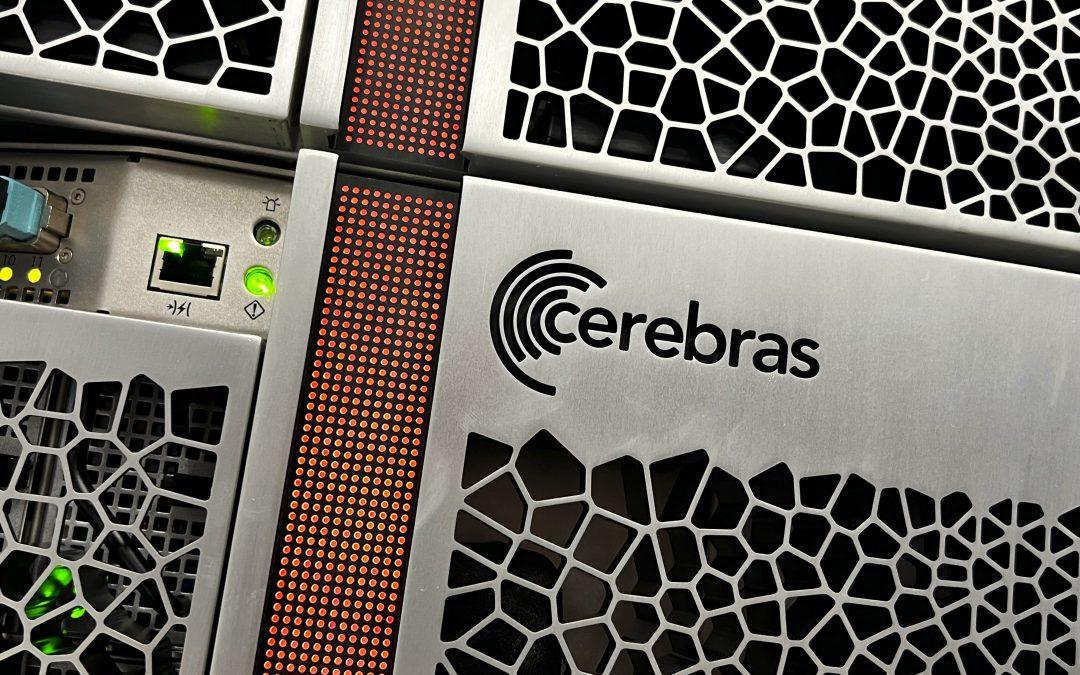
National Energy Technology Laboratory and Pittsburgh Supercomputing Center Pioneer First Ever Computational Fluid Dynamics Simulation on Cerebras Wafer-Scale Engine
Running on Cerebras CS-2 within PSC’s Neocortex, NETL Simulates Natural Convection with Multi-Hundred Million Cell Resolutions, Pointing the Way to More Powerful, Energy Efficient and Insightful Scientific Computing
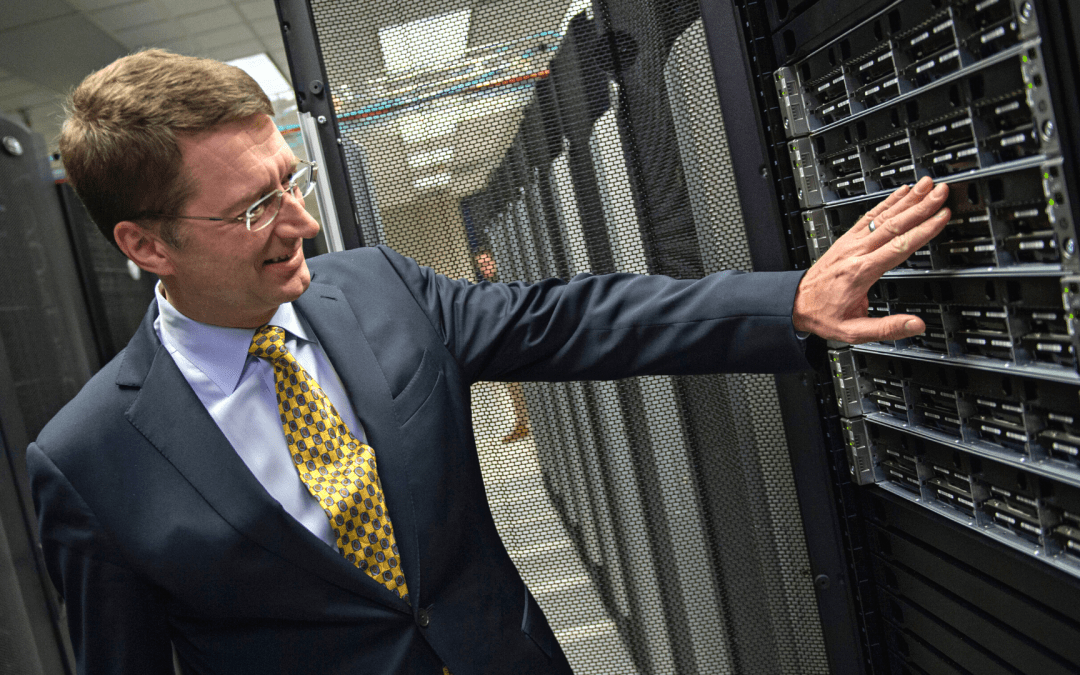
CMU Research Supported by PSC Wins Artificial Intelligence Award
AAAI award cites Tuomas Sandholm’s work using three generations of PSC flagship systems on improving organ donation exchanges with AI

“Transparent” AI Improves Outcome Prediction in Medicare Patients
Bridges-2-powered AI matches life-critical performance of other AI and non-AI alternatives — unlike them, its “thinking” is understandable to humans

Anton 2, Bridges-2 Simulations Explain Life-Critical Protein in the Brain
Complementary strengths of researchers, computers help identify structure and motions of protein and its electrical conductance through the nerve-cell membrane
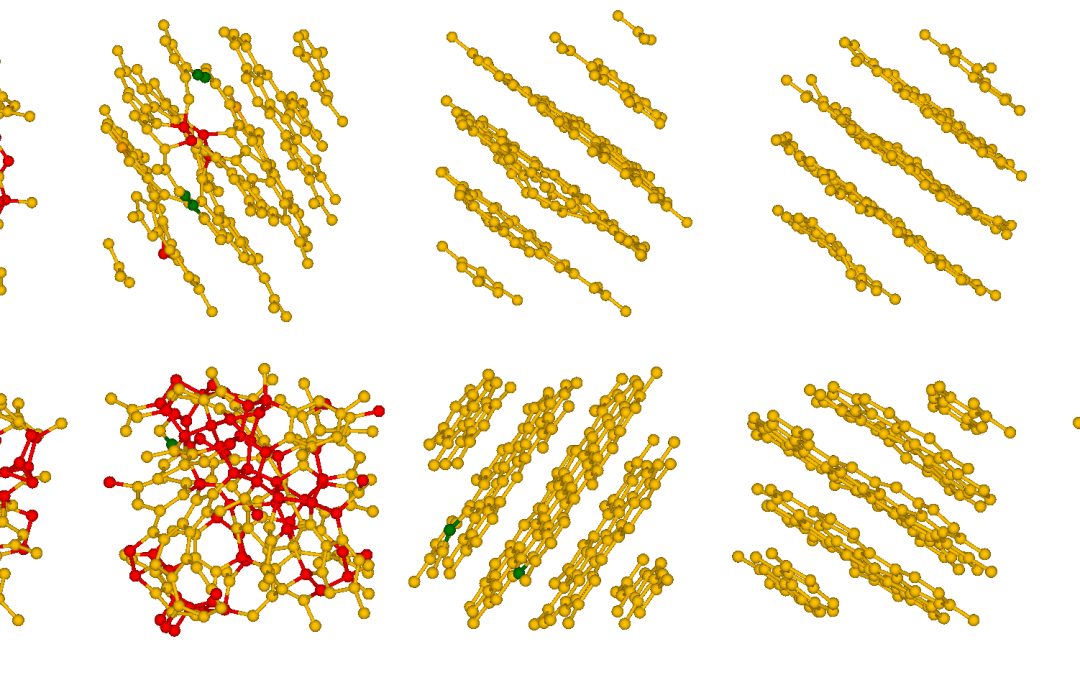
Ohio University Simulations on PSC Supercomputer Transform Coal-Like Material to Amorphous Graphite and Nanotubes
Offers the hope of converting coal to valuable and carbon-neutral materials key to electronic and battery technologies
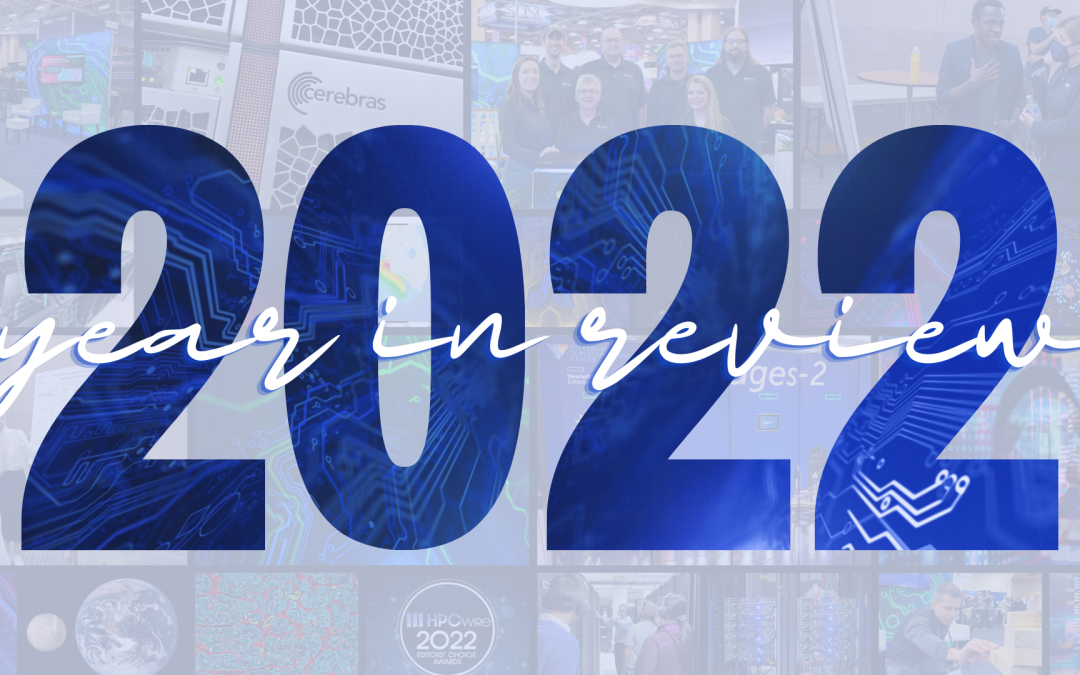
2022: Year in Review
2022 was another stellar year at PSC! We won awards, worked with interns, welcomed new faces, and widened scientific knowledge. Here’s a look back at what 2022 brought to PSC.

Storm Surge Model Runs on Bridges-2 in Real Time, Predicting Hurricane Ian’s Flooding Impacts
Timely predictions assist emergency efforts throughout state, federal responses

$5.8 Million Grant Renews Pittsburgh-Led Project to Support National Goal of Mapping Human Brain
Five-year NIH funding scales up Brain Image Library to handle vastly increased data

PSC Receives International Honors for AI-Driven, Automated Discovery of MRI Agents and Control of Fluid-Flow Heat and Stress
Thirteenth Year PSC Is Recognized by HPCwire Awards, Given to Leaders in the Global High Performance Computing Community
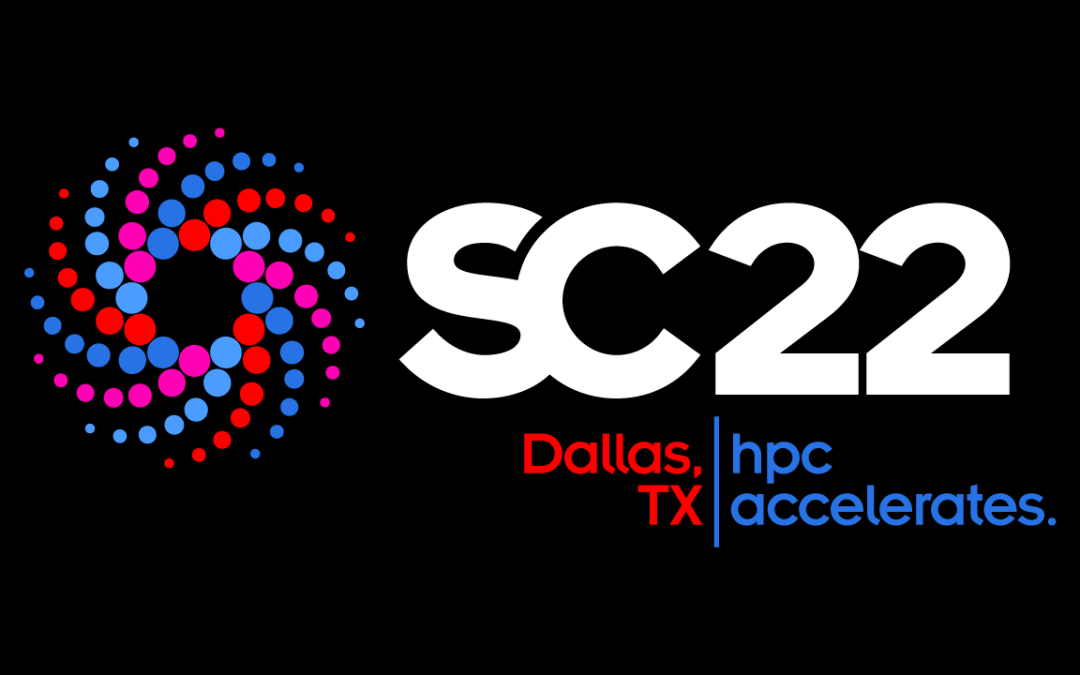
PSC at Supercomputing 2022 | Dallas, TX
PSC Demos Recent Projects at Supercomputing
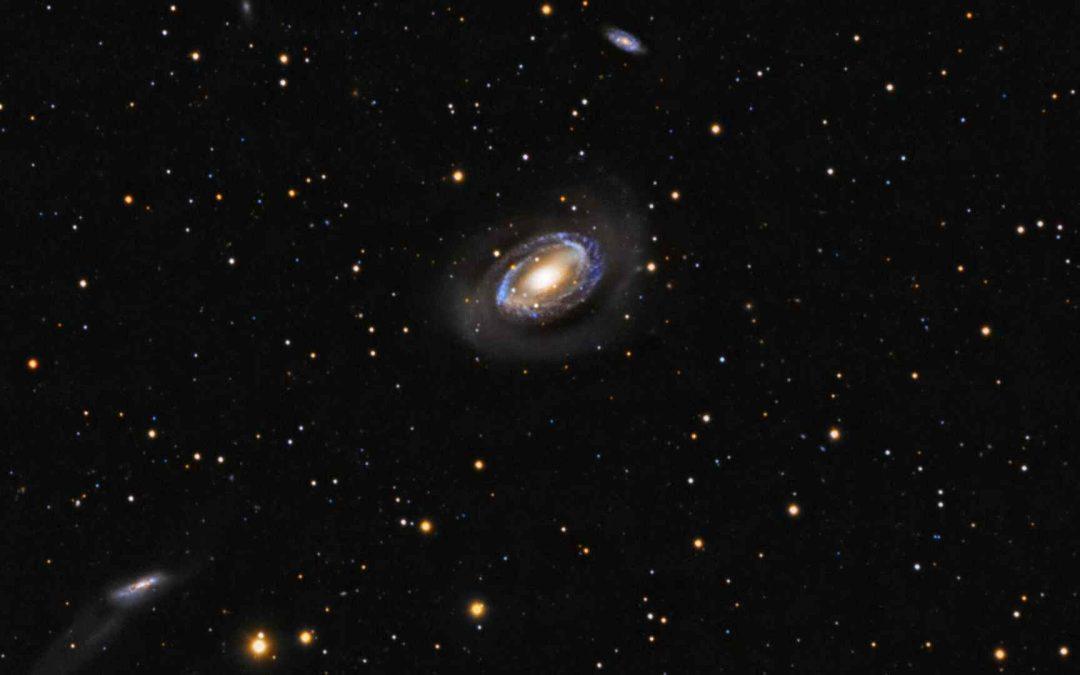
Artificial Intelligence Learns to Judge Mass of Galaxy Clusters
Predicted mass of huge Coma Cluster agrees with earlier, human-intensive attempts; offers fast, accurate measurement needed to understand early Universe
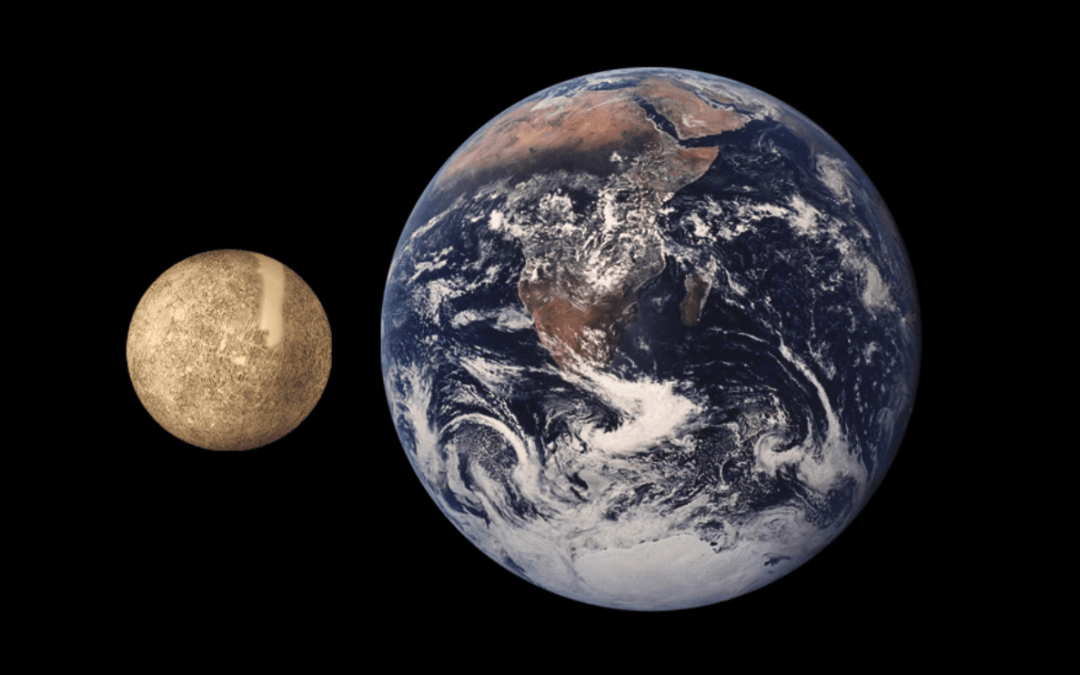
Bridges Simulations Test Mercury Formation Theory
Outward movement of Venus and Earth may have swept up lighter elements, making Mercury small and iron-rich
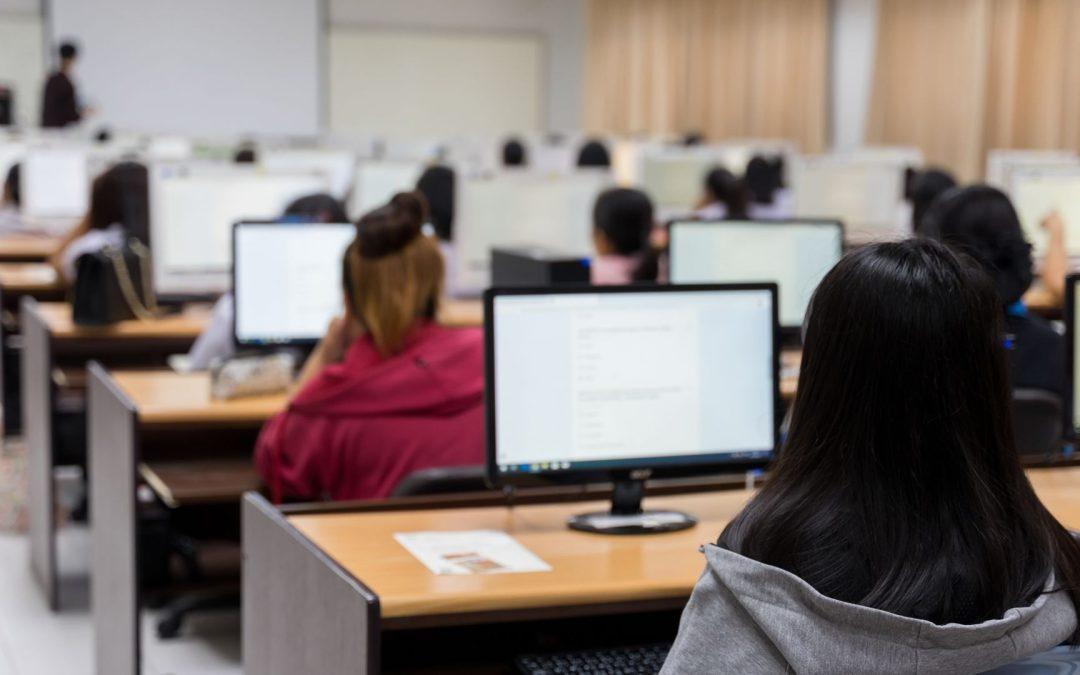
Students use Bridges-2 to Simulate Physical Stress in Carbon Nanotubes
Resulting database will enable AI exploration of movement-sensitive electrical components
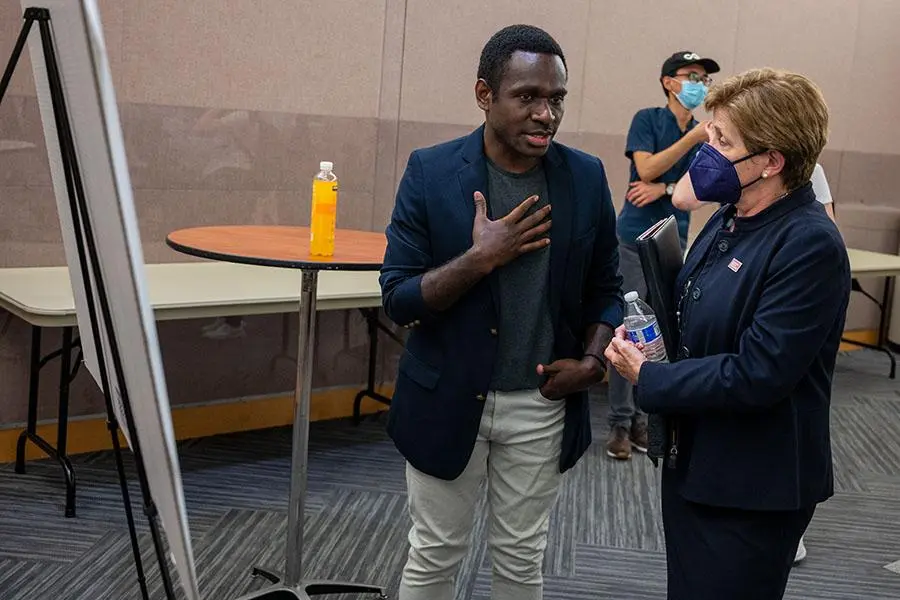
Summer Interns Finish on a High Note
PSC offered students a variety of real-life, hands-on and skill-building projects during their internships this summer
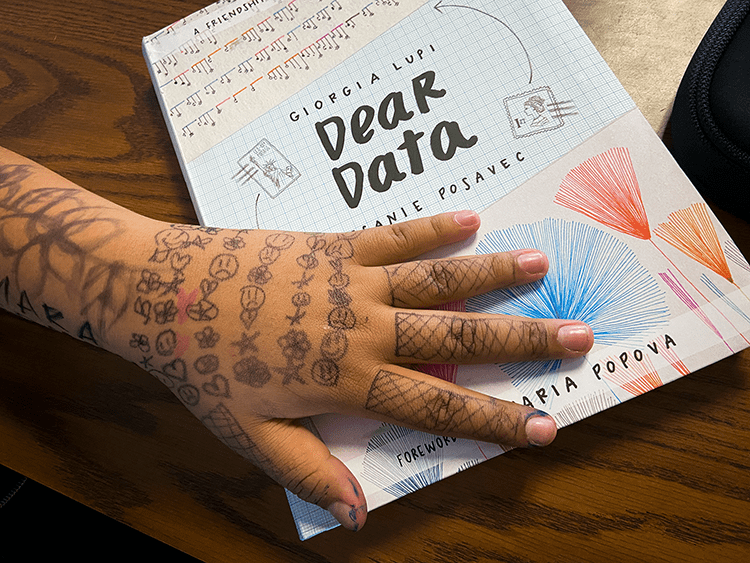
DataJam Goes National
Student data-science competition adds teams outside Pittsburgh region, including from California Native American youth center and New Jersey schools
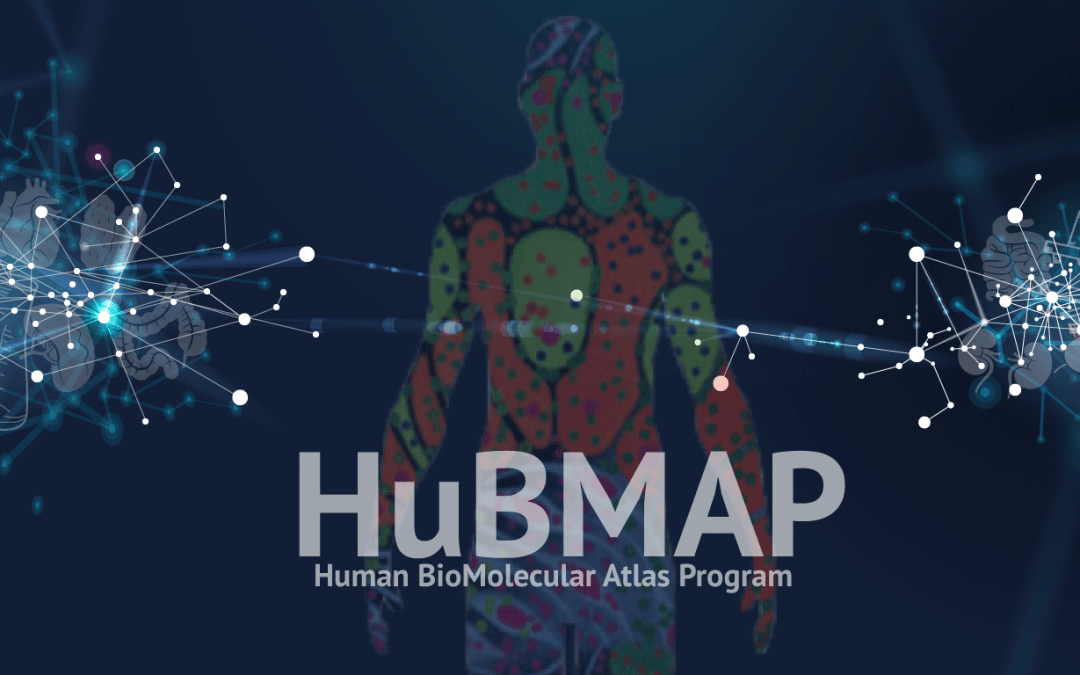
$20 Million in Renewed Grants from NIH Will Provide Data Infrastructure and Leadership to International Collaboration to Map Human Body at Cellular Resolution
Four years of additional funding to PSC, Pitt, CMU and Stanford will provide the HuBMAP Consortium with data infrastructure and leadership in community engagement to build a human reference atlas

Bridges Simulations Improve Quantum Approach to Computing
Work establishes benchmark for beating classical computers, optimizes quantum performance
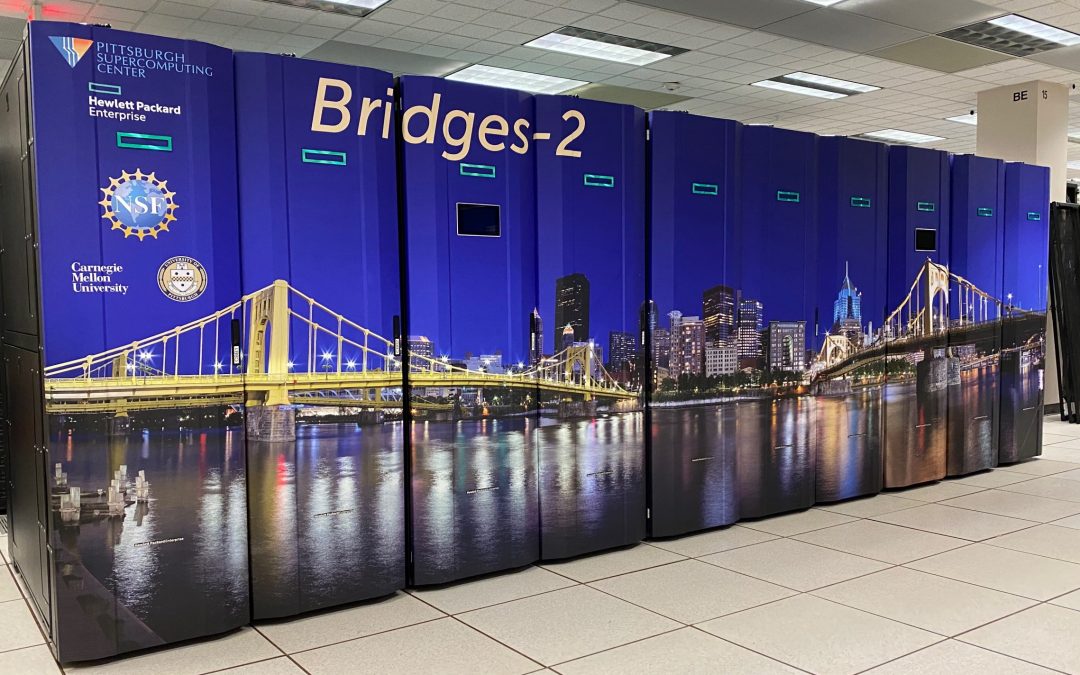
Curtis Meyer, Michael J. Becich Named Interim Co-directors of PSC
CMU, Pitt form search committee for replacement as Shawn Brown leaves for HPE Shawn Brown has stepped down from his position as director of PSC. He is leaving to take on a strategic corporate opportunity at Hewlett-Packard Enterprise (HPE). Carnegie Mellon...

Meet PSC’s Summer Interns
We didn’t have to search hard to find qualified students for PSC’s Summer Internship Program. Over 100 students applied for the five available positions. Let’s meet them and find out what projects they’re working on this summer.
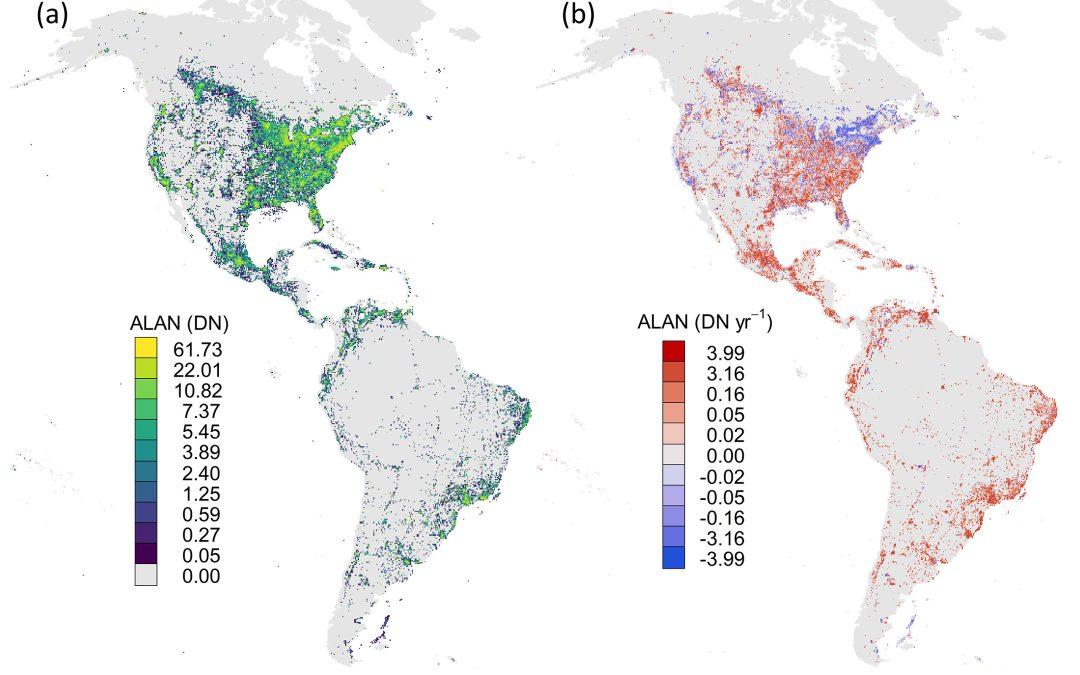
Study Shows Artificial-Light Impact on Migratory Birds
Analysis of 42 species in Western hemisphere suggests most effective steps for reducing city lights’ harm
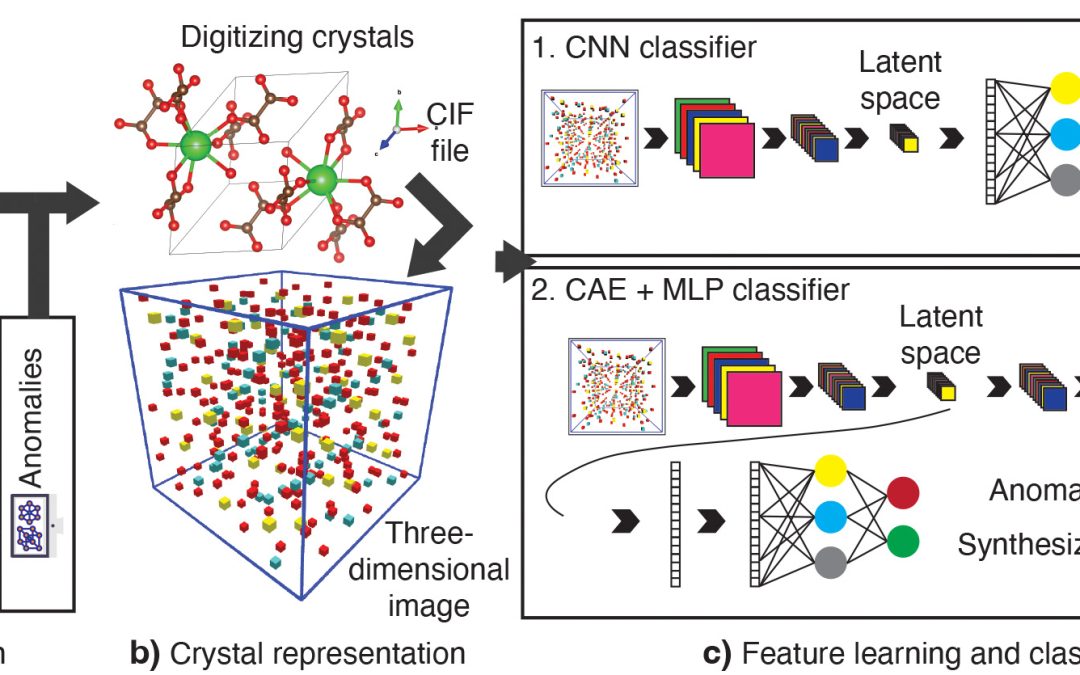
AI Predicts Synthesizability of Crystals via Abstract Images
Images derived from crystal structures help neural network running on Bridges-2 to predict ability to create a given crystal in the real world
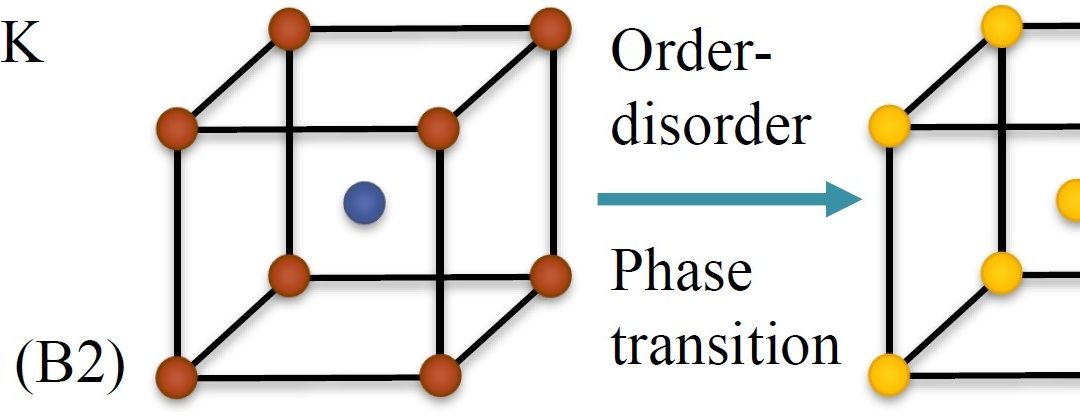
PSC-Led Computer Program Receives $150,000 in Improvement Funding
$7-million NSF Characteristic Science Applications program to further develop 21 scientific software projects
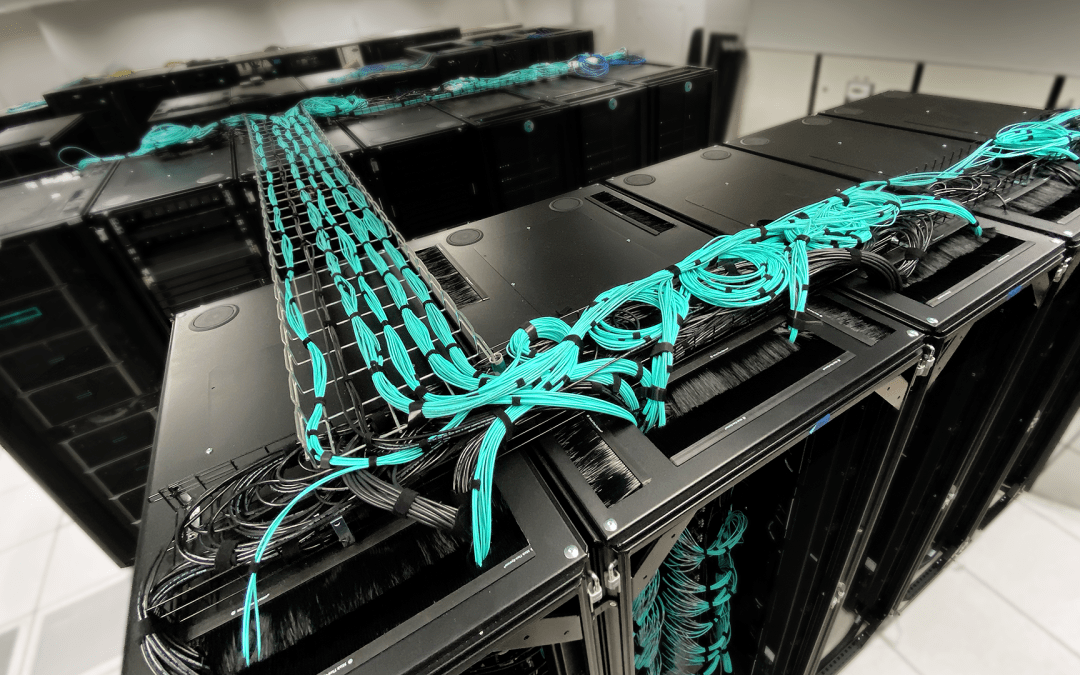
PSC and Partners to Lead $7.5-Million Project to Allocate Access on NSF Supercomputers
Five-year RAMPS grant will democratize entry to NSF high performance computers; PSC also partner in CONECT, a $20-million grant to operate system
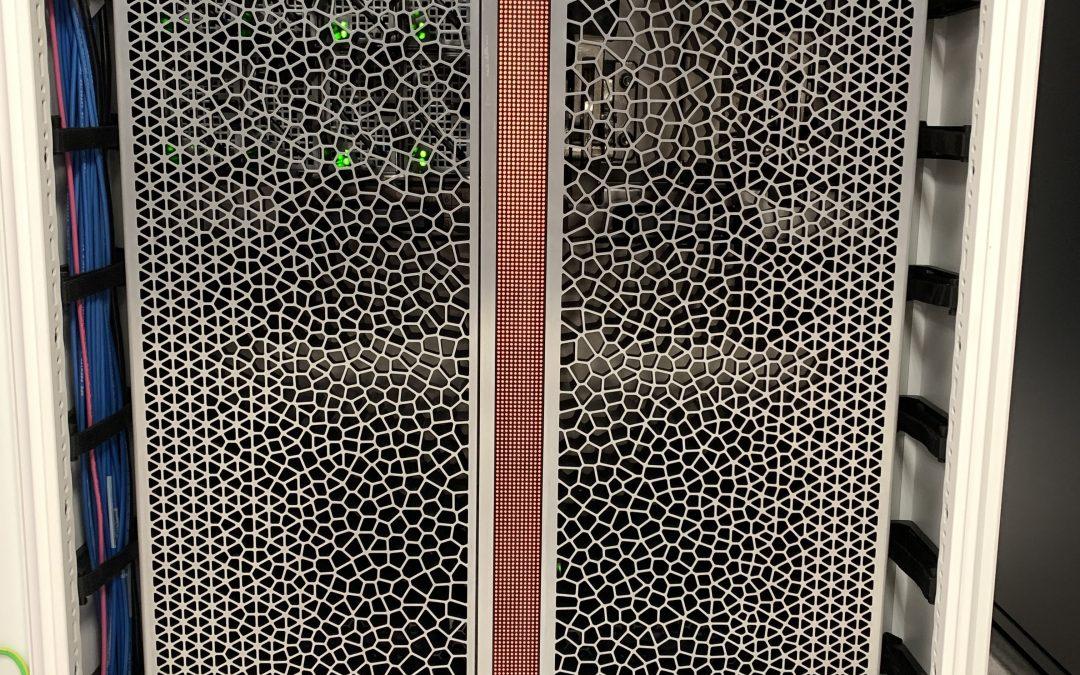
PSC’s Neocortex Upgrades to Cerebras CS-2 AI Systems
New Cerebras Systems technology will double capacity, allow larger deep-learning models and data

Students Gain Valuable Hands-on Experience through PSC’s Internship Program
When Robin Scibek, PSC's Senior Communications Manager, started at PSC as an intern, she never thought she'd still be working at PSC 19 years later. Hers, however, is not a unique story at PSC. Our internship program provides a valuable experience for undergraduate...
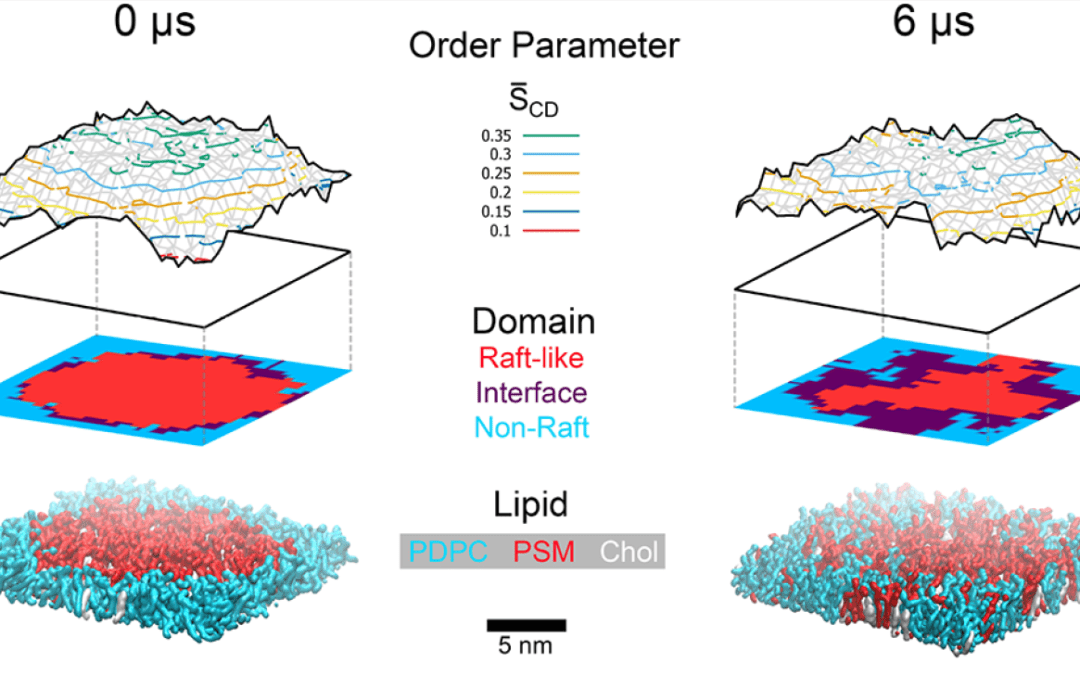
Anton 2 Sims Suggest How Fish Oil Health Benefits Start at Cell Membrane
Molecular simulations coupled with AI analysis reveal how omega-3 polyunsaturated fatty acids may regulate the size of membrane “rafts”
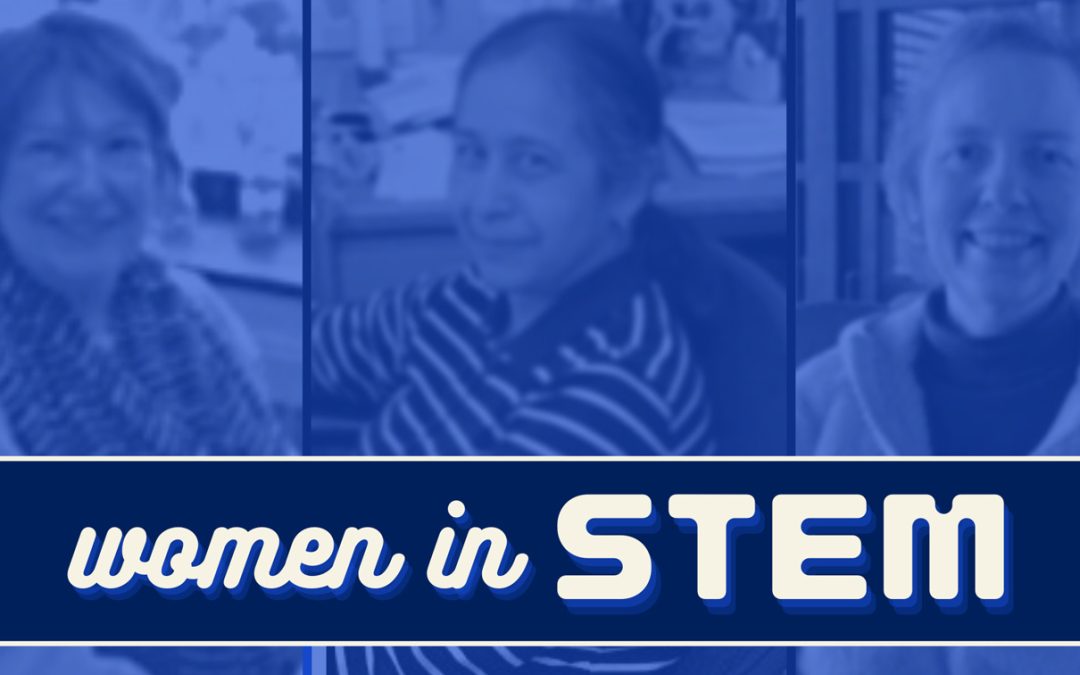
Celebrating PSC Women in STEM
Spotlight on PSC Women in STEM
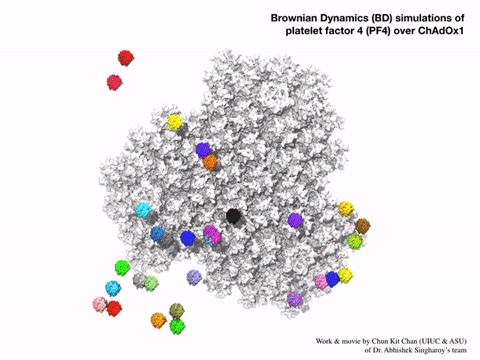
Electrical Charge of Vaccine Particles May Lead to Blood-Clot Side Effect
Bridges-2 simulations suggest complication may stem from oppositely charged clot-forming protein sticking to engineered adenovirus
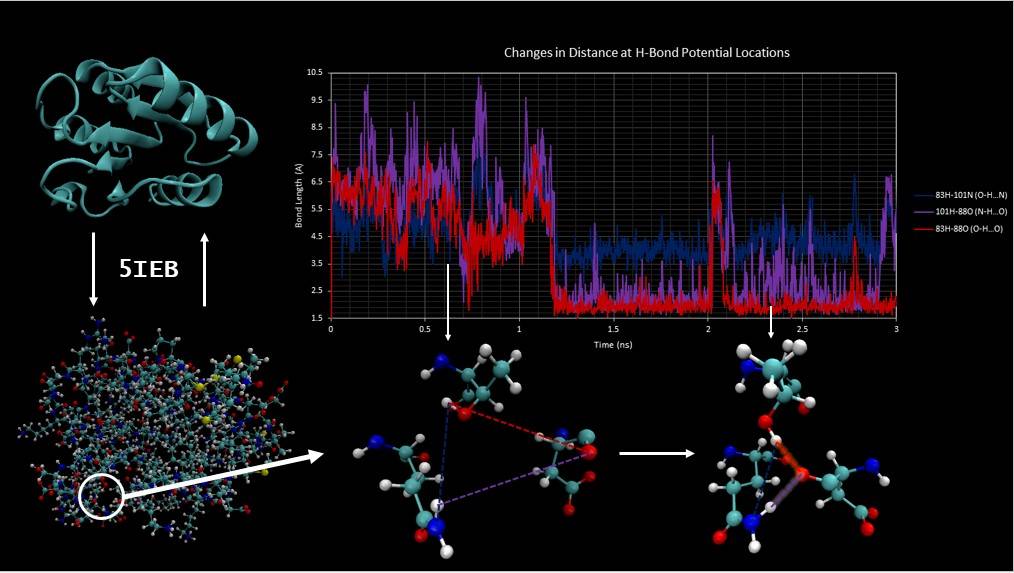
College Students Learn Molecular Simulation on Bridges-2
Educational allocation gives students taste of computational field, tools for science careers

Bridges Anchors Simulation of Sound Waves to Manage Heat, Stress in Fluid Flow
Two-step computation holds promise in improving efficiency, reducing stress in power plants, electronics, off-shore structures.
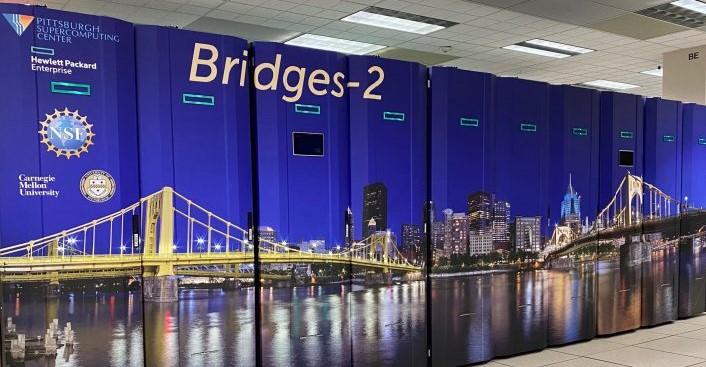
2021 Year in Review
2021 was a big year for PSC. This wrap-up includes some favorite stories from the year that highlight our people and the research we’ve been fueling.
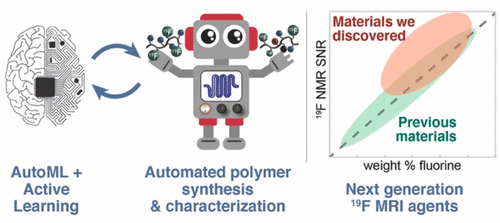
AI-Driven Robotic Design of MRI Contrast Agents
MCS-designed machine learning algorithm promises record performing materials with unprecedented speed of discovery.

MuST Program Simplifies Predictions of Material Properties
Open-Source Tool for Engineering New Substances Developed by PSC Scientist and Colleagues
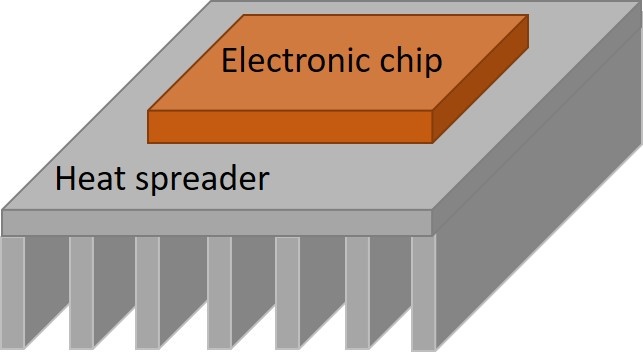
Better Heat Dissipation Points to Improved Electronics
New Materials Simulated on Bridges, Bridges-2 May Allow Smaller Devices, Avoiding “Hotspot” Problem.
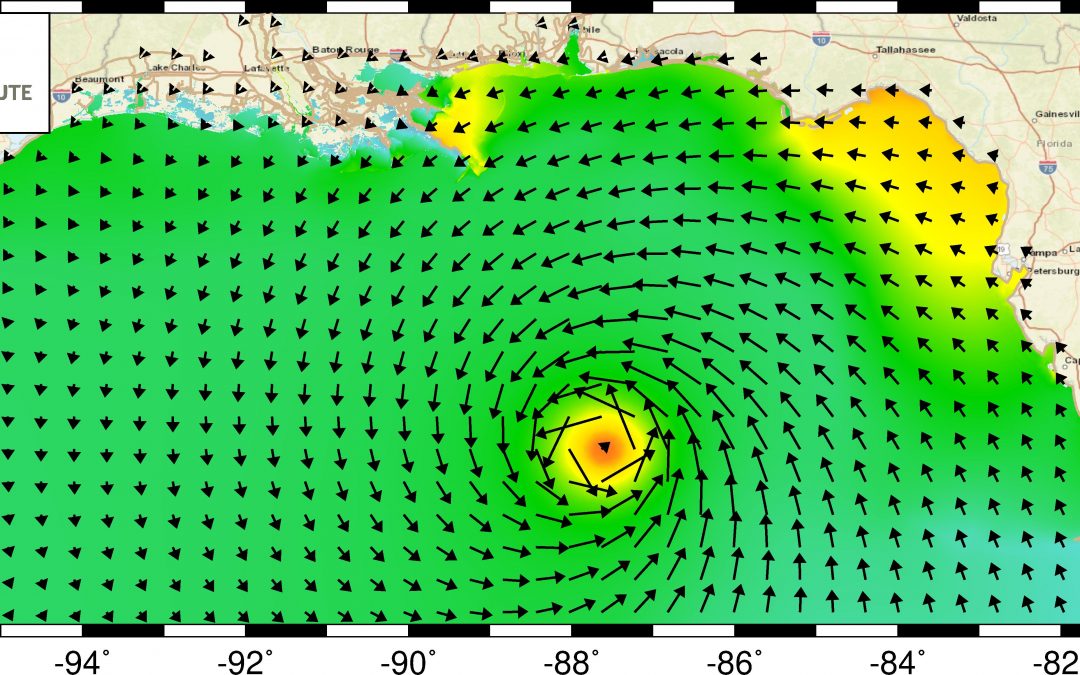
PSC Receives International Honors for Storm Damage Predictions, Classification of Star Formations
Twelfth Year PSC Is Recognized by HPCwire Awards, Given to Leaders in the Global high performance-Computing Community
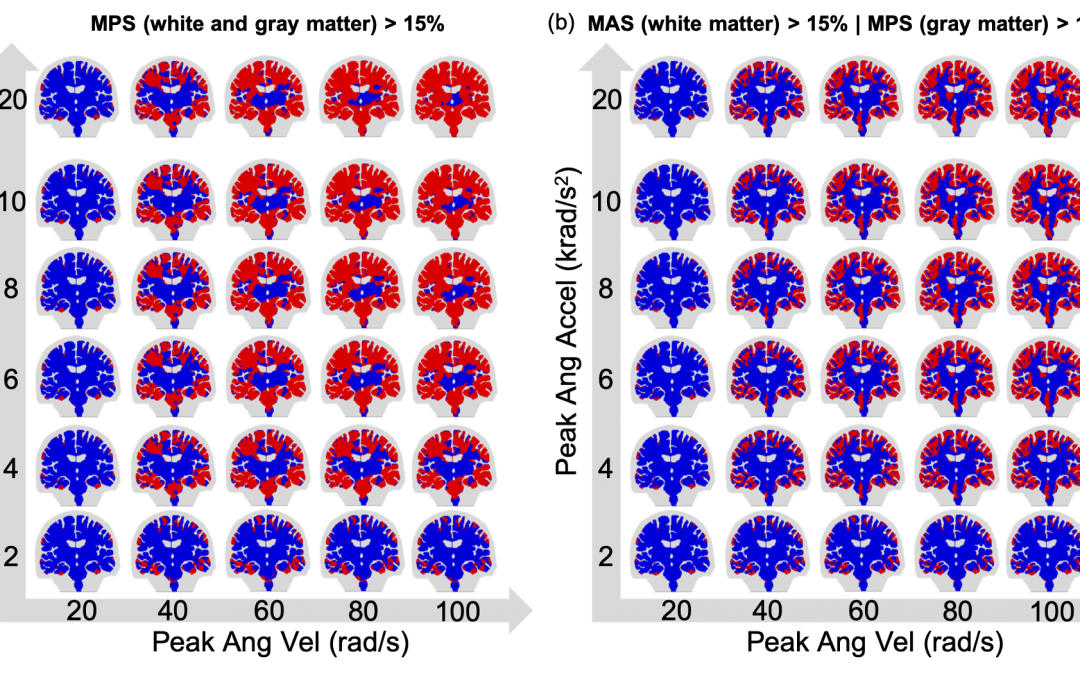
Virtual Brain Injury Study Identifies Key Factors in Potential Nerve-Fiber Damage
Initial Report Uses Simulation on Bridges for a Finer-Scale Look at Stresses Leading to TBI

$125 Million in Grants to Study Cellular Aging to Be Coordinated from Pittsburgh
NIH-funded SenNet to Create 3D Atlas of Aging Tissues, Shedding Light on Nerve Degeneration, Diabetes, Cancer and Normal Tissue Functions
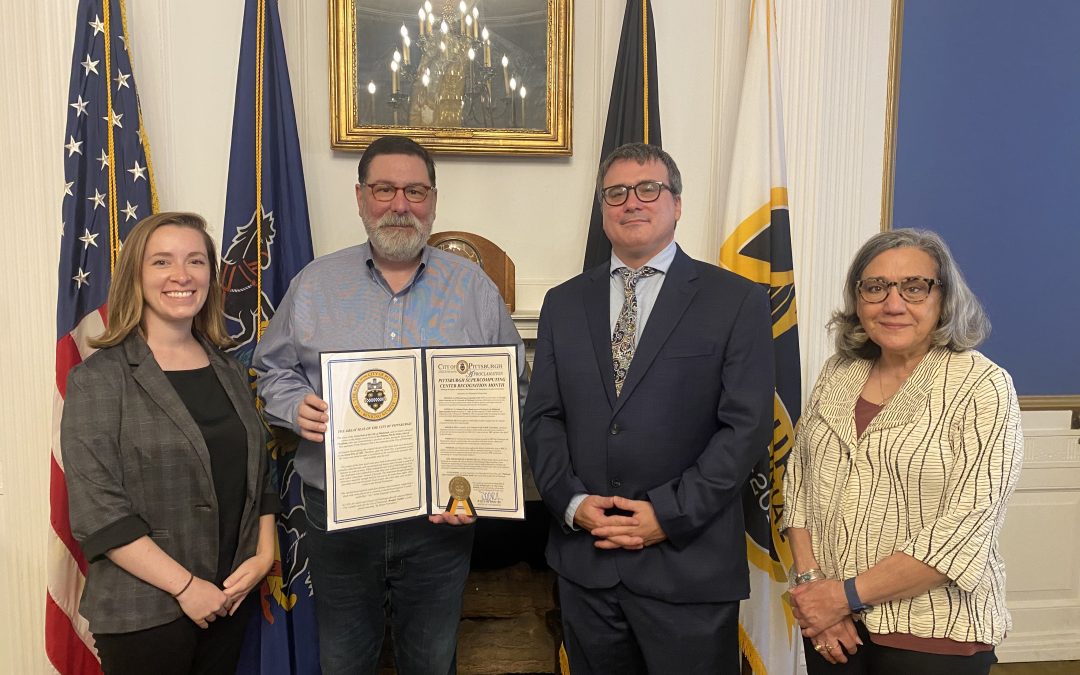
PSC Celebrates its 35th Anniversary with Proclamations from Local, State, Federal Government Officials
The Pittsburgh Supercomputing Center (PSC), founded in 1986, is celebrating its 35-year anniversary.

“Digital Backbone” Holds Promise for Democratizing Data, Removing Food Disparity
PSC’s Shawn Brown Speaks at U.N. Panel on Leveraging Data, AI for Alleviating Hunger
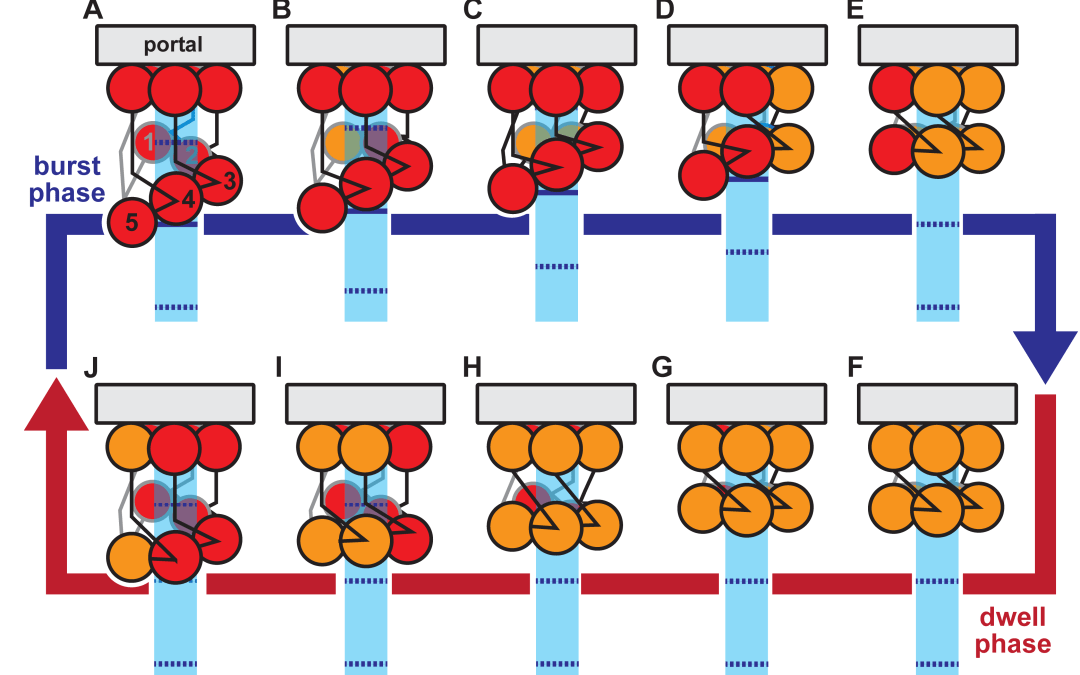
Anton 2 Simulations Explain Mechanism for Loading DNA into Virus
Two-phase Motor Packages DNA into Viral Capsids, May Offer Drug Target
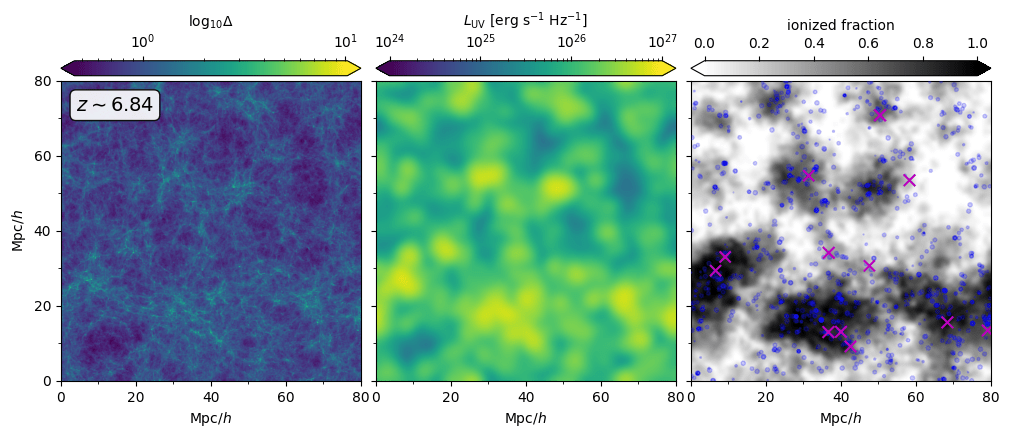
Bridges Simulations Uncover Shortcoming in Models of Early Universe
Scientists propose “hybrid approach” to correct key simplification, allowing accurate simulations of galactic evolution
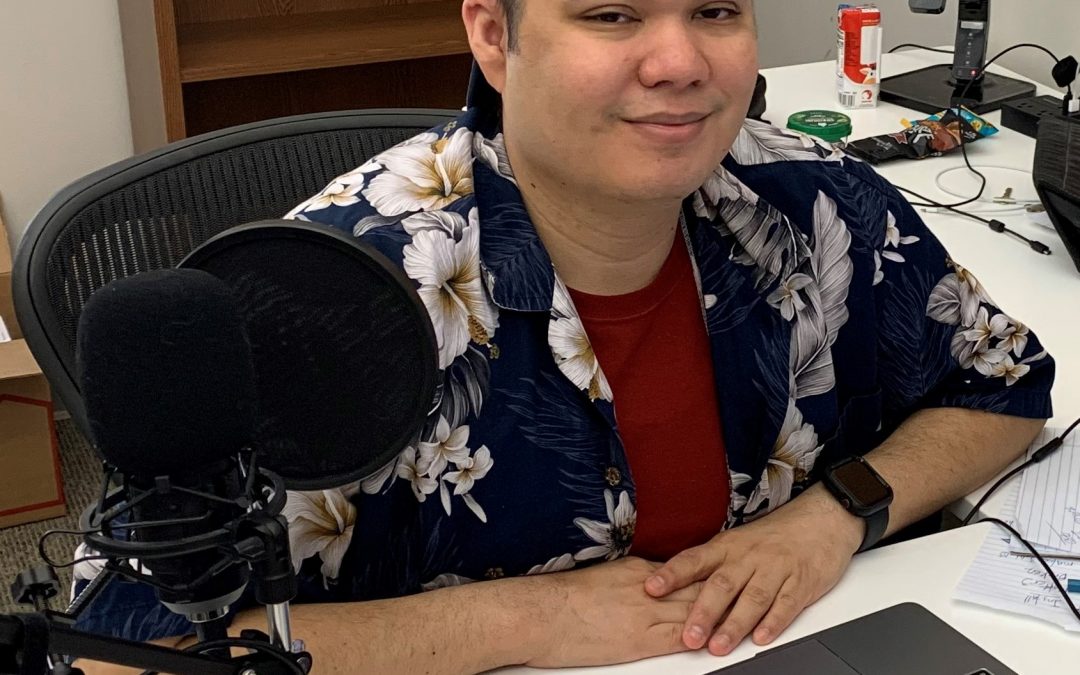
Getting to Know Ivan Cao-Berg
For some people starting a new job in the middle of a pandemic would be a disheartening experience---not seeing or meeting any of your coworkers except via Zoom could be lonely and a bit depressing. But not so for Ivan Cao-Berg who hit the ground running on his first...
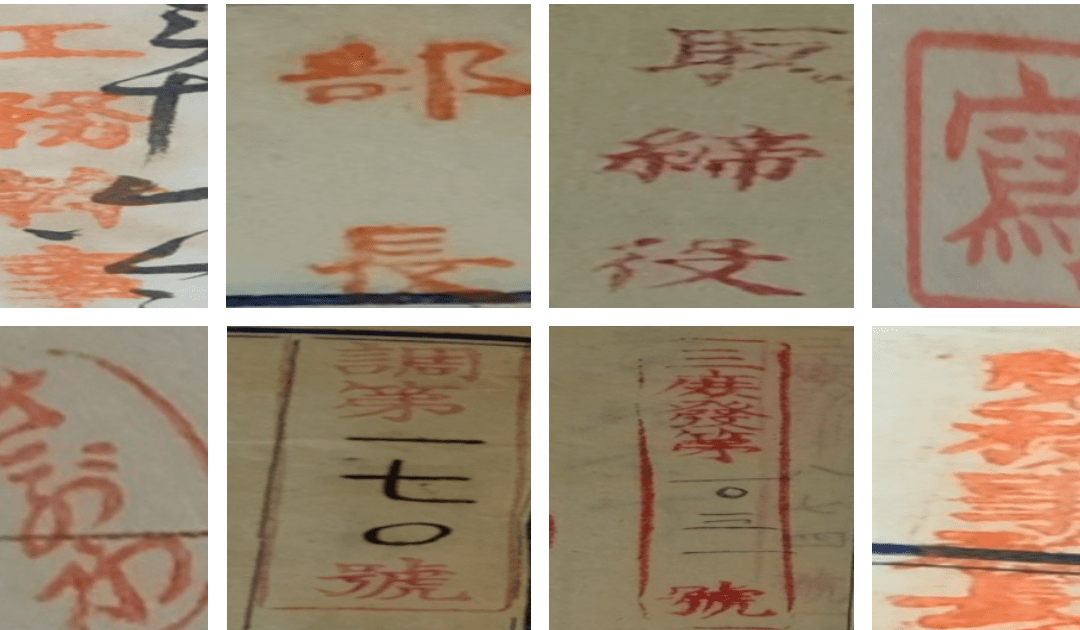
Pitt, PSC Collaboration Develops AI Tool for “Long Tail” Stamp Recognition in Japanese Historic Documents
Bridges and Bridges-2 Power Study of Business Document that Promises Better Automated Study of Datasets with Numerous Rare Items, a Key Limitation in Artificial Intelligence
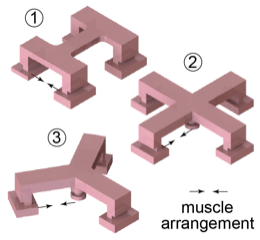
Bridges Simulates Tiny Robots with Better Directability, Maneuverability
Proof of concept for rational design of “biohybrid walkers” reduces lab testing, expense

PSC PEARC21 Preview
PSC staff will present papers and participate in panels and BOFs at PEARC21.

Hurricane Simulations by Bridges, Bridges-2 Inform State Decision-Making
Scientists created a simulation tool to predict and evaluate the effects of different storm scenarios on the Louisiana coast.
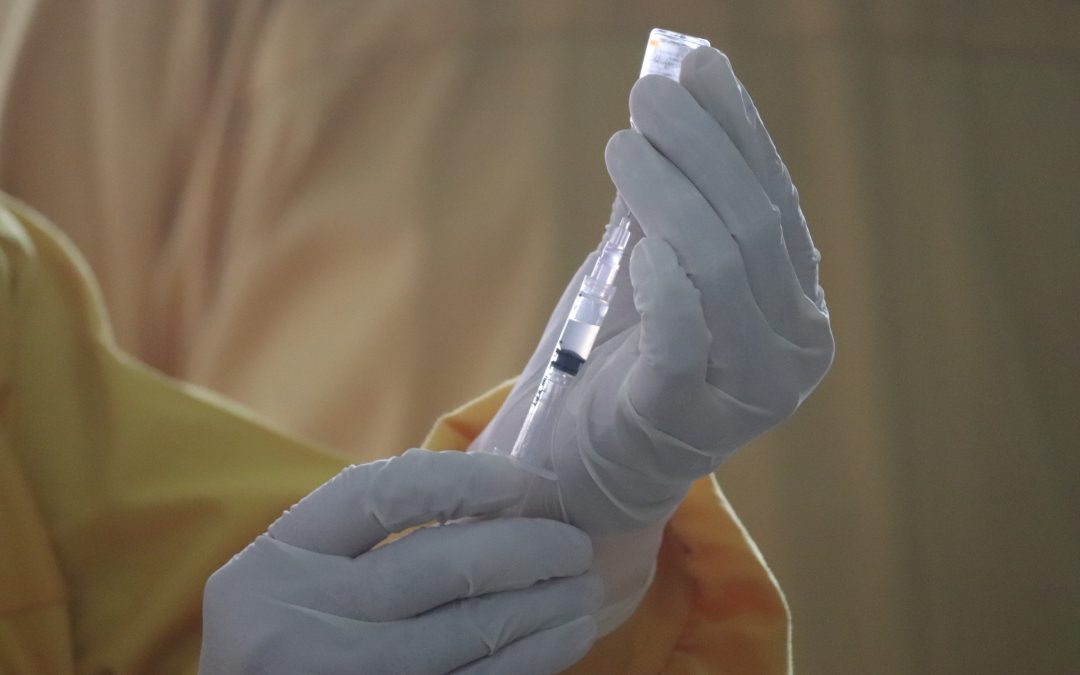
Hijacking of Pro-Vaccination Twitter Effort Is Focus of Bridges and Bridges-2 Analysis
A pro-vaccine social media campaign turned into quite the opposite due to the rapid mobilization of its opponents.
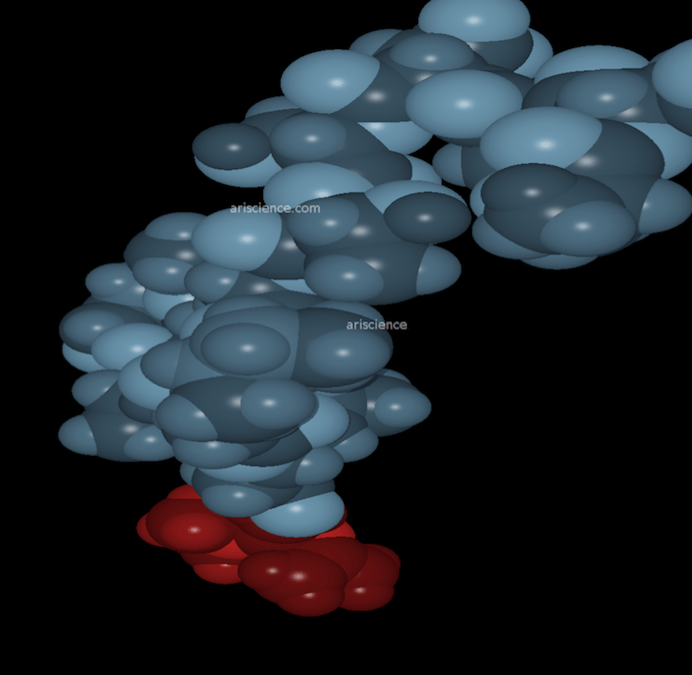
Two-step Method Identifies Known Drugs Likely to Reduce Chance of Death from COVID-19
Scientists identify existing drugs that could reduce the chance of death in patients with COVID-19

PSC Receives Another Year of State Funding
The funding PSC receives from the Commonwealth supports our workforce development efforts such as training events, educator workshops, and other outreach activities.
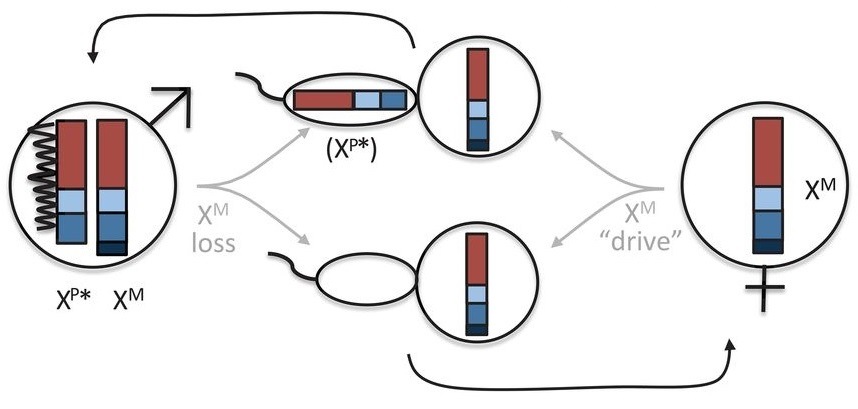
Bridges & Bridges-2 Power Discovery of Two-X-Chromosome Male Voles
The Way This Rodent Species Determines Sex Differs from All Other Mammals Known
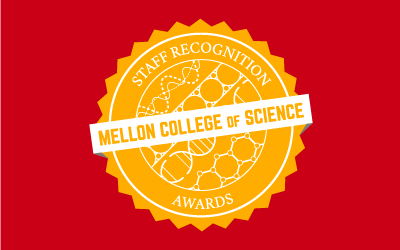
PSC staff win big at annual awards ceremony
PSC staff take home Research, Outstanding Achievement, Senior Rookie and staff Merit Awards.
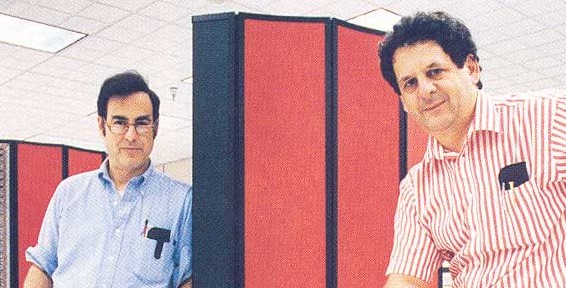
First PSC Supercomputer Powered on 35 Years Ago
PSC’s first computer, a CRAY X-MP/48, was dedicated on June 9, 1986. Thirty-five years later, look how far we’ve come!

Meet the Interns
This year we hired three summer interns from from a pool of over 100 applicants! Meet them and find out what projects they’re working on this summer.
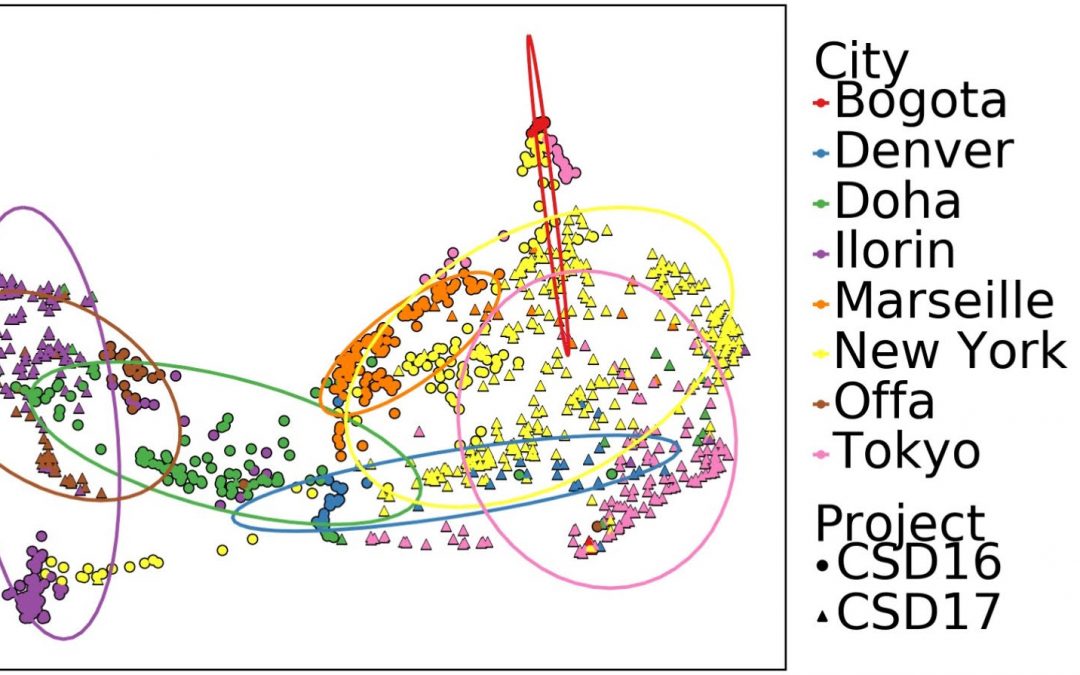
PSC Systems Power DNA-Based Identification of Surface, Airborne Microbes Worldwide
A research team has been able to analyze DNA in thousands of urban air and surface samples worldwide.
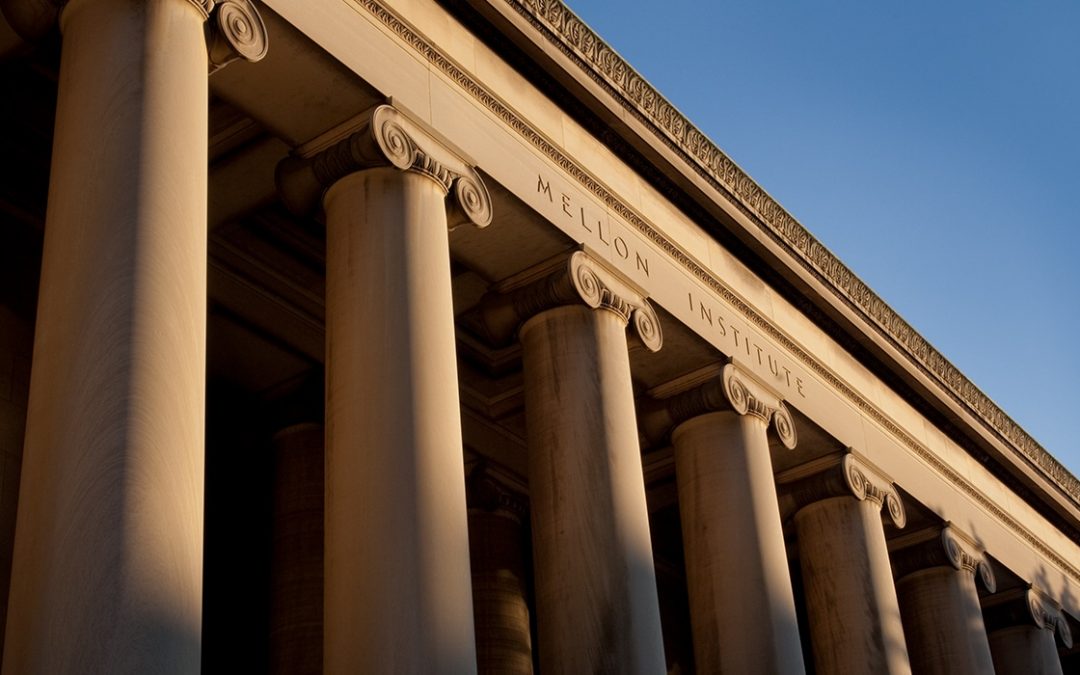
The McWilliams Center for Cosmology at Carnegie Mellon University Now Accepting Proposal Submissions
The McWilliams Center for Cosmology Seed Grant program supports faculty, postdoctoral fellows, and research staff who want to explore a new area of research and/or jumpstart their research activity.

Bridges Helps Reveal Effects of Long-Term Spaceflight on Human Body
Comparison of DNA of Spacefaring and Earth-Bound Astronauts Raises Intriguing Questions

PSC partners with CMU’s Mellon College of Science for unique Data Science graduate program
Carnegie Mellon University’s Mellon College of Science and PSC announce the launch of a Master of Science in Data Analytics for Science degree program.
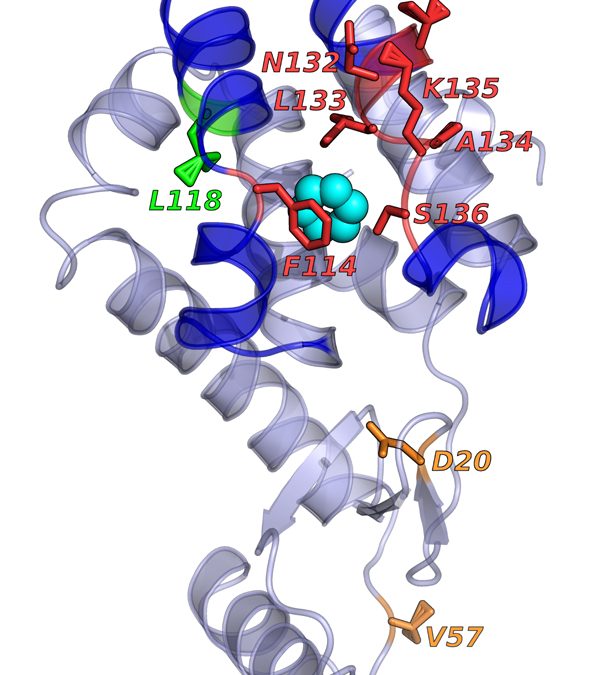
AI Uses Language Rules to Simulate Molecular Motions on Bridges
Recreates Known Chemical Rules, Opens Door to Improved Vaccines, Drugs, Industrial Processes

Building Bridges: Take Two
For PSC’s most recent system install, the team took a collaborative & strategic approach, enabled – not hindered – by COVID-19.
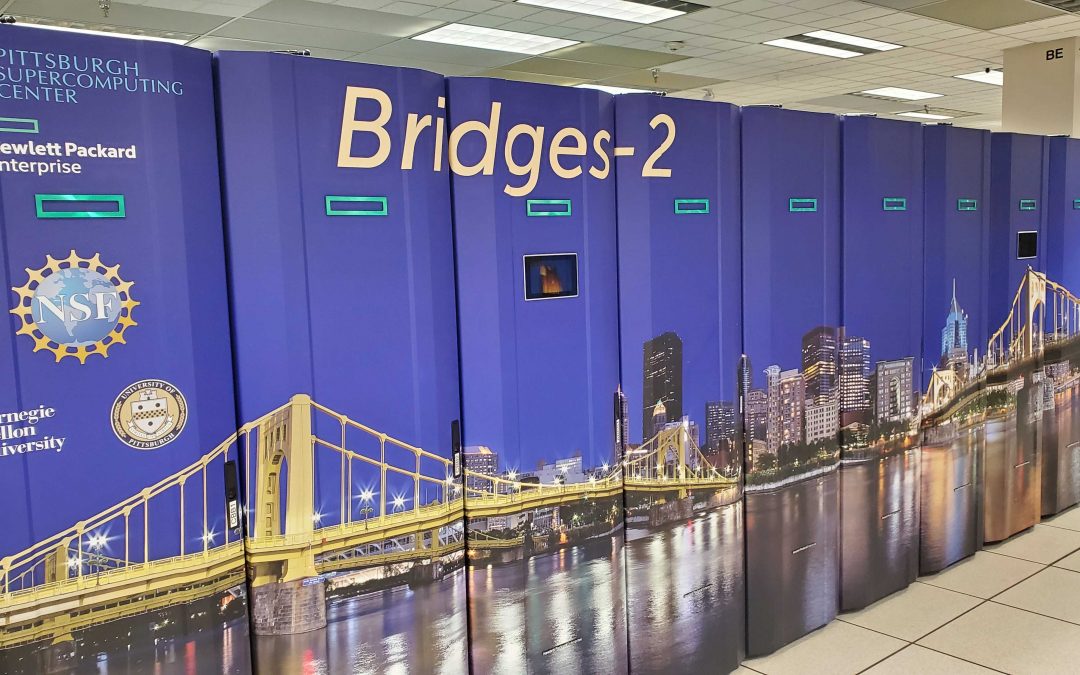
Bridges-2 Begins Production Operations
Advanced research computing platform enters first allocation period; deadline for proposals is April 15
Shawn Brown Appointed Pitt Vice Chancellor for Research Computing
PSC Director Shawn Brown has been appointed vice chancellor for research computing at the University of Pittsburgh, while remaining director of PSC.

Virtual Brain Injury Study Identifies Key Factors in Potential Nerve-Fiber Damage
RMU-Led Report Uses Supercomputing Simulation for a Finer-Scale Look at Stresses Leading to TBI
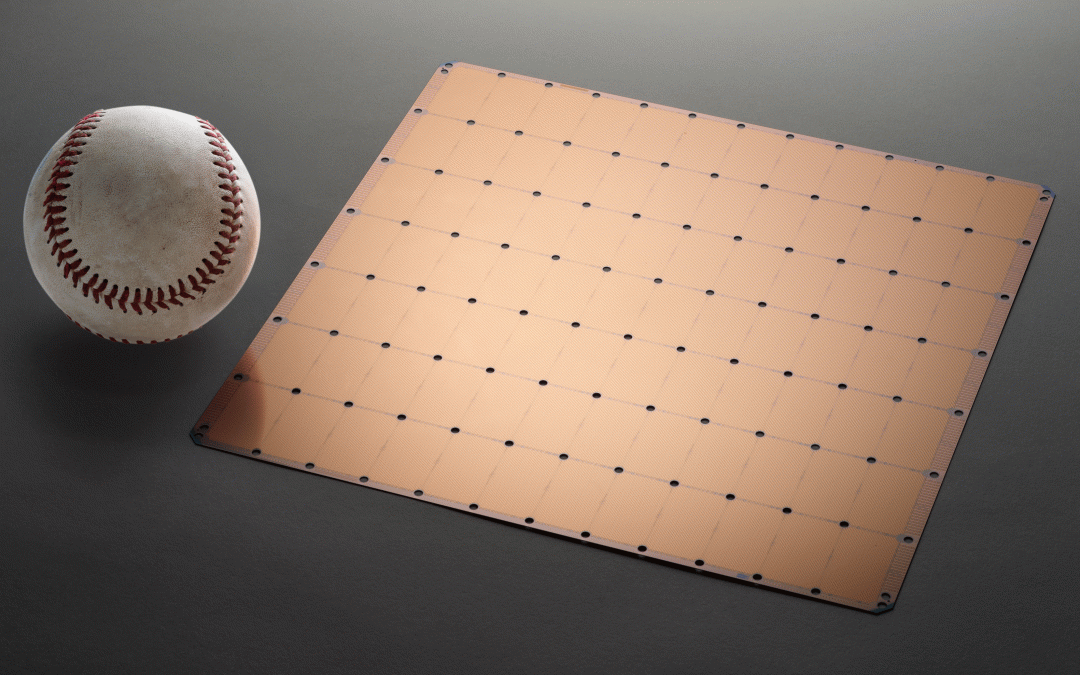
Neocortex, a Groundbreaking AI Supercomputer, Begins Early User Access at PSC
Access and AI research begins on the new PSC Neocortex system, an advanced AI computing system for science and engineering that leverages Cerebras Systems’ revolutionary Wafer Scale Engine
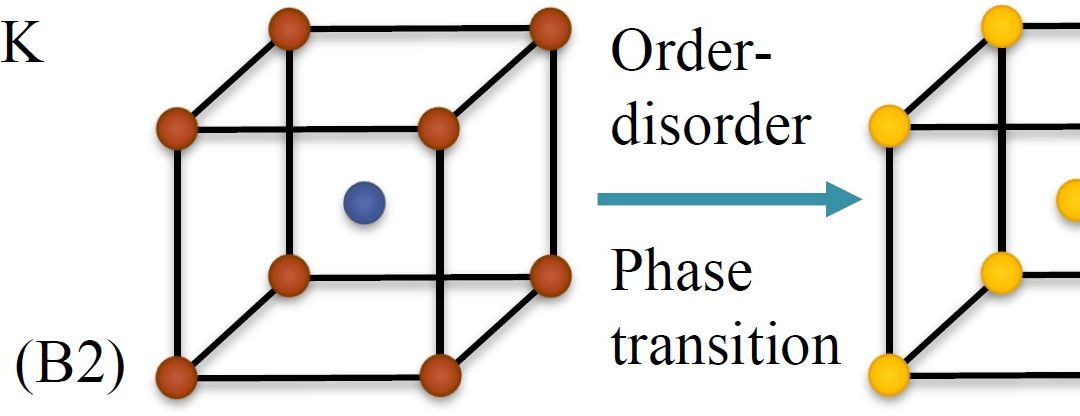
MuST Program Speeds Predictions of Material Properties
Open-Source Tool for Engineering New Substances Developed by PSC Scientist and Colleagues
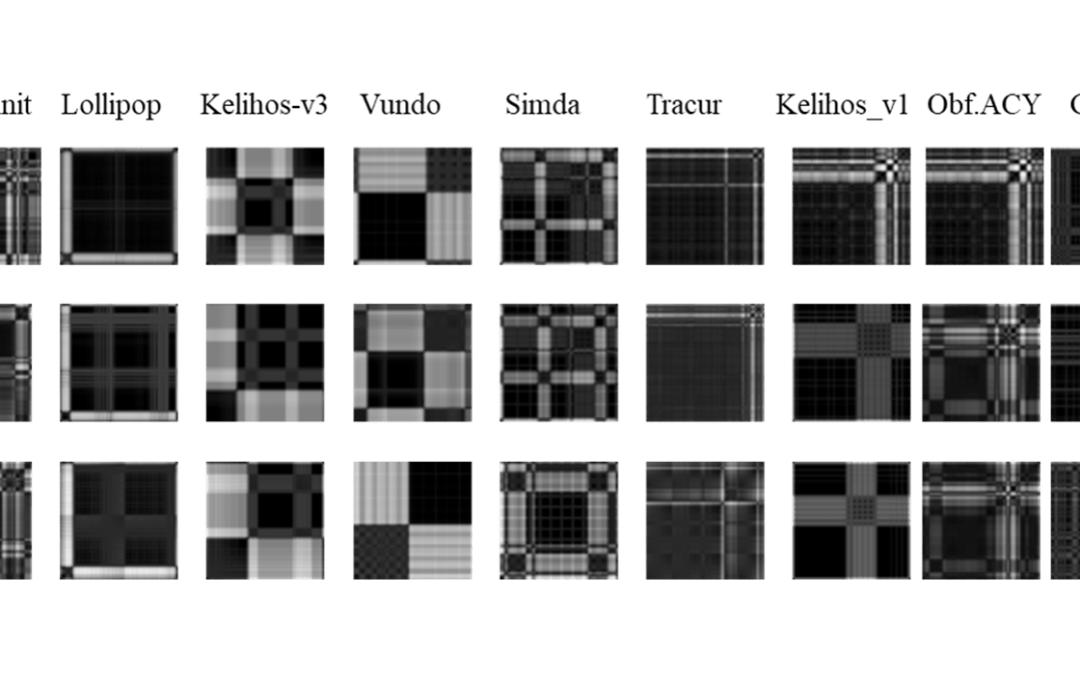
Accurate Identification of Malware by Program Running on Bridges-AI
Convolutional Neural Network Promises Leap Forward in Antivirus Tech
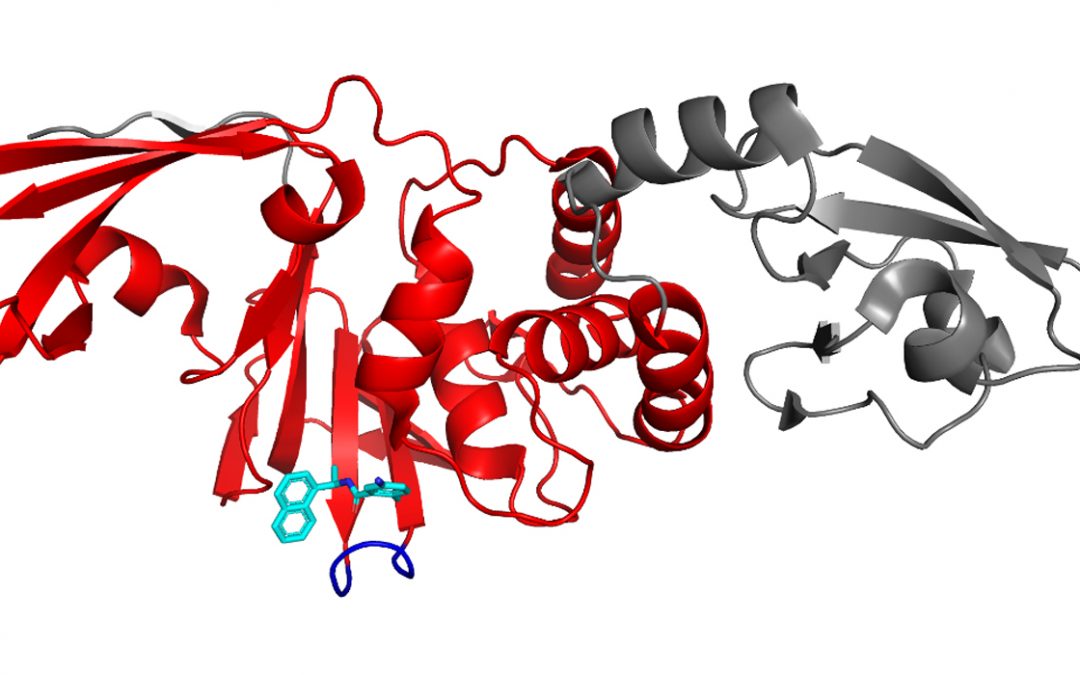
Online Supply Chain Tool Available to Authorities, Public
Website for analyzing critical goods, supply vulnerabilities developed with Bridges

Celebrating International Women’s Day at PSC: Our STEM Heroes
PSC Staff share stories of the women who inspire them
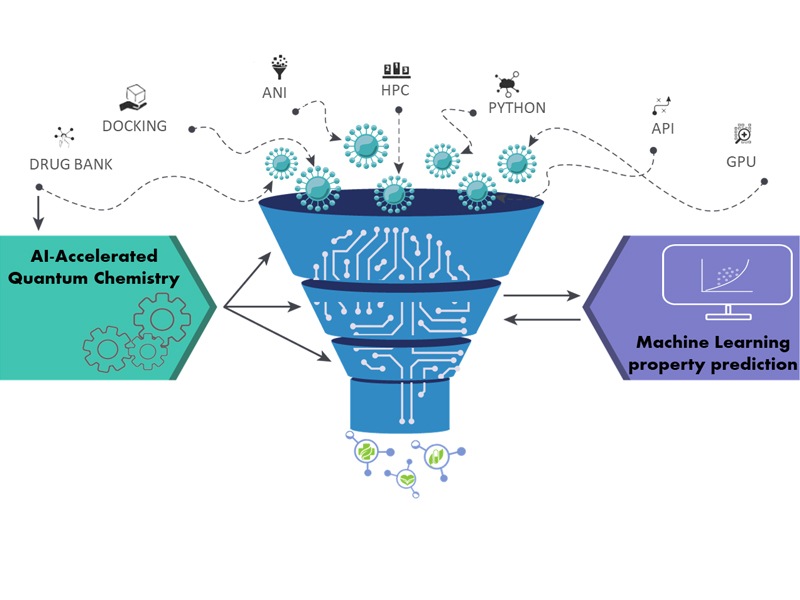
Rapid ID of Potential Anti-COVID-19 Agents Powered by Bridges-AI
AI Identifies More Than 20,000 Compounds with Possible Anti-Virus Activity, Thousands of Times Faster than Earlier Methods
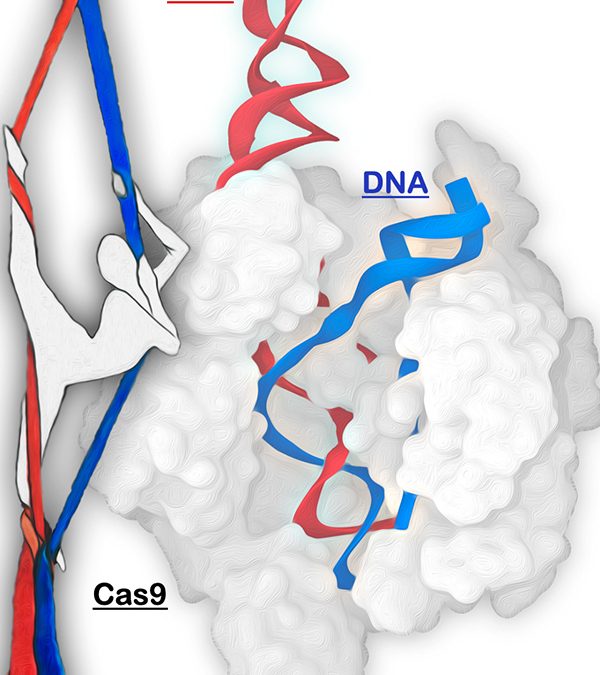
CRISPR Simulation Points to Improved DNA Editing, Gene Therapy
Virtual Cas9 Protein on Anton 2 at PSC Aids Search for Cures for Genetic Diseases
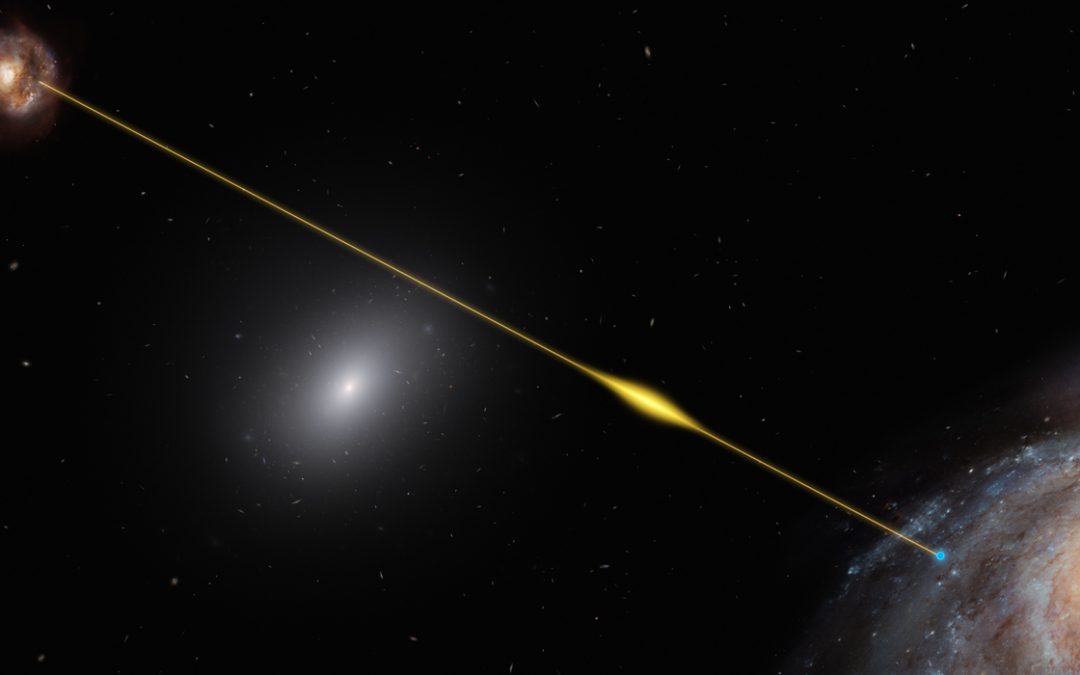
AI Makes Deluge of Fast Radio Burst Data Manageable
Artificial Intelligence on Bridges Makes Processing Thousands of Fast Radio Burst Candidates Possible by Human Experts
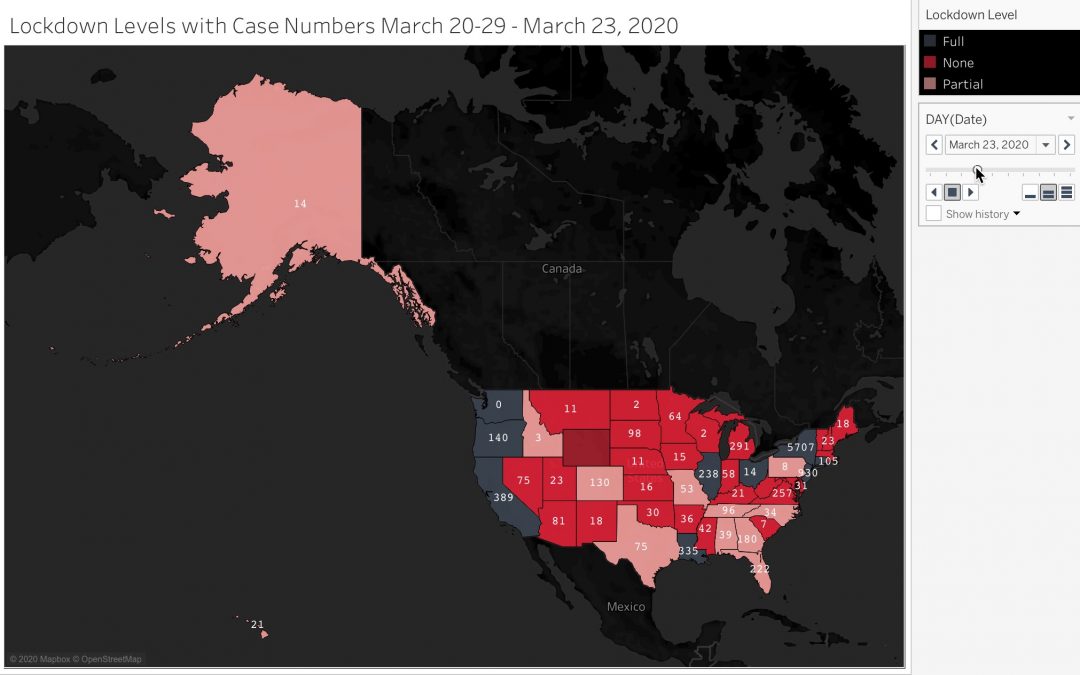
Pgh Data Jam Wins Pitt Community Engagement Award from the Senior Vice Chancellor
$2,000 Grant Will Help Fund Operations, Raise Program’s Visibility in Challenging COVID Year

Bridges HPC System Retires After Five Super Years
PSC’s Big Data and AI Supercomputer Replaced by New Bridges-2 Platform
From the vastness of neutron-star collisions to the raw power of incoming tsunamis to the tiny, life-and-death details of how COVID-19 progresses, the Bridges platform at the Pittsburgh Supercomputing Center (PSC) has seen it all. Now Bridges has taken its final bow, ceding the title of PSC’s flagship high performance computing (HPC) system to the larger, more advanced Bridges-2.
The Dynamic Duo of User Support: Tom Maiden & TJ Olesky
Frontline User Support for Bridges-2 EUP at your service

$1.5 M in State Funding for PSC and Collaborators
The Commonwealth of Pennsylvania has funded PSC and collaborators with $1.5 million in two separate awards.
File Compression
The main advantages of file compression are reductions in storage space, data transmission time, and communication bandwidth. This can result in significant cost savings. Compressed files may require significantly less storage capacity than uncompressed files, meaning...

Tsunami Simulations on Bridges Featured in Big Compute Podcast
Simulations on Bridges shed light on 100 year old mystery.
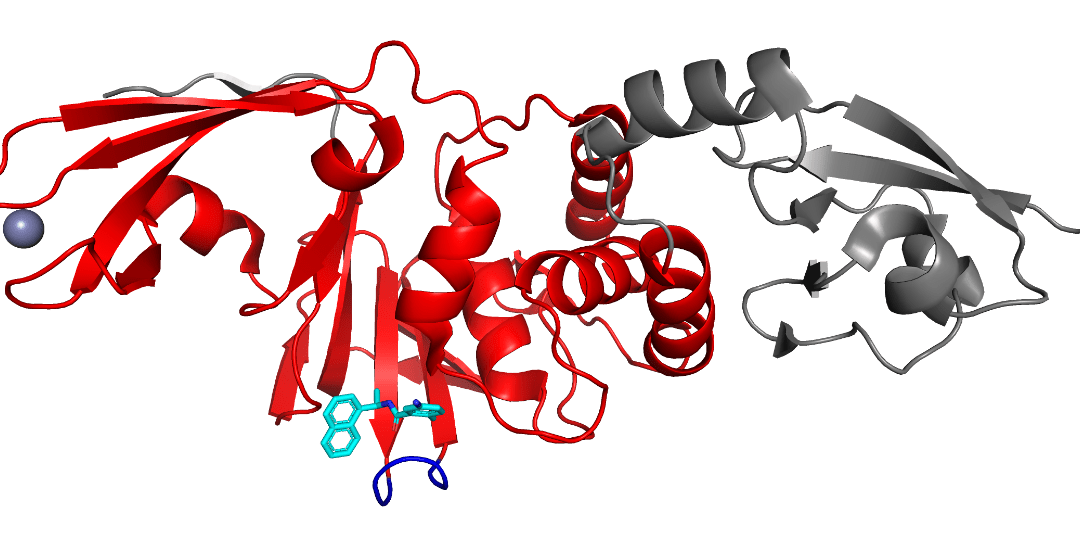
COVID-19 & Neutron-Star Science Using PSC Supercomputers Recognized in Separate 2020 HPCwire Awards
17th Annual HPCwire Awards Presented to Leaders in the Global HPC Community
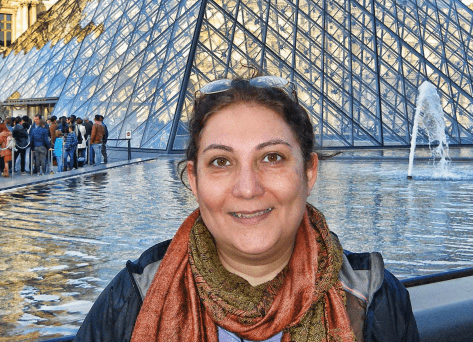
750K Grant to Improve Understanding of Nerve-Muscle Communication at PSC, PITT
Lab, Computer Experiments to Improve Simulations of Signaling between Nerve and Muscle cells, Offering Clues to Treating a Type of Neurological Disease
Two New PSC Systems Begin Operations
Bridges-2 Supercomputing Platform and Neocortex, a Groundbreaking AI Supercomputer, Begin Operations at PSC
Answering the Call
PSC Systems Support Urgent COVID-19 Science
Star Crash
Bridges Powers Artificial Intelligence that Can Speed Simulations of Neutron Star Mergers and Repeated Simulations that Predict Unique Signal from Unequal Mergers
Doubling Down
Computation with Bridges Points to Unexpected Mechanism for DNA Duplication in Parkinson’s Disease
Off to a Good Start
Anton 2 Simulations Kick off Drug Safety Prediction Pipeline
Every Calculation Stabs
Combination of Bridges and Anton 2 Allows Team to Span Time Scales in Simulating Dagger-Like Microbe-Killing Molecule
Experimental Introduction
Introducing Experimental Data into Molecular Simulations on Bridges Improves Predictions of Metallic Glass Structure
Settling In
Bridges Refines Protein Simulations, Approaching Lab Accuracy

HuBMAP Inaugural Data Release: Detailed Anatomical Data about Seven Human Organs for Scientists, Public
Detailed, 3D anatomical data and genetic sequences of healthy tissues from seven organ types, at the level of individual cells as well as many bulk tissue datasets, available to scientists everywhere
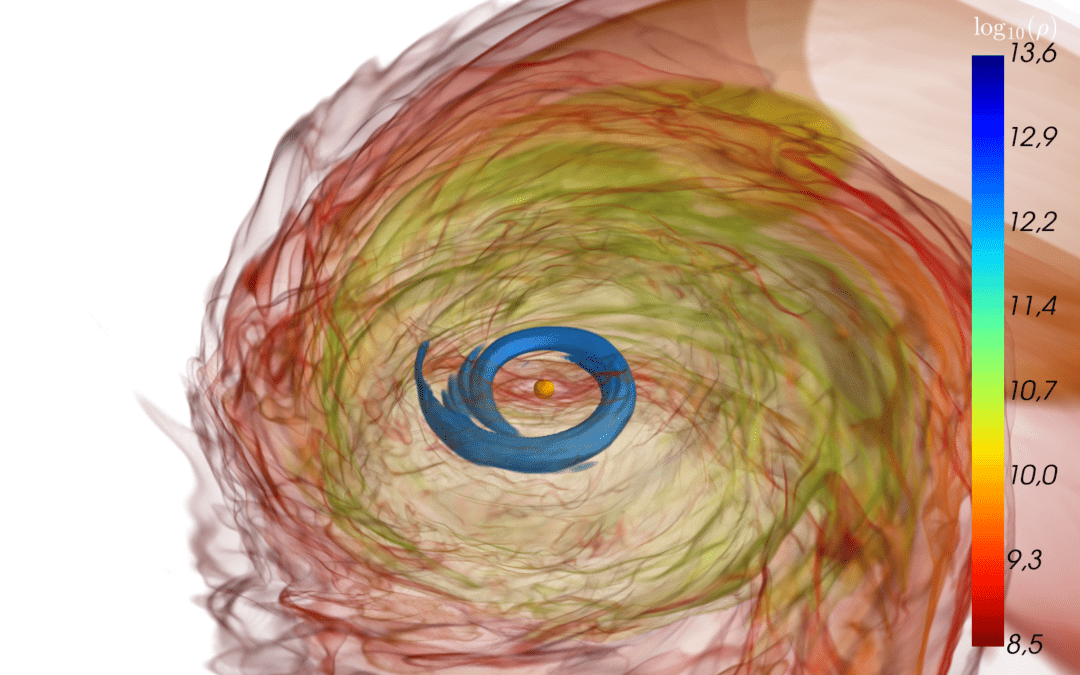
Unequal Neutron-Star Mergers Create Unique “Bang” in Bridges Simulations
Slower and Noisier Aug. 3, 2020 It seems strange to talk about “quiet” versus “noisy” collisions of neutron stars. But many such impacts form a black hole that swallows all but the gravitational evidence. A series of simulations using PSC’s Bridges platform and other...
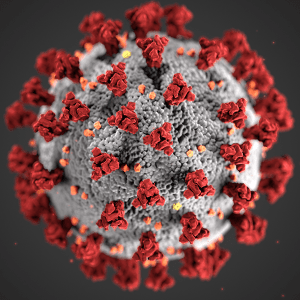
PSC COVID-19 Update: June 15, 2020
Anton 2 Simulates Coronavirus Binding to Human Cells A team at the University of Arkansas is using the unparalleled ability of the Anton 2 supercomputer to simulate molecular systems for microseconds or longer to better understand how the Coronavirus that causes...

The National Science Foundation Awards $5 million to the Pittsburgh Supercomputing Center to Build Neocortex, an AI Supercomputer that Will Introduce Revolutionary Technologies
A $5 million National Science Foundation (NSF) award will allow the Pittsburgh Supercomputing Center (PSC) to deploy a unique high performance artificial intelligence (AI) system. Neocortex will introduce fundamentally new hardware to greatly speed AI research. PSC, a...
NSF Funds Neocortex, a Groundbreaking AI Supercomputer, at PSC
The National Science Foundation Awards $5 million to the Pittsburgh Supercomputing Center to Build Neocortex, an AI Supercomputer that Will Introduce Revolutionary Technologies
PSC Bids Farewell to Rich Brueckner
Saying Goodbye to Our Friend We at PSC are deeply saddened by the passing of Rich Brueckner, leader of insideHPC. For many years, Rich drew on his industry-wide insights to communicate the impact of our field, its companies, and its contributors. Rich’s...
PSC COVID-19 Update: May 21, 2020
Bridges-Powered Experimental Test for Coronavirus Reveals Viral Changes, Host Responses A new experimental test to identify the SARS-CoV-2 virus from genetic material is being developed by an international team led by Weill Cornell Medicine scientists. Their new...
Making Data Lemonade
COVID-19 Pandemic, Isolation an Opportunity for Pittsburgh-Area High Schoolers to Learn Data Science It begins with a data-driven discussion of the national plan to reopen safely. Brian Macdonald, director of data science at a leading healthcare data analysis company,...
PSC COVID-19 Update: April 27, 2020
Anton 2 Molecular Simulation Supercomputer at PSC Available for Urgent COVID-19 Research A specialized Anton 2 supercomputer, developed by D. E. Shaw Research and hosted at PSC, is now available for urgent research with the potential to impact the national COVID-19...
PSC COVID-19 Update: April 13, 2020
University of Virginia Simulating COVID-19 Interventions on Bridges Researchers at the Biocomplexity Institute, University of Virginia, are working closely with PSC to perform highly detailed epidemiological studies of COVID-19 in support of U.S. federal agencies’...
PSC COVID-19 Update: April 1, 2020
PSC Provides Researchers Access to China’s National Genomics Data Center COVID-19 Database Working with collaborators at Weill Cornell Medicine, PSC is currently hosting the COVID-19 database for the National Genomics Data Center of the Chinese People’s Republic. By...
Non Identical Twins
Nonidentical Twins Anton 2 Simulations Show Curious Difference in Action of Paired Neurotransmitters The NMDA receptor protein underlies memory formation. It’s also an important target of drugs for conditions as different as depression, Alzheimer’s disease and...
Picking up the Beat
Picking Up the Beat Anton 2 Helps Identify Unexpected Pathway for Irregular-Heartbeat Drugs Irregular heartbeat—arrhythmia—causes a lot of sickness and death in the U.S. Some medications can treat arrhythmia, but they carry potentially serious side effects....
Microscopic and Huge
Microscopic—and Huge Bridges Powers Visualization of Whole Viruses at Atomic Level An image can help human beings make connections. That’s why a scientist from Catholic University of America is using the large-memory nodes of PSC’s Bridges platform to put together...
Freedom They Printed
Woodblock of an early printing press of the type used to create the Aeropagitica. By Jost Amman -Meggs, Philip B. A History of Graphic Design. John Wiley & Sons, Inc. 1998. (p 64), Public Domain, https://commons.wikimedia.org/w/index.php?curid=2777036 Freedom,...
Galactic Choice
A Galactic Choice Artificial Intelligence Running on Bridges Surpasses Humans at Classifying Galaxies New telescope surveys are discovering hundreds of millions of new galaxies—far more than humans can classify. A National Center for Supercomputing Applications...
Big Waves Happen
Tsunami. Photo by George Despiris from Pexels. Big Waves Happen Here, Too Bridges Simulations Chart Out Worst-Case Tsunami Scenarios for U.S. East Coast Recent tsunamis have killed hundreds of thousands and done vast economic damage. But even areas not known for big...
Looking a Hominid in the Mouth
Chimpanzee maxilla (upper jaw bone). Looking a Hominid in the Mouth Chimpanzee “Oral Microbiome” Shows Surprising Frequency of Species Linked to Human Disease Oral health may have a surprising impact on overall health. But scientists still don’t fully understand which...
PSC Recognized for 10th Year in HPCwire Awards
16th Annual HPCwire Awards Given to Leaders in the Global HPC Community Nov. 18, 2019 For the 10th year, PSC has been recognized in the annual HPCwire Readers’ and Editors’ Choice Awards. HPCwire, the leading trade publication in the high performance computing...
Shawn Brown Selected as Director of the Pittsburgh Supercomputing Center
Oct. 17, 2019 Shawn Brown has been selected as the next director of the Pittsburgh Supercomputing Center (PSC), a joint research center of Carnegie Mellon University and the University of Pittsburgh. Brown, whose work uses high performance computing,...
PSC-Associated Collaboration Begins Mapping Human Body to Single-Cell Level
HuBMAP Consortium Charts out Goals for Navigable 3D Map in Article in Nature
Building Better Batteries
CMU Scientists Use Bridges to Simulate Improved Battery Components
Going with the Flow
Bridges Calculations Shed Light on Heat Transfer Between 2D Electronic Components
He Who Hesitates
Anton 2 Simulations Identify Critical Pause in Flu-Virus Protein Motion; May Be a Target for Future Therapy
Life Isn’t Chess—Times Six
In a First, a CMU AI Program Running on Bridges Overcomes Multiple Human Poker Champions
Peace of Mind through AI
“Deep learning” Artificial Intelligence on PSC Supercomputers Promises Fewer False Alarms and Early Prediction of Breast Cancer Development
NSF-Funded Cybersecurity Center of Excellence Receives $12.5-Million Renewal Grant
Fresh Five-Year Funding Ensures Continued Cybersecurity Support of NSF Research by PSC and Collaborators The National Science Foundation has awarded Trusted CI, the NSF Cybersecurity Center of Excellence, a $12.5 million renewal grant to extend the center through...
AI on Bridges Overcomes Top Pros in Multi-Player Poker
July 16, 2019 Artificial intelligence (AI) research took a big step forward when a CMU AI program overcame the world’s best professional players in a series of six-player poker games. Developed at the Carnegie Mellon School of Computer Science, the Pluribus program...
NSF Funds Bridges-2 Supercomputer at PSC
$10-Million System Will Expand National Capacity for Coupled HPC, AI and Data and Serve Nontraditional and Traditional high performance-Computing Communities July 9, 2019 A $10-million grant from the National Science Foundation (NSF) is funding a new supercomputer at...
AI on Bridges Improves Severe Weather Prediction
Machine Learning Enables Scientists to Spot "Comma-Shaped Clouds" July 2, 2019 Meteorologists can get time-critical help in spotting dangerous cloud formations using artificial intelligence (AI), according to scientists at Penn State and AccuWeather Inc. The team...
CMU Conference Convened for AI and Data
July 1, 2019 In May, 150 researchers, librarians, scientists, computer scientists and industry professionals from 10 countries and dozens of organizations convened at Carnegie Mellon University for the 2019 Artificial Intelligence and Data Reuse (AIDR) Conference. The...
PSC Hosts West Virginia University Supercomputer
April 2, 2019 West Virginia University (WVU), in partnership with the Pittsburgh Supercomputing Center (PSC), has announced the creation of one of the state’s most powerful computer clusters to help power research and innovation statewide. The Thorny Flat high...
Stopping HIV in Its Tracks
PSC Helps Scientists Understand Monkey Protein that Confers Immunity to HIV
Capture and Convert
PSC Helps University of Pittsburgh (Pitt) Team Design Material to Capture and Turn CO2 into Useful Products
Phospholipids at the Gate
Anton 2 Helps Cornell Scientists Discover Unexpected Gate in Molecular “Credit Card Reader”
A Basic Switch
Bridges Simulations Explain Lab Results in pH-Dependent Life Process
Spring 2019: PSC News in Brief
PSC Supplies Computation to Large Hadron Collider Group PSC is supplying computation for the world’s most powerful particle collider. Fermi National Accelerator Laboratory (Fermilab) scientists working on the Compact Muon Solenoid (CMS) experiment, in collaboration...
The Fingerprints of Survival
PSC Helps UCLA-Led Team Identify Genes Associated with Surviving Climate Change
Dangerous Curves Ahead
Machine Learning Enables Scientists to Spot “Comma-Shaped Clouds,” Extreme Weather
Nystrom Named PSC Chief Scientist
Will Serve as Principal Scientific and Technical Adviser to PSC Director March 14, 2019 Nicholas Nystrom has been named chief scientist of the Pittsburgh Supercomputing Center (PSC). In this newly created position, Nystrom will serve as the principal scientific...
Alan D. George Named Interim Director of PSC
Feb. 27, 2019 Alan D. George, PhD, the Ruth and Howard Mickle Endowed Chair of Electrical and Computer Engineering and department chair and professor of electrical and computer engineering at the University of Pittsburgh’s Swanson School of Engineering, has...
AIDR 2019 Begins May 13
May 13-15, 2019 Supported by the NSF scientific data reuse initiative, AIDR (Artificial Intelligence for Data Discovery and Reuse) 2019 is a conference aiming to find innovative solutions to accelerate the dissemination and reuse of scientific data in the data...
PSC Receives Best-Ever Six 2018 HPCwire Awards
PSC Receives Best-Ever Six 2018 HPCwire Awards Awards Recognize Leaders in the Global high performance Computing (HPC) Community Nov. 13, 2018 The Pittsburgh Supercomputing Center (PSC) has topped its best-ever performance of last year by receiving six 2018 HPCwire...
DGX-2 Arrives at PSC
Last month, PSC received an NVIDIA DGX-2, the world’s most powerful deep learning system for the most complex challenges. The DGX-2 is the first 2 petaFLOPS system that combines 16 fully interconnected GPUs for 10X the deep learning performance. These photos show,...
PSC Arm of Genome Analysis Center Awarded NSF Funding
National Science Foundation Grant renewal will support expansion of programs supporting genome biology research Oct. 15, 2018 The Pittsburgh Supercomputing Center (PSC) has received $289,203 in National Science Foundation (NSF) funding for its work as part of the...
PSC Supplies Computation to Large Hadron Collider Group
CMS Experiment Using Bridges Supercomputer to Simulate Collisions for Upgraded LHC Particle Accelerator
Finding Cause
CMU Group Uses PSC’s Bridges to Nail Down Cause in Brain Region Activity
World’s Tiniest Test Tubes in Alzheimer’s Protein Simulation
University of Pennsylvania Team Uses PSC Systems to Explain Puzzling Lab Results
When Winds Get Rough
PSC Experts and Resources Enable Simulation of Non-steady Forces on Wind Turbines
Testing the Footing
Bridges Helps Univ. of Chicago Team Simulate Cell Movement, Upending Scientific Expectations
Function Follows Form
Bridges Simulations plus Lab Work on Frog Neuromuscular Junction Sheds Light on Human Diseases
Putting Neutrinos on Ice
Identification of Cosmic-Ray Source by IceCube Neutrino Observatory Depended on Global Collaboration, PSC’s Bridges
Loose Ends
Anton 2 Shows how APOA1 Protein Ends Link to Hold Together “the Good Cholesterol”
PSC & Pitt Build Infrastructure for Human Tissue Atlas
NIH to Fund Mapping System for Human Tissues PSC and Pitt to Build Computing Infrastructure for Molecular Atlas; Will Allow Biologists to Explore the Human Body in Cellular Detail A collaboration of Pittsburgh institutions will play a key role in enabling biologists...
NSF Funds AI Upgrade for Bridges
NSF Funds Artificial Intelligence Upgrade for Bridges National Science Foundation Awards $1.8-Million for Upgrade to Expand Bridges’ “Deep Learning” Capabilities Sept. 24, 2018 PSC’s Bridges supercomputer is being upgraded to provide the world’s most powerful AI...
PSC Part of New NSF-Funded Cybersecurity Group
$4.9 Million Grant Will Protect U.S. Scientific Workflow Aug. 29, 2018 PSC will be a collaborating institution in a $4.9-million cybersecurity award from the National Science Foundation. The grant will fund a new center focused on protecting and securing U.S....
PSC’s Bridges Supercomputer Extended by NSF
National Science Foundation Awards $1.9 million for Extra Year of Operational Funding Aug. 27, 2018 PSC’s groundbreaking Bridges supercomputer will provide value to the research community for an additional year, extending operations through November 2020, thanks to...
PSC-Led Conference Brings Experts and Students in Advanced Research Computing to Pittsburgh
July 30, 2018 The PEARC18 conference, held in Pittsburgh, Pa., closed on July 26 after five days of tutorials, plenary and contributed talks, workshops, panels, poster sessions and a visualization showcase. The annual Practice and Experience in Advanced Research...
PSC Role in IceCube Cosmic-Ray Neutrino Detection
July 12, 2018 Four billion years ago, the incredible energy of a massive black hole at the center of a distant galaxy—a blazar—created a cosmic ray particle. As part of that process, it also formed a high-energy neutrino and a shower of gamma rays. In September, the...
HERMES Public Health Modeling Software Released for Public Use
User-friendly software that can advance vaccine supply chain decision making is now available April 23, 2018 Public health experts at the Global Obesity Prevention Center (GOPC) at Johns Hopkins University and the Pittsburgh Supercomputing Center (PSC) have released...
Spring 2018: PSC News in Brief
CMU Group Describes “Superhuman” Poker AI in Science In a paper published online in December 2017 by the journal Science, Tuomas Sandholm of the CMU School of Computer Science and Noam Brown, a PhD student working with him, detailed how their artificial intelligence...
You Break It, You Understand It
Bridges Helps Quantum Chemists Understand Break-up of Atmospheric Chemicals
Locked, Not Loaded
Simulations Show how HIV Drug Traps Virus in an Inactive State
Snapping into Place
Anton 2 Simulations Give Clue to Poorly Understood Role of Cellular “Bricks”
Finding the Balance
Pitt Researchers Use Bridges to Optimize Doctor Visits for Kidney Patients
Head Injury in the Cloud
Using Cloud-based “Backfill Cycles” on Bridges Enables Very High Resolution Functional Brain Imaging
Paola Buitrago Appointed Director of PSC’s Artificial Intelligence & Big Data Group
April 6, 2018 Paola Buitrago has been appointed as the founding director of the Artificial Intelligence & Big Data (AI&BD) Group at PSC. The group expands the scope of the center’s activities to enable research through the convergence of AI and high performance...
PSC Launches AI & Big Data Group
April 6, 2018 PSC has a strong history enabling artificial intelligence (AI) research at scale. AI advancements at PSC include Never Ending Language Learning (NELL), led by CMU’s Tom Mitchell and William Cohen, on PSC’s Blacklight system and the 2017...
Phil Blood Appointed Sr. Director of PSC’s Computational Biology Group
April 6, 2018 Phil Blood, widely recognized for his contributions to national genomics and molecular dynamics communities, has been appointed senior director of PSC’s Computational Biology Group. In his new position, Blood is responsible for PSC’s strategy across the...
PSC Launches Computational Biology Group
April 6, 2018 To unify its research efforts and strategic planning in computational biology and public health, PSC has launched a new Computational Biology Group. The senior director of the new group, Phil Blood, will oversee PSC’s Biomedical Applications and Public...
Jason Sommerfield Appointed Director of PSC’s Facilities Technology Group
April 6, 2018 Jason Sommerfield has been appointed director of PSC’s Facilities Technology Group, succeeding J. Ray Scott. In his new position, Sommerfield will be responsible for leading the deployment and operation of high-impact resources for computation and data...
U Penn Team Uses PSC Systems to Explain Puzzling Alzheimer Results
World’s Tiniest Test Tubes in Alzheimer’s Protein Simulation Why It’s Important: The progressive memory loss of Alzheimer’s disease is devastating to the people it affects and to their loved ones. And it’s a problem that isn’t going to go away. According to the...
PSC’s XSEDE ECSS Experts Support Users in Deep Learning
PSC and XSEDE Do AI ECSS Experts Support Users in Deep Learning with Deep Expertise April 3, 2018 Artificial intelligence (AI) research is tackling increasingly complicated problems, creating a need to converge AI, high performance computing (HPC) and Big Data...
CMU Group Uses Bridges to Find Cause in Brain Activity
Finding Cause CMU Group Uses PSC’s Bridges to Nail Down Cause in Brain-Region Activity April 3, 2018 Why It’s Important: At first blush, fMRI seems magical. Doctors can put a person in an fMRI scanner and watch their brain work as they think, perform simple mental...
Bridges Studies Break-up of Atmospheric Chemicals
You Break it, You Understand It PSC, XSEDE Help Quantum Chemists Understand Break-up of Atmospheric Chemicals March 6, 2018 Why It’s Important: Hydrazine and samarium are two chemicals with little in common, other than that humans sometimes introduce them into the...
Levine, Roskies Day in Pittsburgh, Allegheny County
Michael Levine and Ralph Roskies Day Proclaimed in Pittsburgh and Allegheny County Parallel State Proclamations Also Recognize PSC Founders' Legacy of Service and Discovery Feb. 16, 2018 By proclamation of the mayor and the county executive, today is Michael Levine...
PSC, XSEDE Enable Very High Resolution Brain Imaging
MEG-derived results from a CamCAN volunteer are superimposed on MRI images. The images from left to right move upward through the brain. Activity in the right inferior parietal cortex (yellow markers) is higher (red) than that in the adjacent white matter rim (blue),...
“Superhuman” Poker AI Paper in Science
CMU Group Describes "Superhuman" Poker AI in Science Libratus Used PSC's Bridges to Formulate Its Strategy in Contest with Best Human Players Dec. 18, 2017 In a paper published online yesterday by the journal Science, Tuomas Sandholm, CMU professor of computer...
Bridges Optimizes Doctor Visits for Kidney Patients
Finding the Balance Pitt Researchers Use Bridges to Optimize Doctor Visits for Kidney Patients The biggest causes of death in developed countries—heart disease, cancer, chronic organ failure—are complex conditions that may be best treated by long-term management...
CMU, PSC, Pitt Building Brain Data Repository
CMU, PSC and Pitt to Build Brain Data Repository $5M Grant from the National Institutes of Health Will Help Promote Open Data in Neuroscience Dec. 7, 2017 Researchers with Carnegie Mellon’s Molecular Biosensor and Imaging Center (MBIC), the Pittsburgh Supercomputing...
PSC-Led Flu Vaccine Research Wins International Award
PSC-Led Flu Vaccine Research Wins International Supercomputing Award Nov. 14, 2017 Research on the best strategies for offering flu vaccinations to the public at PSC, the University of Pittsburgh and Soongsil University in the Republic of Korea has won a 2017...
PSC Wins Record Five HPCwire Awards
PSC Wins a Record Five HPCwire Readers’, Editors’ Choice Awards Annual Awards Recognize Leaders in the Global high performance-Computing Community Nov. 13, 2017 PSC has been recognized with a best-year-ever five HPCwire Readers’ and Editors’ Choice Awards at the...
Fall 2017: PSC News in Brief
PSC Interns Advance AI, Cybersecurity, System Administration Bridges-Powered Research Wins PEARC17 Award Early Successes on Anton 2 WVU awarded $1 million grant from NSF for new HPC cluster at PSCHPC cluster at PSC PSC Interns Advance AI,...
The Future is Stem
The Future is STEM High School Students Use Bridges as Intro to Supercomputing The future of employment is increasinglySTEM-related. To prepare its students for higher-paying, computationally savvy jobs in science and industry, the North Carolina School...
Inner Space
Inner Space Anton Simulations Uncover Importance of Empty Space for Protein Function Experiments can detect chemical changes on a scale as short as about a thousandth of a second. Most supercomputers can only simulate complex biomolecules for as long as a...
Blue Acres
PSC, XSEDE Support Gene Assembly of Key Aquaculture Species Commercial abalone “aquaculture”—farming the shellfish in enclosures—has exploded over the past decade, becoming a $100-million global industry. Understanding the DNA of the abalone is key to improving and...
Synergistic Voyage
Synergistic Voyage ECSS Collaboration Speeds, Expands Microrobotic Simulations Since the science fiction novel Fantastic Voyage—and before—people have been fascinated with the idea of shrinking our tools so that we could carry out miniature tasks with...
A Picture is Worth a Thousand Dollars?
A Picture is Worth a Thousand Dollars? CMU B School Researchers Use Bridges to Unpack How Photos Help Sell Property It’s not hard to believe that when you advertise a property, a good picture will help you sell or rent it. What isn’t so clear is what factors make for...
From the Director-Fall17
FROM THE DIRECTOR Welcome to the second issue of PSC Science Highlights. I’m honored to follow in the footsteps of Michael Levine and Ralph Roskies, whose vision created PSC and then sustained it for more than three decades. Through their leadership and with the...
PSC to Host WVU Cluster
PSC to Host WVU Cluster Oct. 10, 2017 A three-year National Science Foundation grant totaling nearly $1 million will let West Virginia University (WVU) develop its next-generation high performance computing cluster to advance research in an array of fields, from drug...
Congratulations to IEEE President-Elect
Congratulations to IEEE President-Elect José Moura IEEE members elected Jose M. F. Moura as 2018 IEEE President-Elect https://www.ieee.org/about/corporate/election/index.html
PSC Interns Advance High Performance Computing
Summer’s Up PSC Interns Advance AI, Cybersecurity, Computer Administration Sept. 1, 2017 On two dates in July and August 2017, PSC’s summer interns—a central part of the center’s educational mission—reported the results of their projects to the PSC staff. The...
Choice Works
Choice Works PSC Models Show Value of Vaccine Choice in Fighting Flu Less than half of children and adults under age 65 get vaccinated for influenza. Researchers at PSC, the University of Pittsburgh and Soongsil University in the Republic of Korea used PSC...
Brain Function—What’s Next?
Brain Function—What's Next? A Conversation with David Hildebrand, Harvard University Aug. 17, 2017 The May 10, 2017, issue of the prestigious journal Nature featured an article by researchers at Harvard University and PSC that charted out the first “nano-scale”...
The Best Thing Since Sliced Bread?
The Best Thing Since Sliced Bread Zebrafish Study Reveals First Fine Structure of a Complete Vertebrate Brain. Despite decades of stunning advances in imaging the brain and measuring its activity, we still don’t understand how even a simple vertebrate brain...
Video: Cancer DNA Changes
Identifying Cancer DNA Changes with XSEDE/PSC Resources The scientific field of bioinformatics has for the past five years relied on increasingly larger data sets for new and innovative research. With few in the field trained in computer science, many groups, like the...
Bridging Students to STEM Skills
Bridging Students to STEM Skills “Tell me and I forget. Teach me and I remember. Involve me and I learn.” — Benjamin Franklin The future of employment is increasingly STEM-related. To prepare its students for higher-paying, computationally savvy jobs in...
First Fine Structure of Complete Vertebrate Brain: Harvard/PSC Study
The Best Thing Since Sliced Bread? Zebrafish Study Reveals First Fine Structure of a Complete Vertebrate Brain May 10, 2017 Zebrafish larva head in cross-section. Note this isn’t a single electron microscope image, but many thousands of slices seen on edge. The large...
PSC, XSEDE Support Gene Assembly of Key Aquaculture Species
Blue Acres? PSC, XSEDE Support Gene Assembly of Key Aquaculture Species May 2, 2017 Why It’s Important: Commercial abalone “aquaculture”—farming the shellfish in enclosures—has exploded over the past decade, becoming a $100-million global industry. Red abalone, a...
Modest Increase in Kids’ Exercise May Yield Outsized Benefits
Modest Increase in Kids' Exercise May Yield Outsized Benefits May 2, 2017 Getting just a few more American kids to run and play for 25 minutes three times a week could have outsized benefits in reducing obesity and save tens of billions of dollars, according to...
Heat Stable Vaccines Could Save Lives, Money
Heat Stable Vaccines Could Save Lives, Money April 26, 2017 Health care workers in low-income nations often have to deliver vaccines on rugged footpaths, via motorcycle or over river crossings. On top of this, vaccines need to be kept refrigerated or they may degrade...
From the Directors
From the Directors Welcome to the new PSC Science Highlights! This first issue of our new format highlights a number of success stories in our ongoing mission to enable and support computationally dependent research in traditional and emerging fields, including...
Anton 2 Operational
Anton 2, a specialized supercomputer developed by D. E. Shaw Research that simulates the motions of biomolecules, has replaced the original Anton 1 system previously at PSC. The new machine, operationally supported through a grant from the National Institutes of Health, enables life scientists to simulate much larger biomolecules for longer timescales than was previously feasible.
BRIDGES PHASE 2
The National Science Foundation has approved the Phase 2 upgrade of the new Bridges supercomputer it funded at PSC. The enhanced system offers more speed, memory and data storage for investigators who have used supercomputers and those in fields that never before needed them.
GUT CHECK
GUT CHECK While diabetes poses many life- and limb-threatening problems, it also causes serious changes and problems in the digestive tract. A study using PSC’s Bridges system sifted through the DNA of thousands of microbe species in healthy and diabetic intestines to...
PSC Symposium: Public Health
PSC Public Health Symposium April 21, 2017 - 1pm 300 S Craig St, Pittsburgh PA April's PSC Symposium Series focuses on Public Health Applications. The program will include an overview of the Public Applications team with research presentations to follow....
No Telling
Artificial intelligence (AI) has reached a new level, with an AI poker program beating four of the top specialists in “heads-up, no-limit Texas hold’em” poker. “Libratus,” powered by PSC’s Bridges supercomputer, is a first step in AIs that can handle “imperfect...
PSC in Brief
PSC in Brief PSC Projects Earn 2016 HPCwire Awards Intensive Approach May Help Diversify Bioinformatics Making Big Data DANCE(S) Galaxy Gateway Offers Transparent Access to PSC's Bridges PSC Projects Earn 2016 HPCwire Awards Two PSC projects were cited in the...
More Power To Us
MORE POWER TO US If everyone used electricity at a constant rate, generating power would be simple. But spikes in use lead to under-utilized power and ultimately increased costs. Scientists used PSC’s Bridges and former Greenfield systems to understand the economic...
Hooked Up
HOOKED UP A common way for proteins to hold themselves together is with disulfide bridges. But scientists don’t completely understand why some proteins need them to “hook up” their structure. Researchers used the DESRES Anton system hosted at PSC to discover the...
Bridges Supporting Galaxy RNA Assemblies
Users Can Run Trinity RNA-Seq Assembly Jobs on XSEDE from Galaxy Main Researchers preparing de novo transcriptome assemblies via the popular Galaxy platform for data-intensive analysis now have transparent access to a premier HPC resource ideal for rapid assembly of...
Bridges-Powered AI Defeats Human Poker Experts
PSC System Powers Libratus, and More Jan. 31, 2017 Watch the press conference at the Rivers Casino. In the “Brains vs. AI” competition at the Rivers Casino in Pittsburgh, a CMU School of Computer Science artificial intelligence program—“AI”—called Libratus beat four...
Bridges Supercomputer Completed
Upgrade of PSC’s Big Data System Now in Production Jan. 9, 2017 The Phase 2 Upgrade of the Bridges supercomputer at the Pittsburgh Supercomputing Center (PSC) has been approved by the National Science Foundation (NSF), which funded the project. The approval makes new...
PSC Systems Model Economics of Electric Power Storage
More Power to Us Greenfield, Bridges Models Pinpoint Inefficiencies in Electric Power Storage Why It’s Important: If everyone used electricity at a constant rate, generating power would be simple. Generators that supply a fixed level of energy would be fairly cheap to...
Poker Pros Face Artificial Intelligence
Upping The Ante: Top Poker Pros Face Off With Artificial Intelligence 20-Day Contest at Rivers Casino in Pittsburgh Begins Jan. 11 Jan. 4, 2017 Four of the world’s best professional poker players will match wits with an artificial intelligence developed by Carnegie...
Bridges, Brain Reconstruction Win HPCwire Awards
PSC Bridges and Brain Reconstruction Project Earn 2016 HPCwire Awards Annual Awards Bestowed on Leaders in the Global High-Performance Computing Community Nov. 14, 2016 The Pittsburgh Supercomputing Center (PSC) has received two international...
Fall 2015: From the Directors
Welcome to the Fall 2015 edition of People. Science. Collaboration. This summer we marked a significant transition at PSC: We retired the Blacklight system, and in October will begin constructing the new, National Science Foundation (NSF)-funded Bridges system...
N.C. High School to Use Bridges
N.C. High School to Use Bridges for Computational Chemistry Projects Sept. 27, 2016 The North Carolina School of Science and Mathematics (NCSSM), a public high school for academically talented juniors and seniors from across the state, has received an allocation on...
Bridges Reveals Diabetes, Gut Microbe Links
Gut Check Bridges Reveals Interaction between Diabetes and Digestive-Tract Microbes Sept. 7, 2016 Why It's Important: Many people appreciate how serious diabetes is: it can cause blindness, nerve pain and lack of circulation in the limbs that leads to amputation, to...
Bridges Links Biologists to Wild Genomes
Wild Things Bridges Connects Evolutionary Biologists with Genomes of Wild Species July 13, 2016 Why the Sumatran Rhinoceros Is Important Depressing but true: things don’t look good for the Sumatran rhinoceros. This unique tropical species is all but extinct in the...
2016: Island Time
Island Time Extended Simulation on Anton Shows How Cell-Surface Molecules Cluster Why It's Important: Virtually every process in human health and disease relies on signals getting across cell membranes—the flexible “bags” that enclose the contents of...
Early Effects Glucocorticoids
Early Effects Pitt Group Uses PSC, XSEDE Resources to Learn Effects of Glucocorticoids on Embryonic Nerve Cells April 7, 2016 Why It’s Important Glucocorticoids have been a healing tool for treating allergies, asthma, autoimmune diseases and even some...
Anton 2 Will Increase Speed, Size of Molecular Simulations
Anton 2 Supercomputer at PSC Will Increase Speed and Size of Molecular Simulations Wednesday, Feb. 3, 2016 A $1.8-million National Institutes of Health grant to the Pittsburgh Supercomputing Center (PSC) will make a next-generation Anton 2 supercomputer developed by...
Fall 2015: Bridge to the Future
BRIDGE TO THE FUTURE Bridges Will Bring high performance Computing and Data Analysis to New Fields In 2016, PSC’s newest supercomputer, Bridges, will go online. The $9.65-million, NSF-funded Bridges represents the culmination of lessons learned from PSC’s Blacklight...
Fall 2015: News in Brief
News in Brief DXC EXPANDS SCOPE PSC’s Data Exacell (DXC) pilot project has increased the community of researchers who can use the system and the scope of projects it can serve by adding new hardware and software resources. The DXC team added data storage to the...
Fall 2015: Securing the CHAIN
SECURING THE CHAIN WITH TRINITY Shrimp Transcriptome Offers Secure Future Food Source, Better Understanding of Ocean Food Chain WHY IT'S IMPORTANT Litopenaeus vannamei, the whiteleg shrimp, is the number one human food source from the sea. Over a million tons are...
Fall 2015: A Shift in Perspective
A Shift in Perspective Anton Simulations Upend Picture of How Proteins Work The Anton simulations suggest that PKA has nine distinct communities (A through H). The size of the circles shows how big each community is physically, the width of the lines connecting...
Fall 2015: PSC Impact on PA
PSC's Impact on Pennsylvania PSC provides a significant economic benefit to the Commonwealth of Pennsylvania. In addition to supporting research, education and business activities throughout the Commonwealth, PSC consistently returns many times the state’s investment...
Fall 2015: Understanding Choice
Understanding CHOICE WHY IT’S IMPORTANT Understanding how human beings make decisions is critical in fields like cybersecurity, public health, elections and governance, and economics. How often do people make rational choices, weighing all the options? How often...
Fall 2015: Life is Not Chess
LIFE is NOT Chess COUNTED AS A LOSS OR A “STATISTICAL TIE,” POKER MATCHUP POINTS TO BETTER DECISION MAKING Life is not a chess game. The world is not a chessboard, with every piece visible. Life is more like a hand of poker, according to Tuomas Sandholm of...
Spring 2015: PSC News in Brief
DATA EXACELL MARKS FIRST YEAR WITH USER-DRIVEN ADVANCES User input and experience have helped PSC’s Data Exacell (DXC) complete a successful first year of operation. Thanks to the ongoing dialog with users, the DXC team has advanced the system’s software and gained a...
Spring 2015: All Flesh is Grass?
ALL Flesh is Grass? Blacklight Helps Researchers Untangle Genome of Wheat Progenitor Wheat, a species of grass, provides more protein for human consumption—more flesh—than any other plant. Globally, we harvest 725 million metric tons of...
Spring 2015: Putting Tools
Putting Tools in the Right Hands PSC Workshops Transform Public Health in East Africa In a series of workshops sponsored by the Mozambique Ministry of Health, PSC’s Public Health Applications Group and their colleagues at the Johns Hopkins School...
Spring 2015: Teaching the Machine to See
Teaching the Machine to See Blacklight "Trains" Video Search System for Competition Victory A good example that we live in the era of Big Data is that, as we’ve moved from super-8-film home movies to ever-present smartphones, we’ve all begun to...
Spring 2015: Bridging the Gap
Bridging the GAP Bridges Will Bring high performance Computing and Data Analysis Capabilities to New Fields Today, investigators in important, data-intensive fields such as cancer genomics, the digital humanities and machine learning...
Spring 2015: Janus Channel
Janus Channel Anton Simulations Reveal How Pain, Epilepsy Drugs Work through Same Target Protein If you tried to imagine two neurological conditions as different from each other as possible, epilepsy and non-headache pain would be a good choice....
Spring 2015: FutureMatch
FutureMatch: Enabling Better Organ Exchange Programs Over 123,000 adults and children currently await organ transplants. Unfortunately, only about 30,000 donor organs become available each year. Every day, roughly 20 people die waiting...
Spring 2015: Lifeboat Africa
Lifeboat Africa Blacklight Helps Archeologists Study the Origins of Modern Human Behavior Picture an endangered species. Climate change has forced it into a small refuge. The population has crashed to thousands or fewer. Survival is by no...
Thinking Big Data
$7.6-Million NSF Grant to fund the Data Exacell, PSC’s Next-Generation System for Storing, Analyzing Big Data The term “Big Data” has become a buzzword. Like any buzzword, its definition is fairly malleable, carrying different meanings in research,...
News in Brief: PSC and its Partners
PSC RECEIVES FOUR NATIONAL AWARDS In November, PSC received top national honors in four categories of the 2013 HPCwire Readers’ and Editors’ Choice Awards. HPCwire, the premier trade publication for the high performance computing (HPC) community, announced the...
Two Steps Forward, One Step Back
Anton shows how water leaving, re-entering potassium channel structure delays return to active state WHY IT’S IMPORTANT The potassium channel helps create electrical signals in nerve and muscle cells. This process goes awry in some irregular heartbeat...
So You Want to be a Super Computor
PSC Takes Lead in XSEDE Summer Research Experience Program Young career seekers in the high performance computing (HPC) field often face a familiar problem. You can’t get the job without experience. But another hitch confronts would-be “super computors”...
Roll Out the Beta Barrels
Anton Simulations Reveal How Dangerous Bacteria Install Critical Proteins Why It’s Important In an era of diminishing antibiotic effectiveness, it’s no wonder that bacteria, how they live—and what molecular components they can’t live without—are an...
Building a 21st Century Data Highway
PSC Advanced Networking Group Expands Networking Capabilities for Region, World In the era of “Big Data,” the challenge of moving the vastly expanded data volumes created and needed by today’s researchers has become central. The old network—the equivalent of an...
Shoring up the Weakest Link
PSC Cybersecurity Group Uses Technology, User Savvy,to Guard Supercomputing Resources Nationwide Luckily, the woman was smart. When a waiter brought her a phone, saying her credit card company was calling her, she smelled a rat. The caller, claiming to...
Cosmic Tug of War
Large Dark Matter Halos Favor Growth of Larger Early Galaxies Nov. 20, 2015 WHY IT’S IMPORTANT Few scientific questions are as fundamental, or fascinating, as the origin of the Universe. And we can see the early Universe. The farthest galaxies from us are so far away...
Breaking out of the Digital Document Graveyard
Blacklight Used to Extract Meaning from Cursive Script, Allowing Scanned Documents to be Searched Step 1: Correct rotations and reduce smudges and bleeds to produce a spreadsheet-like document with identifiable cells. Step 2: Create a statistical picture...
From the Directors
Welcome once again to Pittsburgh Supercomputing Center’s biannual report, featuring the pathbreaking projects being pursued by our users, our staff and our students. We’re very pleased in this issue to cover a broad spectrum of work, including research, technical...
Protein Research Leaps Forward with Anton at Pittsburgh Supercomputing Center
Protein Research Leaps Forward with Anton at Pittsburgh Supercomputing Center Special-purpose supercomputer's stay is extended, with new round of time allocations PITTSBURGH, July 21, 2011 — Using a special-purpose supercomputer for biomolecular simulation, U.S....
